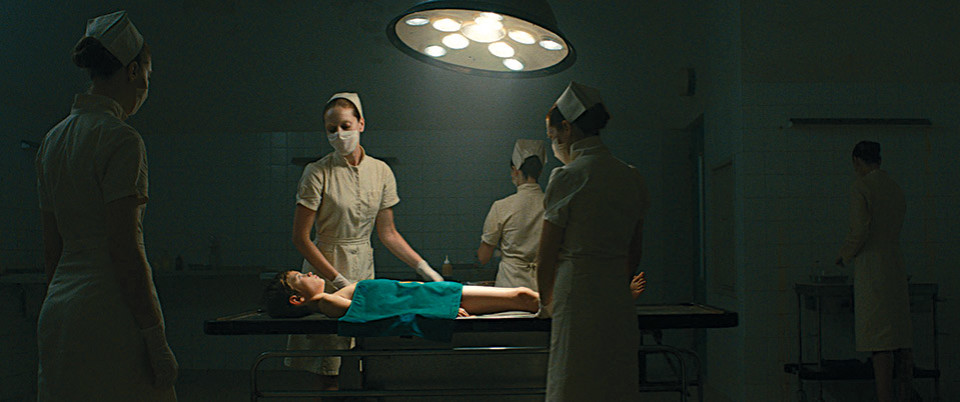
2016:
THE YEAR iN
CiNEMA
Since 2004, right around Oscar time Funderburg and Cribbs have been transmitting to the world their thoughts on the preceding year in film. This year is no different and why should it be?
What we have here is the joint list of their favorite films of 2016 followed by their individual thoughts on particular films, trends and movie-type phenomena. As always, it's a massive, massively opinionated collection of dumb jokes, observations of enigmatic purpose, assertions of questionable taste and inarguably genius criticism.
With this being the greatest year for le cinema in quite some time, this annual review is notably joyful and enthusiastic about what was happening on screens in the year numbering two thousands and sixteen ones. But just go ahead and read it already - to paraphrase John Huston: if you do it right in website-and-social-media-based film criticism, the thing happens, right there on your computer screen.
THE PiNK SMOKE'S
FAVORiTE FiLMS of 2016
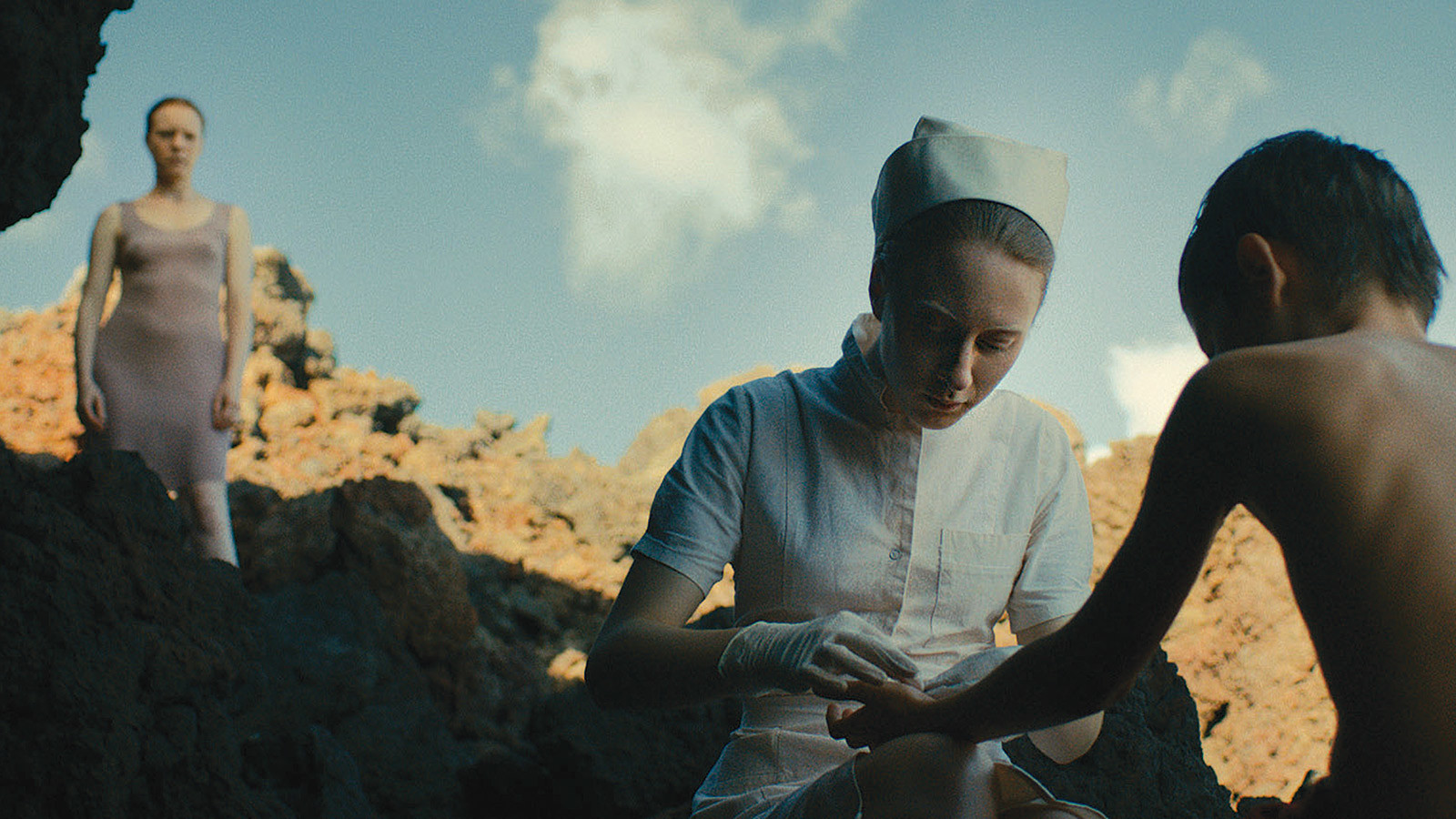
EVOLUTiON
lucile hadžihalilović, 2016.
It opens with death, crests with birth and resolves with transformation from child to adult. It's evolution run amok, and maturation isn't the only thing shaken up by Lucile Hadžihalilović in her long-awaited second feature. The laws of genetics and the balance of nature versus nurture also get turned upside down as we're presented with a group of frail boys fostered by pale women with bleached eyebrows living in a colorless village straddling a vibrant coral seaside. The white houses contrast the vivid greens and sheathing blues when the young men dive deep into the underwater world, as if the population had colonized a timeless, exotic foreign planet. As in Hadžihalilović's robust debut Innocence, the environment would seem almost like paradise if it didn't also feel like a prison. When the action moves to a forsaken hospital with walls the dark green color of the surrounding sea, the confinement turns to invasion as the boys are subjected to unexplained procedures under the scalpels of their inhuman guardians. Something sick, sinister, perverse - but in Hadžihalilović's beautifully composed model of biological imbalance, it's also something like poetic destiny.
As a viewer, I've struggled this decade with the insistence of aesthetic in art-house cinema, namely films in which the director devises gorgeous images formulated to stand for themselves. It's an ongoing challenge to balance the visual language of a film (you know, the film part of a film) with the intellectual force behind it. Evolution's long, cryptic stretches of dialogue-free imagery, lusciously photographed by Manuel Dacosse, would be nothing but expertly-crafted eye candy if Hadžihalilović were any less a master filmmaker. As it is, words fail to express the deep-rooted profundity of what she shows us. Imbued in her textural compositions, what we see and hear (this movie is a miracle of sound design) is no less than the history of art and science. The film's story is easy to follow, but it's bound to the unknown, as much a mystery as the make-up of our bodies and the ultimate purpose of existence. A single shot says a million things at once: biology is terrifying, humankind itself is such an anomaly of nature, our connection to the world is vague yet imperative. Come into this film knowing nothing and it will tell you everything.
Someday (based on her frequency of output, I'd say either 25 or 40 years from now), Lucile Hadžihalilović will make a movie about adults. Considering that her 30-year career, 2 features and 3 shorts under her belt, is practically still in its infancy, I'd say her subject will mature around the same time as she does. To imagine what to expect from her at that point is staggering.
~ john cribbs
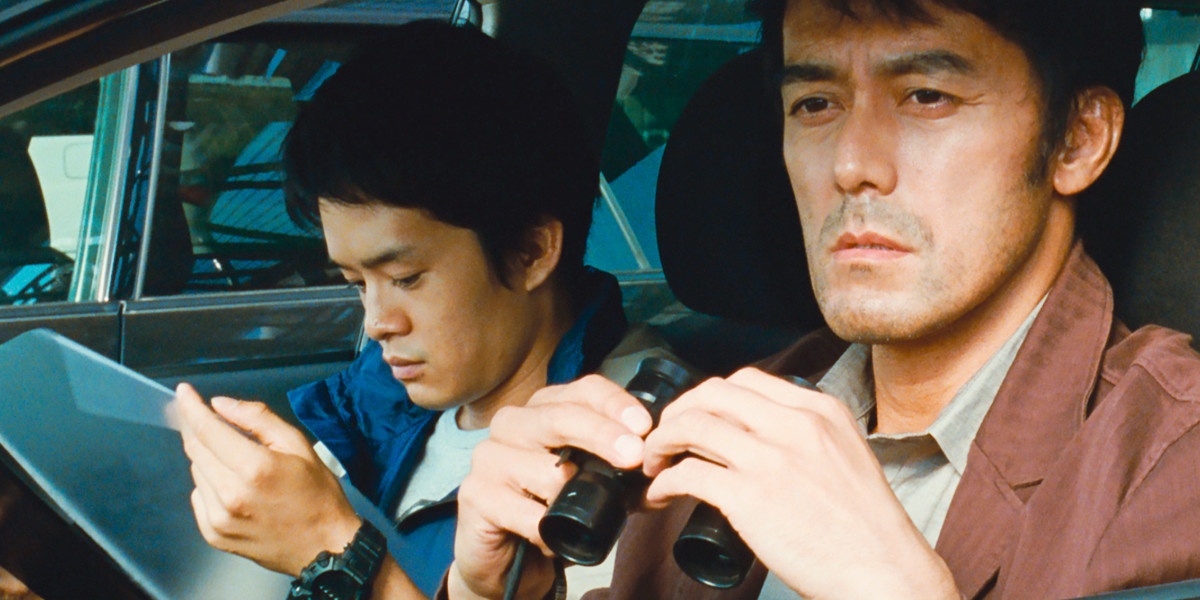
AFTER THE STORM
hirokazu koreeda, 2016.
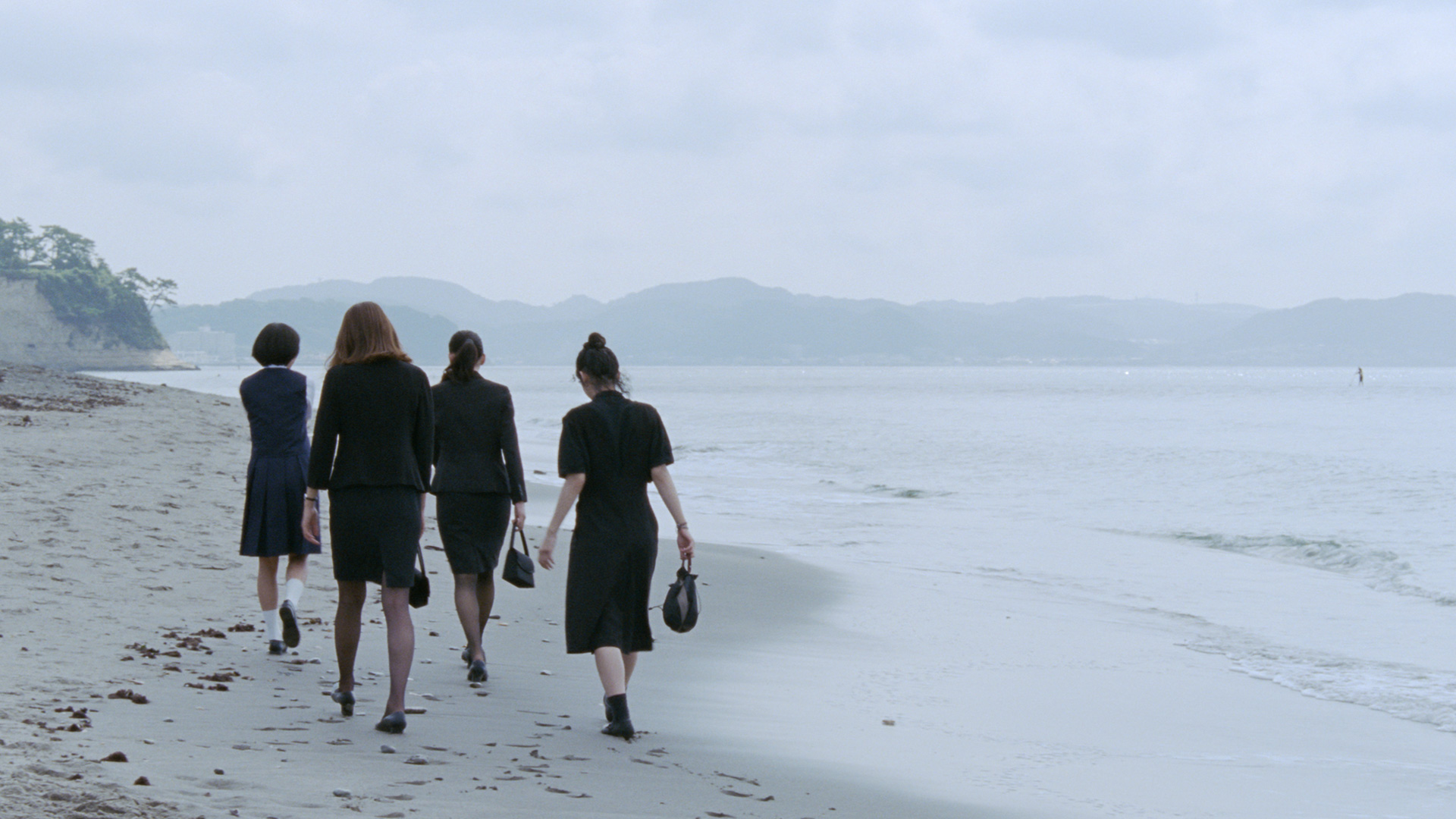
OUR LiTTLE SiSTER
hirokazu koreeda, 2015.
At some point in the future, maybe decades from now, folks will look back with awe at the current run Hirokazu Koreeda is on. Since finding himself as an artist with Nobody Knows in 2004, he's been on a streak of artistic success that has only picked up steam: Hana, Still Walking, I Wish, Like Father Like Son and now his most recent duo. The only misstep he’s made in a decade was Air Doll, the kind of faintly whimsical, surreal film he used to make in a different artistic life. Without question, looking back he will be considered the greatest Japanese filmmaker of the early 21st century. So why do so few people here in 2016 care?
The essential modesty and intimacy of his work perversely prevents his genius from being seen clearly in its time: he is not a filmmaker that demands to be acknowledged for his brilliance. He demurs from artistic vanity. In combination with his aesthetic and narrative modesty, his extremely narrow thematic focus makes it easy for audiences and critics to feel like each new masterpiece is “more of the same.” Another story about the difficulties between parents and children, another test of the bonds between siblings, another romantic union that won’t properly join together.
Our Little Sister feels like the culmination of all he has been building towards, the perfect expression of a lifetime of artistic development, whereas After the Storm’s notable quality is its minor variation on the traditional Koreeda format: it places its main character in the world of sleazy private detectives. But both are more of the same: both films feature boisterous shared meals with specific familial meanings, innocent kids doing their best to make due in difficult situations, failures to live up to expectations, the burden and joy of family. That’s all there is in Koreeda: the burden and joy of family. In time, anyone who cares to look will see his work's simplicity and it will fill them with awe.
~ christopher funderburg
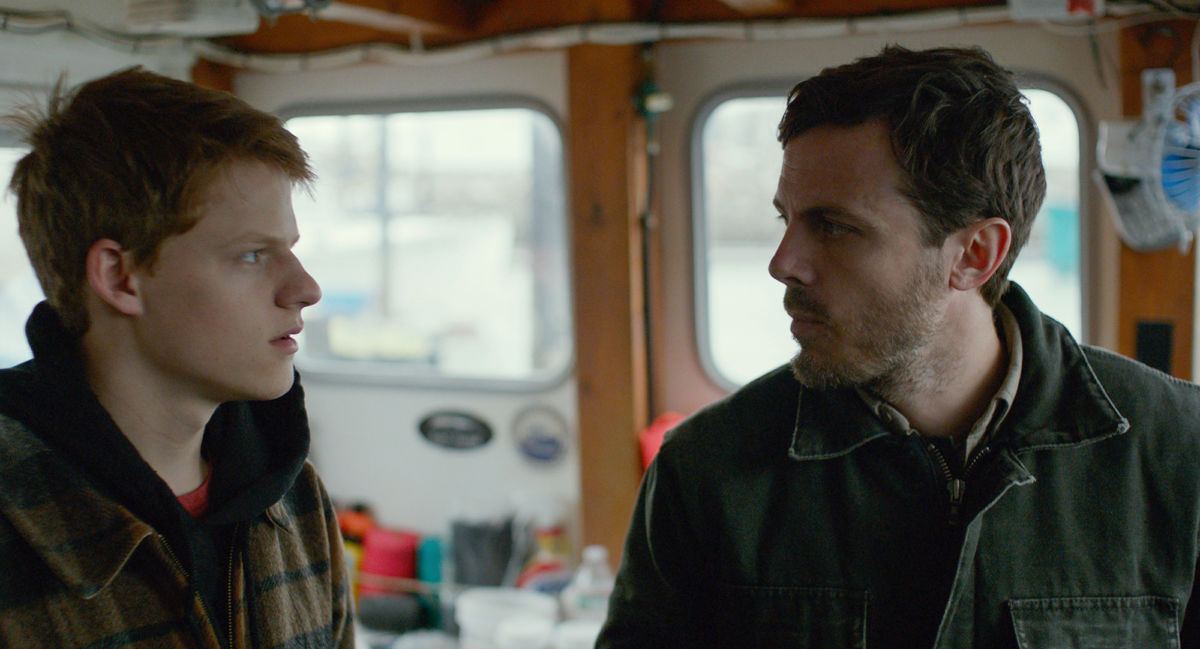
MANCHESTER BY THE SEA
kenneth lonergan, 2016.
Manchester by the Sea is Kenneth Lonergan's worst movie.
It's also easily one of The Pink Smoke’s favorite films of the year. This is what happens when you're dealing with a guy who only makes masterpieces: you can't help but rank them in your head, even though rating a director's work against itself is something we all need to try to do less. Manchester is obviously informed by and builds upon the kinds of worlds Lonergan explored in You Can Count on Me and Margaret, so in all fairness I think the film's greatest flaw - its female characters - becomes more glaring compared to the incredible female characters from those previous movies. Although if you think about it, his now-classic debut was an unforeseen sleeper and, based on Margaret's troubled production, the assumption there was that his outstanding sophomore movie might very well be a huge fucking mess. So Manchester is the first time I expected the trademark Longeran brilliance: even though it delivered in spades, it still suffers from high expectations which I didn't have for his first two films.
Now that we've gotten that out of the way, what is that trademark Longeran brilliance? In terms of offering insight into the delicate and devastated relationships between people, Manchester is sublime: an unsentimental slice of life which wonderfully, painfully examines the joy, the heartache and the necessity of being connected with one another. Tension and comedy is culled from various scenes where two people have things they need to say to each other, things they both know, but skip the opportunity in favor of the most rudimentary of awkward social graces. Nobody gets away with just living: they're all slaves to the arbitrary, so concerned with the maintenance of a house, a boat, a stranger's toilet, that to say anything about how cruelly indifferent is the universe to their undemanding attempts to just live becomes not only pointless but forbidden. We find his characters utterly defeated, only just barely able to maintain a presentable emotional front and resemble actual human beings. There's comedy to be found in the stoic mechanics of these hollowed-out shells (if it weren't for Love & Friendship, I think Manchester would have more laugh-out-loud lines than any other film in a year full of films with laugh-out-loud lines), but when it gets to be too much - jesus. Just find me a movie that’s more emotionally taxing, I might actually kill myself.
Such is the incomparable juggling act of Kenneth Lonergan, a creator of novelistic expansiveness who absolutely belongs to the cinema. Although his style is straight-forward and unpretentious, it's positively lyrical: Manchester's subtle shifts from the past to the present would be almost imperceptible if the characters weren't so perfectly defined by where they are in their life. In that way, the geography of the film becomes that much more important: the before-and-after of a town so scenic you could easily lose yourself there becoming the place where you lost yourself. This is a lot to put on your actors, so it's no small feat that Casey Affleck and Lucas Hedges give performances that go above and beyond the very arduous material. And if this is the nadir of Longergan's career, just think what we've got to look forward to.
~ john cribbs
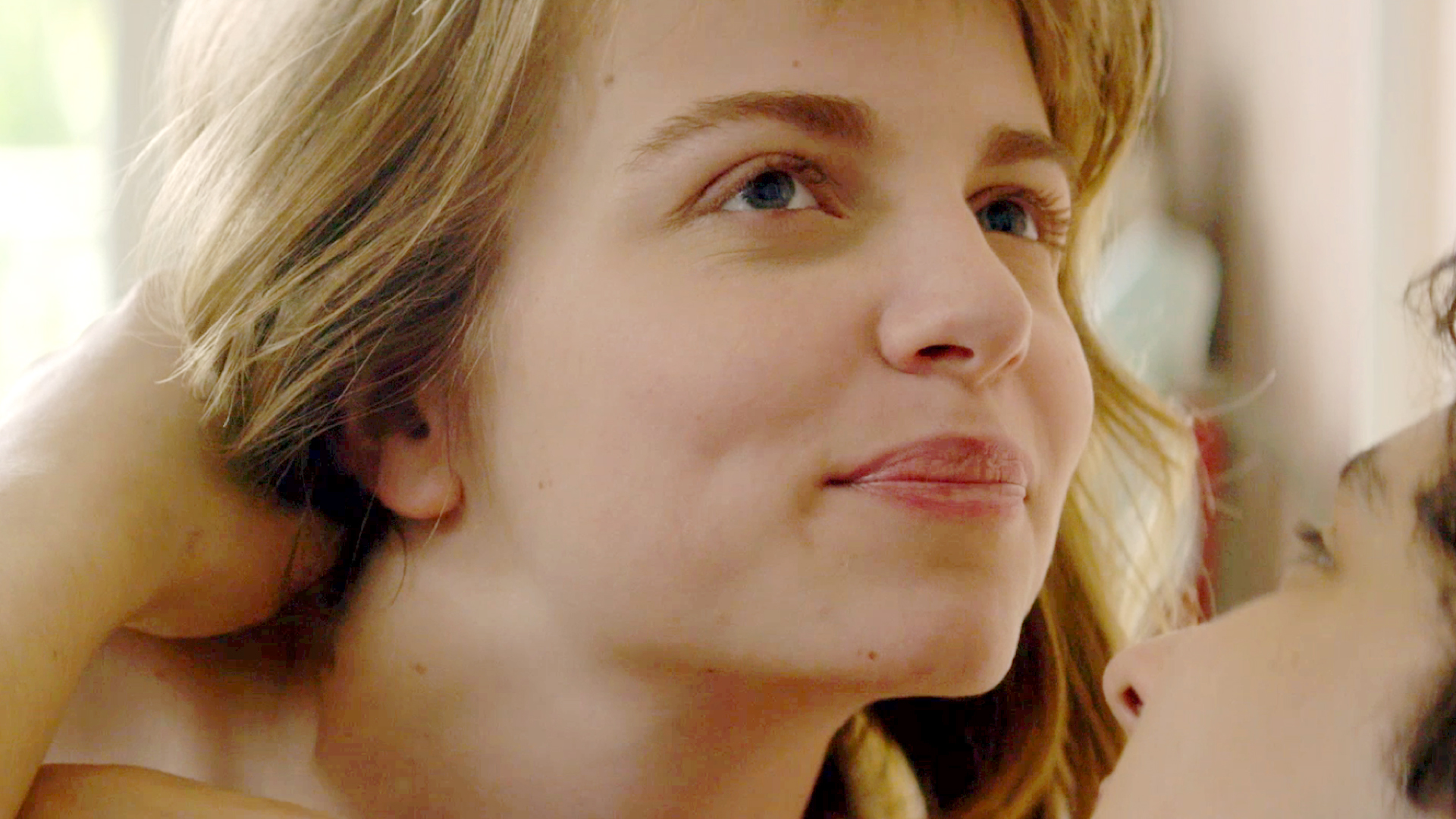
MY GOLDEN DAYS
arnaud desplechin, 2015.
For his entire career, Arnaud Desplechin has been a difficult filmmaker to tout. His back-to-back successes Kings and Queen and A Christmas Tale seemed to indicate a turning point where he would ascend to the ill-defined status of Modern Master of World Cinema, an implied label conferred upon folks like Pedro Almodovar, Michael Haneke, or even Olivier Assayas. But his next film, Jimmy P.: Psychotherapy of a Plains Indian, came and went with almost no notice - a reception that’s somewhat understandable considering that the film, while not nearly as bad its reputation, is also not exactly what you’d be tempted to call “good” or even something you'd tell sympathetic parties to go out of their way to see. The indifference greeting My Golden Days, however, is entirely puzzling: along with The Empty Box, this is the film on this list where its reputation and excellence are most out of whack.
What’s the explanation for such an unforgettable film being almost immediately forgotten? The critical tendency is of course most comfortable with filmmakers who display a stylistic rigidity: the Dardennes, Haneke, Kiarostami - filmmakers whose works can be quickly identified by their aesthetic configurations and philosophical focus. But apart from a few shared performers, connecting My Golden Days to Kings and Queen or La sentinelle is damn near impossible. Sure, Desplechin’s mascot Mathieu Amalric appears in what amounts to a cameo, but should it matter that otherwise a new Desplechin seems to appear with each film? The transformation, though undeniable, is also subtle: he doesn't jump from making a slasher film to a back-stage musical to a cop drama, he's not a chameleon in terms of genre or even style. But that only makes the change more elusive: each film is a new filmmaker, one with a new set of ironies and a different tact for approaching a broad set of concerns like love, sex, motherhood and politics. He is a difficult filmmaker to praise with precision.
In My Golden Days Desplechin’s newest self explores a series of memories: the formative romantic relationship of a budding radical who in one of the film’s many elliptical shifts drops his interest in refusenik spy games in favor of Parliament Funkadelic records and an elusive fellow student. Their strange relationship opens every kind of question there is to be had about what it means to be young and in love. The film builds to an epilogue in which the character, now a middle-aged man, confronts an old friend about a youthful betrayal with a startling rage that’s puzzling in its ferocity. But that is Desplechin’s virtue: both within each film itself and in consideration of the totality of his body of work, he always leaves us asking “where did this come from?”
~ christopher funderburg

PATERSON
jim jarmusch, 2016.
My love for Jim Jarmusch has never dwindled. Even when lamenting that most of the Coffee and Cigarettes sketches are useless and The Limits of Control is an almost completely hollow excuse to put slick characters in front of the camera, he's never not been my fuckin' boy. But Paterson made me realize that when it comes to his work, I've always felt a certain estrangement. While I'v recognized aspects of myself in the clueless travelers of Stranger Than Paradise, the obsessed music geeks from Mystery Train, even Jeffrey Wright's Broken Flowers crime fiction enthusiast, at the end of the day Jarmusch is just too cool for me. His infatuation with foreign cigarettes and antique ouds, the French Quarter and Helsinki, Carl Perkins and Nikola Tesla form an artistic persona that I've always admired but never really connected with the way I have other filmmakers. And over the years, the farther his cinematic travels have stretched - a reluctant gunslinger spirited away to a Neil Young-scored nirvana via Cayugan canoe off the Oregon coast, a Cameroonian hitman killing Bill Murray in the Tabernas desert, an ancient vampire admiring the voice of a Lebanese singer in Tangier - the farther I felt left behind.
Which is absolutely fine. I don't expect Jarmusch to make movies just for me, and while it's been more of a jog keeping up with where his obsessions have taken him, I always feel enriched by the viewing experience (even if they don't mean much in the large picture of my own life.) So imagine my surprise seeing the stripped-down Paterson, in which Jarmusch - a man who has forged his own paths and written his own inimitable code of independence that has allowed him to make the kind of movies he wants his way and be successful at it for four decades - celebrates the existence of an artist whose ambitions are just as fiercely modest as Jarmusch's pursuits are expansive. The film follows a small-town bus driver through a repetitive cycle of waking up, getting dressed, driving a bus all day, having dinner with his wife and going out for a drink; when he has time, he composes poems in a notebook. This is a character clearly miles away from the globe-trotting prince of cinematic cool, but one that Jarmusch demonstrates an uncanny empathy towards. Paterson is a respectful, almost admiring study of the delicate wonder of sameness; an ode to, in the director's words, "people that are centred in themselves and aren't necessarily ambitious and have nice qualities and are creative and balanced and centered." About as far from strange or mysterious as you can get.
Now I don't know from poetry. William Carlos Williams is as far off of my map as Giuseppe Ciancabilla or the White Stripes. But I do know about self-imposed hermetic artistic existence. All my adult life, I'd had to defend my decision to settle in a small town, keep a low profile and be content working on my decidedly non-earth-shattering writing. I've even had to justify these choices to myself: Do I really think this is just a 16-year transitional period? Am I afraid of failure? If my life is dedicated to this one thing, why am I doing something else? Why do I drive this bus every goddamn day? Do I really think I'm gaining the kind of experience a creative person needs by treading the same largely unchanging path day-in, day-out as I grow older? These are complicated personal issues and I don't think Jarmusch wants to make a case for or against this sort of life. But he obviously appreciates the simplicity of it and is open to the idea that there are artistic advantages to being in a love with a woman, listening to people talking, even maintaining a healthy routine that in their own way can be as inspiring as crossing the Shahara Bridge in Yemen. At the very least, he seems to suggest that the situation is not necessarily a hopeless one.
Not that Jarmusch doesn't make sure to point out the pitfalls of such a sheltered life: I've certainly felt the private devastation of losing a notebook. Which opens up the bigger picture of who art is really for and how unacknowledged talent is really all that separates William Blake the poet from William Blake the accountant. Paterson shares Dead Man's cosmic designative correlations: the protagonist sharing his name with the town made me seriously wonder if Adam Driver's name had anything to do with Jarmusch casting him to play a bus driver (Jarmusch's longtime companion Sara Driver has the same surname and seems like an obvious template for the Laura character, Paterson the poet's wife.) To punctuate this, Jarmusch builds a geographical importance into the story - Paterson's town (Paterson) not only determine his daily habits, it stimulates his creative drive by opening every day for him, as dependable in its monotony as the train that passes through Memphis. Maybe it's all not so mysterious after all: what do the heroes of Jarmusch films really need but the comfort of closeness and a place to belong, whether it be an expatriate vampire in Detroit or New York natives who don't belong in Cleveland? Is Paterson really safe, or as far from safe as one could hope to get?
One last thing: I'm aware of some of the criticism the representation of Golshifteh Farahani's Laura has received. While I understand the impetus behind complaints that Laura is painted as a domesticated doll, a frivolous flibbertigibbet whose "little projects" are presented as "oh so adorable", I don't personally agree with those criticisms. Her art is no less important than what her husband is doing, it's just that while Paterson's artistic endeavors are soft, Laura's are loud. Although Jarmusch suggests a certian "purity" to Paterson's poetry-writing, there's never an indication that Laura's obsessive baking, painting, design work and her ambition to become a country-western singer are any less genuine. (You think Jarmusch doesn't love that guitar? Maybe you didn't see Only Lovers Left Alive.) Living with an artist whose work is constantly in galleries and on the covers of magazines, I felt that much more of a connection to the film thanks to Farahani's performance. Even coming from a boring white straight guy who holes up in a small town, I hope that's worth something.
~ john cribbs
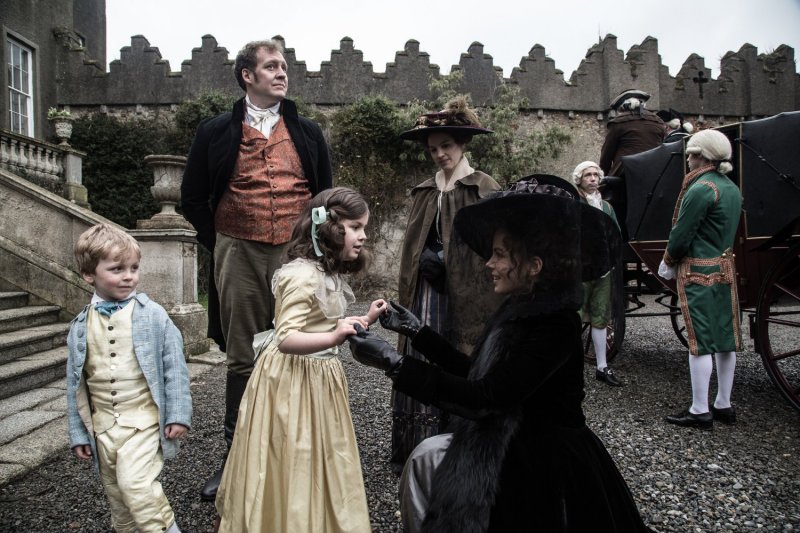
LOVE & FRiENDSHiP
whit stillman, 2016.
There are few archetypes more enjoyable than the “charmingly unrepentant asshole” and Kate Beckinsale’s Lady Susan Vernon surely is in the running for the finest specimen ever produced in the genus. The “charmingly” part is naturally what’s trickiest about this sort of character - it’s not hard to end up instead with “smugly,” “annoyingly” or “detestably.” For every Valmont there’s fifty Van Wilders. Maybe the mediations of a period piece help the situation, but for whatever reason from the outset Beckinsale’s moral repulsiveness is wonderfully appealing. It always helps for this kind of character to have a healthy assortment of morons and stiffs to play off of: with Tom Bennett and his amazement “little... green... balls” as a highlight, Beckinsale has more than enough grist for her mills - the scheming social climber is always most satisfying when stepping over jamokes who were never deserving of their privileged status anyway.
It’s easy to imply a negativity and nastiness of this sort of artwork, but there was no cinematic experiences this year (apart from maybe Everybody Wants Some!!) more purely joyful than Whit Stillman’s adaptation of a minor Jane Austen tale. Like a good Austen story, the marriage between Stillman and the author was both entirely natural and unexpected - both artists are steeped in verbal dexterity, social mores and class tension, but before it came to be I can’t imagine anyone had the thought that tackling the author should be Stillman’s next move. It turns out it’s perfect and while “movie entertainment” has been co-opted to mean only superheroes and Vin Diesel, it’s hard to think of a more delightful example this year of simple “movie entertainment” than this unlikely and perfect synchronization of Stillman, Austen and Beckinsale.
It’s the most quotable film of the year by double, breezy and light without being fatuous or facile, pulverizingly delicate, cerebral in service of licentiousness, a total surprise for delivering what should’ve been expected from known quantities in the author, director and star. Like Susan Vernon, the film gets you right where it wants you and has you eating out of the palm of its hand, even as its reputation precedes it. What better heroine is there than the one who would be a villainess under a more imprecise rendering? Beckinsale is marvelous in the film - I refuse to believe anyone could resist her; which is, after all, the idea.
~ christopher funderburg
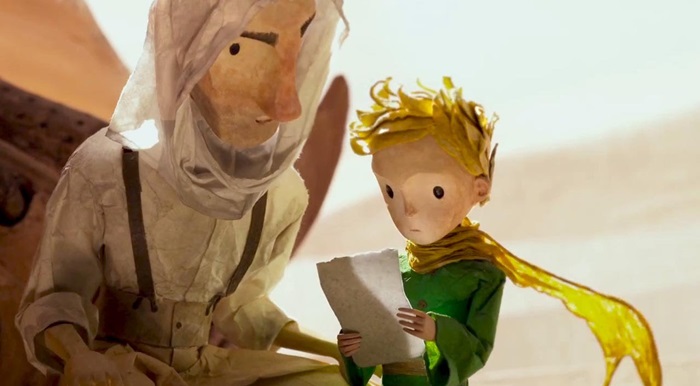
THE LiTTLE PRiNCE
mark osborne, 2015.
A lot of people were pretty angry by the end of 2016. I beat everybody to the punch by being angry at the beginning of the year, when Paramount canceled the wide theatrical release of Mark Osborne's The Little Prince one week before its announced date.* The Pink Smoke is a huge fan of Kung Fu Panda and Osborne's stunning short film More** - we've been waiting for his next feature for 8 long years. The Little Prince turned into a passion project for him: he even had Coraline modeller Joe Schmidt create a "magic suitcase" containing a mural of constellations and giant art book of illustrations with hidden chambers containing a mock-up of Antoine de Saint-Exupery's original story, which he used to pitch the idea to hundreds of studio executives, artists and potential performers. His vision was ultimately, exhaustively realized, but instead of basking in its spelendor on the big screen Americans had to watch it on their pitiful television and computer screens via Netflix. Boo!
I mean, I guess that's a better "screwed-over scenario" than the movie never having gotten made. But what Osborne and his team created is nothing short of epic, both visually and philosophically, and it deserved the proper stage (and an Oscar nomination, which its lack of a theatrical release almost certainly ensured wouldn't happen). Understanding that a straight adaptation of the material would never work, Osborne expanded upon Saint-Exupery's ideas, building a new framing narrative and characters to occupy its extended world. Encapsulating the book's tribute/eulogy to a certain way of seeing, the film is flooded with six movies worth of innovation and experimentation. A French co-production, it shares with recent marvels of French animation The Illusionist, Ernest & Celestine and Song of the Sea a devotion to the excitement of ideas more than an obligation to plot. Little Prince never runs out of ideas or energy: its love of literature, aviation and geometry (even its childlike disdain for order) are all side dishes.
It's far from perfect. The CG animation of the framing story, while engaging, suffers next to the jaw-dropping gorgeousness of the stop-motion animation with the Prince in the Sahara Desert (and, of course, the timeless prose taken directly from the book). There's no scene quite as mind-blowing as Kung Fu Panda's training montages and action set pieces, although to be fair the film doesn't lend itself to that type of spectacle. It has big ideas but doesn't trip over them a'la Zootopia. It's faithful to its inspiration without pandering to it, which is more than you can say for The BFG. If it's not the best animated film of the year, that's just because it came out the same year as Kubo (which had the advantage of being rolled out in theaters across the country). It's still a remarkable achievement, one that makes me confident in Osborne's next movie: an adaptation of Jeff Smith's Bone, a task just as tricky as bringing Saint-Exupery to the screen. Hopefully that one will actually make it to theaters and accommodate Osborne's giant talent. Although limited to the small screen, The Little Prince is huge.
~ john cribbs
* I'm not aware of the specific politics involved in this decision; I can only speculate that the film had made its money overseas and Paramount opted not to lay down more cash for a countrywide marketing campaign in the U.S. Of course it was cancelled one week before it was supposed to hit theaters, I'm assuming any investments would have already been... invested? Who the fuck knows: it's easier to just say people in charge of the movie business do not understand or care about the art of movies. Osborne swallowed an elephant and they thought he was a hat.
** Not to mention the outstanding live-action sequences of the SpongeBob SquarePants Movie, which Osborne directed.
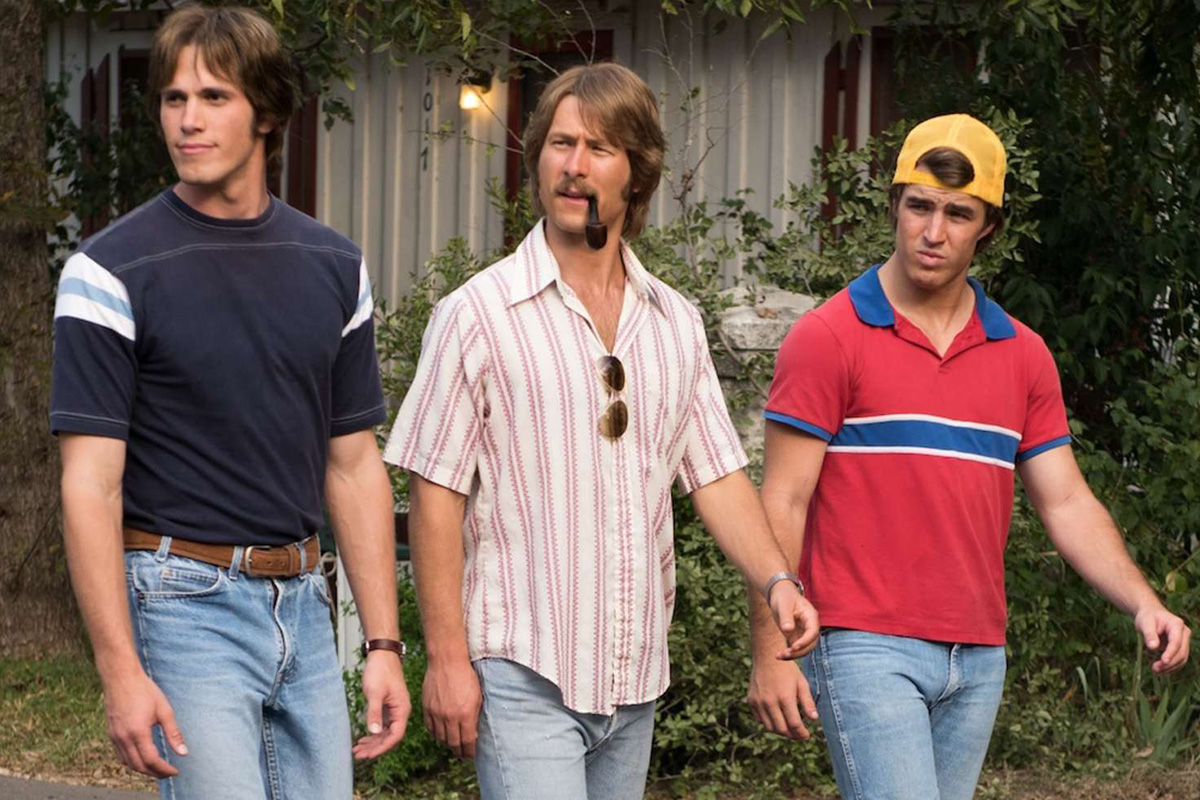
EVERYBODY WANTS SOME!!
richard linklater, 2016.
When used to describe art, “rambling” and “unfocused” are almost exclusively employed as worse than criticisms: they’re insults reserved for works particularly deserving of derision. But Richard Linklater’s latest film, about the aimless lead-up to the first day of practice for a college baseball team, turns those words into virtues. Few filmmakers are as steeped in literary tradition as Linklater and it shows in his best work, films where characters are free to think and converse and wander in a way that’s much easier to associate with novels than cinema. Few filmmakers have ever even attempted a “cinema of ideas” comparable to the “novel of ideas” and when they do so, they normally resort to documentary/essayistic formats.
Perversely, Linklater uses a semi-autobiographical glance at young jocks (few species of character are as consistently despised by cinema) to create a film that has everything from picaresques to psychedelic literature to Robert Musil coursing through its traditions. Linklater’s success can be found in that he never imitates the novelistic form, there’s something wholly cinematic about his best films right from the start with Slacker (and even his prehistoric, virtually dialog-free work It’s Impossible to Learn to Plow by Reading Books.) Linklater’s films are guided by an awareness of the ideas behind the form of Anna Karenina or Philip K. Dick and lets those same struggles with the relationship between subject and form the guide the construction of his films.
This is a long-winded and pretentious way of describing something breezy and fun (which feels entirely appropriate for Linklater.) This movie is a joy. A big part of the joy is in following the characters as they idly try on new identities and take the steps every new college student takes: the first movements towards becoming the person you are. One of the remarkable aspects of Linklater is how insistently he tries on new identities and pushes the boundaries of his chosen forms while retaining a clear and vibrant authorial voice. It’s a wonder how much clarity and directness there is to be found in being rambling and unfocused - it’s almost as though wanderers are the ones who discover the world.
~ christopher funderburg
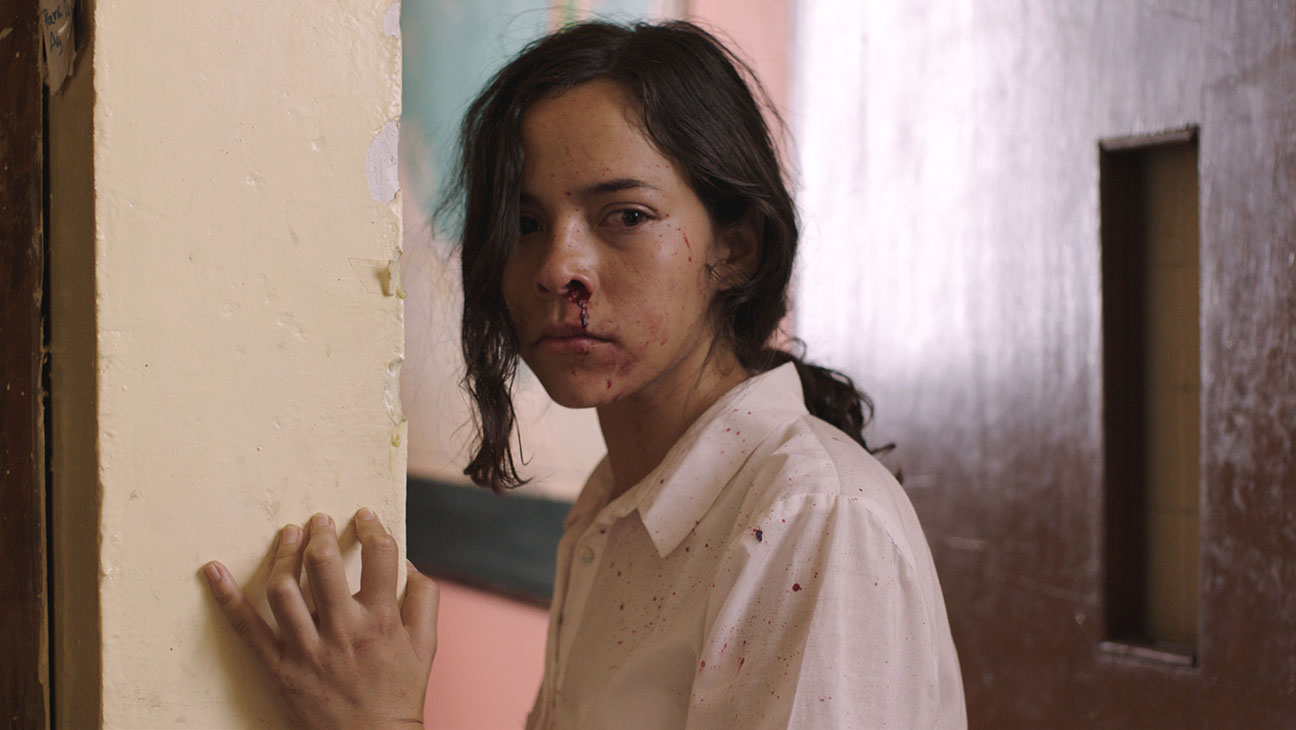
THE UNTAMED
amat escalante, 2016.
This movie has a monster in it. That's something Amat Escalante wants you to know right off the bat (even opening with the ol' John Carpenter's The Thing/Predator shot of an aestroid plummeting to earth) but it's also something he suggests you immediately put aside. Like his now decade-old debut Sangre, at its heart The Untamed (more literal translation of the Spanish title: The Savage Region) is a distressing domestic drama featuring characters who've ended up somewhere in their lives where they don't understand what they want or how they got where they are. And their frustration leads to some very bad decisions. Decisions that involve locking themselves in a room with a big, slimy monster that at best will do some gross things to them and at worst will horribly maim and/or eat them.
Taking a page from mentor Carlos Reygadas, Escalante presents a world of gorgeous open landscapes that starkly contrast the quiet desperation taking place in squalid, constricting interiors. Even a battered, nude body left prone beside a glistening stream seems like it belongs there, nature prepared to re-envelop the miserable souls who've complicated their existence with unfulfilling jobs and unhappy marriages behind drab walls. Escalante expresses a profound fascination/repulsion with modern life, one that - like the work of contemporaries Reygadas and Jorge Michel Grau - reflects the two-sided essence of exploitation in Mexican society. In striking out against oppression, his characters allow worse things to happen to them, and the grisliest aspects commonly associated with the country's problems (poverty, kidnapping, mutilation) are the result. The creature lurking in the isolated cabin is one big tentacled mess of an emblem for all this, but it's Escalante's excellent understanding of his characters, who are always surprising, that keeps the audience warily tethered to the film.
The Untamed is dedicated to Andrzej Zulawski and, sure, there's more than a superficial nod to Possession with a family breaking apart and characters seeking sexual fulfillment from an inhuman blob. It's a tribute to the director that his film hits many of Zulawski's thematic objectives without ever feeling derivative, sort of like how Silent Light is so much more than just a cheap knock-off of Ordet. Escalante, even moreso than Reygadas, remains irritatingly unrecognized in the 'States despite winning Best Director at Cannes for his last film Heli and sharing the Best Director award at the Venice Film Festival for this one. At the same time, his interests and artistry is so specifically tuned to the issues of his native region, to narrative obliqueness and visual poetics, to intimate drama that seamlessly melds with science fiction/horror - maybe it's best that he remains in a small cabin in a secret corner of world cinema, offering salvation and damnation to anyone who dares enter.
~ john cribbs
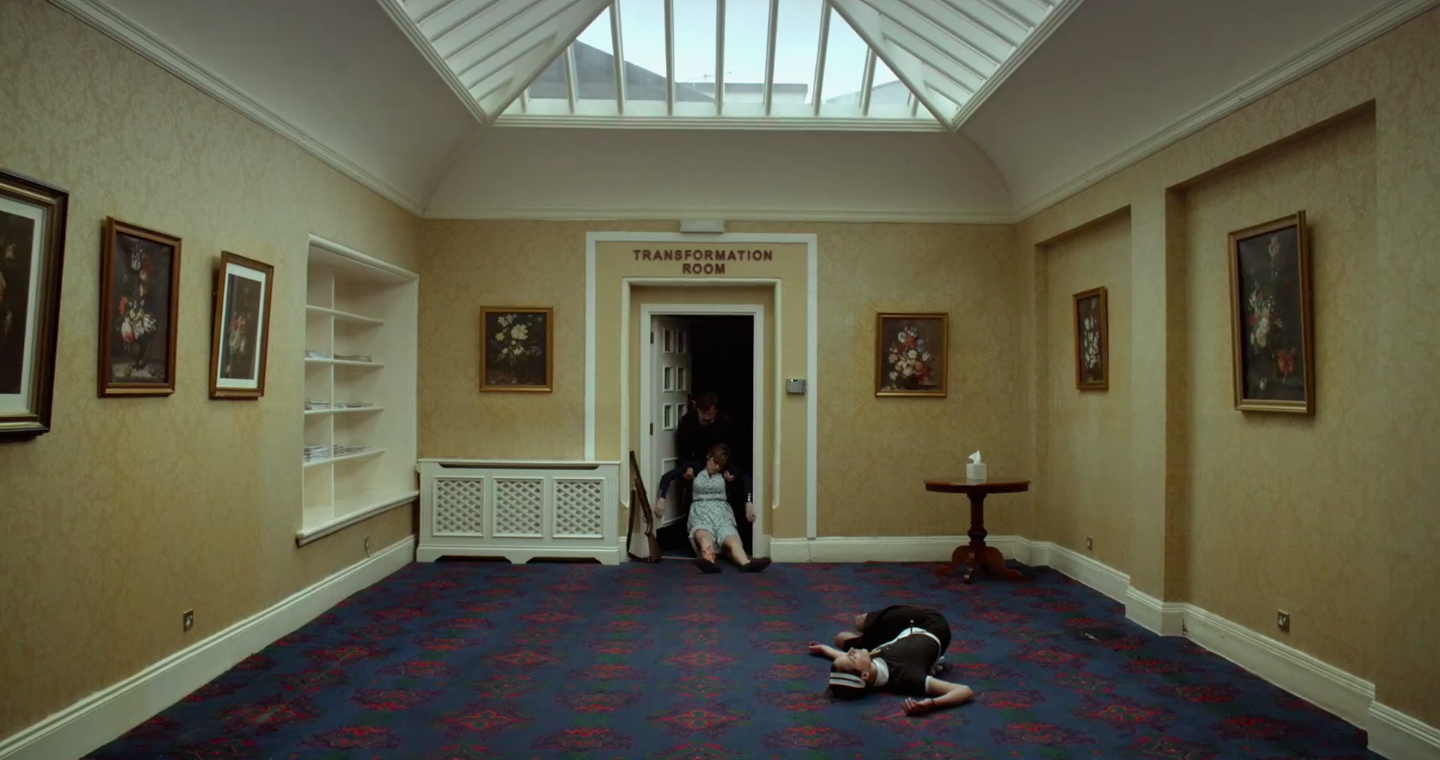
THE LOBSTER
yorgos lanthimos, 2016.
Yorgos Lanthimos’ dystopian comedy (about lonely people at a specialty hotel trying to find love or face being turned into animals) is the kind of film you could never know is exactly what you wanted from a movie until it exists. There’s no way to describe this film and make it sound like a good idea - from the outset it seemed like Lanthimos was doomed to fall victim to the “English Language debut” that has stopped forays into America by art filmmakers ranging from Rene Clement (Deadly Trap) to Wong Kar-Wai (My Blueberry Nights.) It wouldn’t have been unreasonable to expect another The Touch or It’s All About Love, another movie with a ludicrous description that sends an esteemed filmmaker packing back to their native land - which makes The Lobster all the more of a miracle.
Of course, beginning with his break-through film, Dogtooth, all of Lanthimos’ films have been heterodox miracles, impossibly weird plots mixed with dry comedy and abstract social commentary; stories of heart-break, violence, societal structuring, lust and goofy dancing. If you sat down and asked any group of viewers what is most funny and what is most horrifying in any given Lanthimos film, there would be no agreement on the answers and some would tell you what is most horrifying is exactly what another segment thought was most funny and vice versa. I found longtime Lanthimos collaborator Aggeliki Papoulia’s psychopathic dog-kicker to be the most hilarious thing in The Lobster - I couldn’t fault anyone for thinking she was its most stomach-turning and repulsive aspect. She is of course that as well.
Lanthimos makes films that refuse to be pulled apart, films were the comedy refuses to separate itself from the horror, where the tragedy refuses to separate from the absurdity. It is no wonder that they refuse to be described in the usual terms that any given plot is laid out, “this person goes here and does this thing for these reasons.” What word contains within it both horror and humor, what action simply described contains within in both tragedy and absurdity? Lanthimos’ work is too much for a sentence, too much for any collection of words; his films are essentially cinematic revelations. The Lobster defies description - it should’ve been obvious the English language would be no barrier at all.
~ christopher funderburg
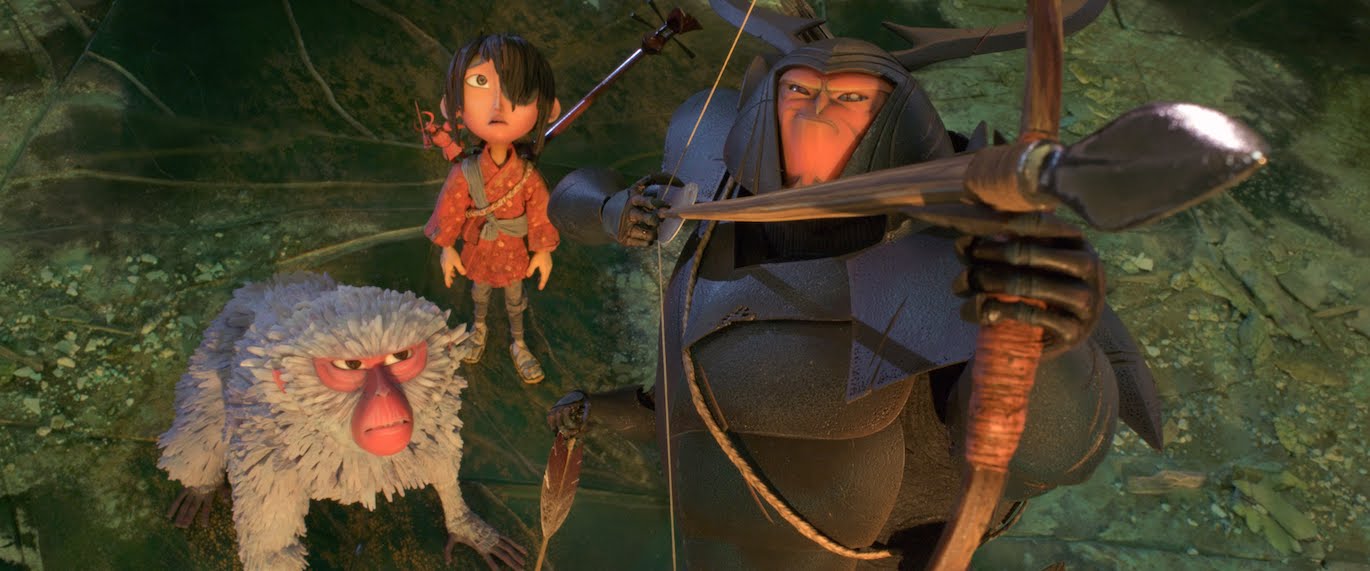
KUBO & THE TWO STRiNGS
travis knight, 2016.
That Kubo and the Two Strings was nominated for the Best Visual Effects Oscar should tell you all you need to know about its stunning visual palate. I'm not here to bore you with descriptions of Laika's latest feast-for-the-eyes: come into the film at literally any point and you're guaranteed to be swept away by its lyrical integration of design, movement and sound. The fact that the power of its eponymous hero, a one-eyed boy on a mission with his magic shamisen (the sound of which can sculpt flying pieces of paper into intricate origami figures) is itself based on a lyrical integrating of design, movement and sound should be lost on no one.
Kubo insists that it's a film about storytelling, but the story it tells about a pure spirit and his talking animal buddies searching for the hidden artifacts needed to defeat an eye-stealing grampa barely registers as "rote." Kubo is more a film about how you tell the story and just as the valiant troubadour wows the village with his music-manipulated colored sheets of spinning pulp, the animators infuse each scene with enough visual and audio stimuli to energize any audience.
Which isn't to say the movie maintains that marvelous energy throughout. Considering what a big deal Kubo makes about how hard it is to end a story, it's funny that its final 15 minutes are pretty weak and somewhat baffling. But then the same can be said of some of Miyazaki's best movies. Up to that point, the film ranks among Laika's most innovative and exciting animated work to date - and that pretty much puts Kubo at the top of the game.
~ john cribbs
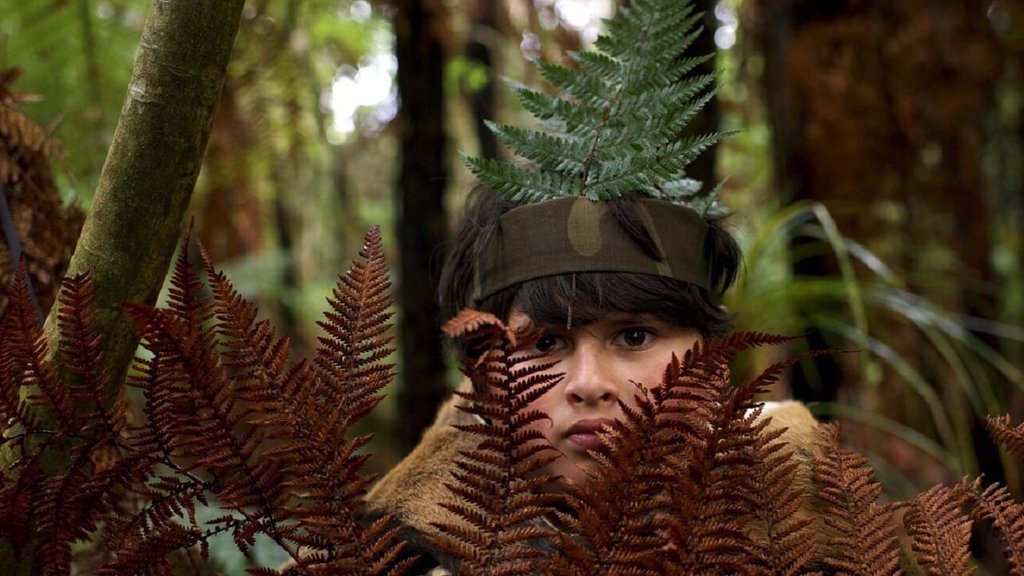
HUNT FOR THE WiLDERPEOPLE
taika waititi, 2016.
“Family Films” is a broad genre that could include anything from The Sound of Music to Buster Keaton to the CGI The Fartin' Gerbil Bros. (featuring new songs by T.I. and Owl City!) but even still that label feels reductive in regards to Taika Waititi’s comedy. Hunt for the Wilderpeople is without question one of the best films of the year, period, and one that earns its PG-13 rating while struggling against the constraints of what is expected from the genre in which it finds itself only as an orphan that belongs nowhere else.
The story follows a tubby adolescent malcontent, Ricky (who was chosen by the skux life and not vice versa) - it’s the kind of “fake gangsta” character that could be unbearably contrived or obnoxious without a performance as effortlessly offbeat as Julian Dennison’s. This kid is a winner. When the irascible skux lifer is shipped off to live on a farm with a well-meaning country couple as part of his punishment and rehabilitation for being such a no-goodnik, it’s the kind of corny paint-by-numbers set-up that “Family Films” have relied on for generations. But Wilderpeople can’t help but wend its way down strange and uncertain paths - it's a film that both in its story and its conception wanders willfully deeper into the wilderness.
If there were any justice in the world, Sam Neill would’ve won an Oscar for his role as the curmudgeonly half of the farm couple, but since there’s no justice in the world he wasn’t even nominated. You might expect Neill’s character to open his heart to the kid and both of them to learn something about themselves and each other on their disastrous trek through the wilds of New Zealand and, sure, that happens to an extent; but the film never pitches its movement quite how you’d expect - the theoretically experienced Neill is a source of fuck-ups and failure, he has less wisdom to impart than one might think and Ricky isn’t in need of simply some tough love or country wisdom in any case.
The problems in Wilderpeople, the adventures of the film, are too wild, too thorny, too untamable to end in clean story beats and predictable resolutions. Like the sermon delivered by Waititi’s preacher, any expectations for pat platitudes are incinerated instantly as the proceedings devolve into erratic weirdness. How about this: the final scene of the film reminded me of the final scenes of You Can Count on Me and The Crying Game, films where it is unclear what the characters need from each other, only that they need each other. If you want to call Hunt for the Wilderpeople one of the most brilliant family films of the decade, who could disagree? If you called it that, though, it would only be because of the many ways it defies the genre, defies what’s expected of it: Hunt for the Wilderpeople is its own tribe.
~ christopher funderburg
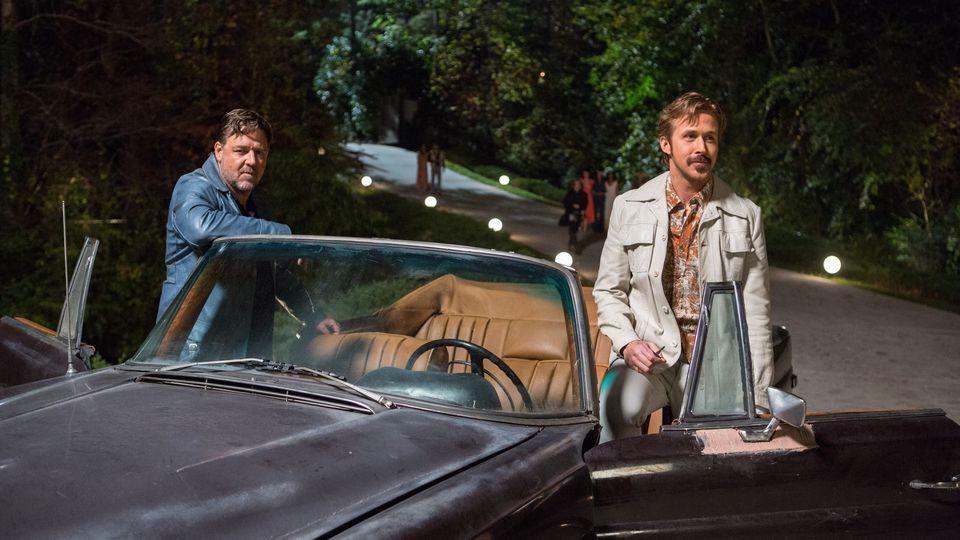
THE NiCE GUYS
shane black, 2016.
Another year, another reminder that we as a collective moviegoing public simply don't deserve Shane Black movies. That The Nice Guys wasn't unanimously embraced as the Movie of the Summer, that it was largely greeted with lukewarm acceptance among critics and barely scared up any box office, that it's been dismissed by so many with an "Ok, Shane Black we get it, you like buddy action-comedies with a spunky kid who curses a lot and a Christmas tree thrown in somewhere" is unacceptable. Black has the single most cinematic eye behind any camera in Hollywood: he puts his peers working in both the comedy and action genres to shame. His films are both delightfully cynical and bitterly empathetic, enamored of the kinetic verve of non-stop action and the alluring gloss of spit-shine dialogue while digging for something meaningful beneath it all. Every scene is a stepback and a second guess, a new surprise that helps us better understand and appreciate the plot, the characters and the construction of a film that itself is never content with playing along to its simple description of "bickering partners taking on corrupt evil in Los Angeles, get it?"
Let's start with the title. I don't think these guys really are that nice. Holland March (Ryan Gosling) cheats his slap-happy clients while Jackson Healy (Russell Crowe) basically admits he's little more than a hired thug. They're definitely not nice to each other. One so adamantly disapproves of the other's life that he can't turn around and take a hard look at his own shabby situation. Any halfway competent investigators would probably wrap up the movie midway, but like any good Shane Black heroes Holland and Jackson screw up, waste time, find clues by literally falling on them, get people killed, flee the scene when they hear gunshots, can't break a window without almost killing themselves, can't see what's directly in front of them. Fucking up is practically the defining characteristic of both men, yet Black believes that at the end of the day a little bona fide heroism is all that counts (with valuable assistance from a spunky, good-natured, self-dependent kid - Black's an Inspector Gadget fan for sure.)
The Nice Guys offers rewards that suffer in the summarizing. There are a million little things to love about this movie. I like that you can't tell who's the sidekick, another undervalued bit of Shane Blackness.* I like that John Boy (Matt Bomer) threatening Holly March on the roof is sort of Black's "see - this is how you do it" remix of a similar scene from his own Last Action Hero script. I like that Holland turns into a disapproving dad when Jackson talks frankly with his daughter Holly, even though she's her father's oft-neglected underaged designated driver. You people have places to be so I won't spend the rest of this 2016 Wrap-Up naming everything great about The Nice Guys, I'll simply reiterate that we don't deserve a single one of them. Because of the critics who compare it negatively to Inherent Vice. Because of the $36 million dollars worth of people who'd rather see Money Mon$ter. Because of the guy who thinks he knows what to expect from a Shane Black movie. Buddy, you don't know shit.
~ john cribbs
* Look at Lethal Weapon: Riggs has the death wish and direct connection to the bad guys via his stint in 'Nam, but Murtaugh is the more stable and sympathetic one and shit gets personal after the assholes kidnap his daughter. Ditto Jimmy Dix in The Last Boy Scout: even though, like Danny Glover, Damon Wayans was second-billed behind the A-list white actor it's his girlfriend they're avenging, he's got as much investment as Bruce Willis' Joe. Perry seems the more obvious sidekick in Kiss Kiss Bang Bang, until you realize how long it is before Harry actually does anything helpful.
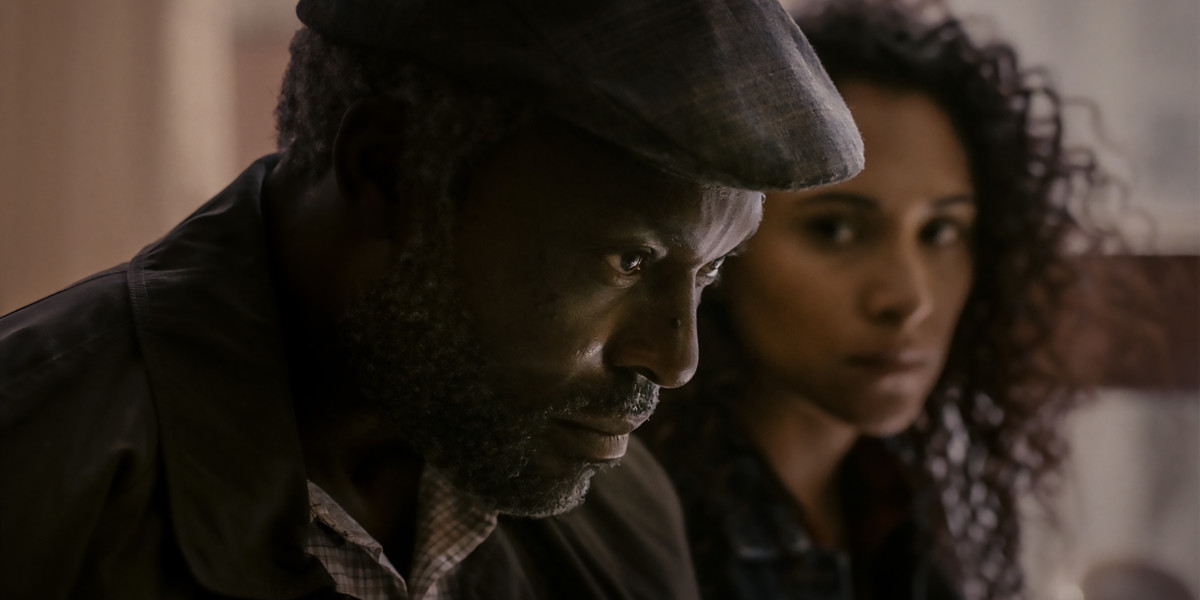
THE EMPTY BOX
claudia sainte-luce, 2016.
There’s a moment late in Mexican writer/director Claudia Sainte-Luce’s second feature film where an earthquake suddenly disrupts a tender scene, the forces of natural extremity invading the small and intimate world of the film, a world that has been increasingly constricting throughout the story. The earthquake comes at a moment when the smallness and intimacy have becoming suffocating: a disaffected young woman has been unexpectedly forced to care for her estranged, ill father, the earthquake is just another aspect of a world crashing in on itself.
As a cinematic moment, the earthquake reminded me of the stunning opening to Shohei Imamura’s Hiroshima film Black Rain, another movie about how the outside world invades our lives and how these massive tragedies can somehow carry less weight than our personal fears and failures and heartaches. Sainte-Luce stars as the disaffected waitress and Jimmy Jean-Louis as her Haitian father slipping away into dementia; both are extraordinary in their roles. It’s the rare film that features not only delicate, devastating, original performances but all manner of cinematic invention and exploration - not only the stylized earthquake and moments where Jean-Louis slips seamlessly into his own memories, but enigmatic, evocative details and flourishes in the sound design and editing. It’s an actor’s and a filmmaker’s film.
One of the major frustrations of writing about le cinema is that there’s nothing you can do to force the world to take notice, nothing you can do to get a film the credit it deserves. You’ve never heard of Sainte-Luca’s film - I have my doubts it will ever be released in the U.S. - but it’s every bit as good as any film on this list. And what can I or Cribbs do about it? Not a goddamned thing, other than to tell you again and again that from the opening frames, it announces a striking new artistic voice - it is every bit the announcement of a great new filmmaker as Moonlight or Toni Erdmann.* A comparison to a filmmaker like Imamura isn’t hyperbolic, it’s necessary. But to you it’s nothing but an earthquake in Mexico and what the hell do you know about that?
~ christopher funderburg
* Neither Cribbs nor I saw Maren Ade’s film until 2017, so it’s not on our list. It will almost definitely be on next year’s, so keep your eyes peeled for it a whole goddamned year from now!
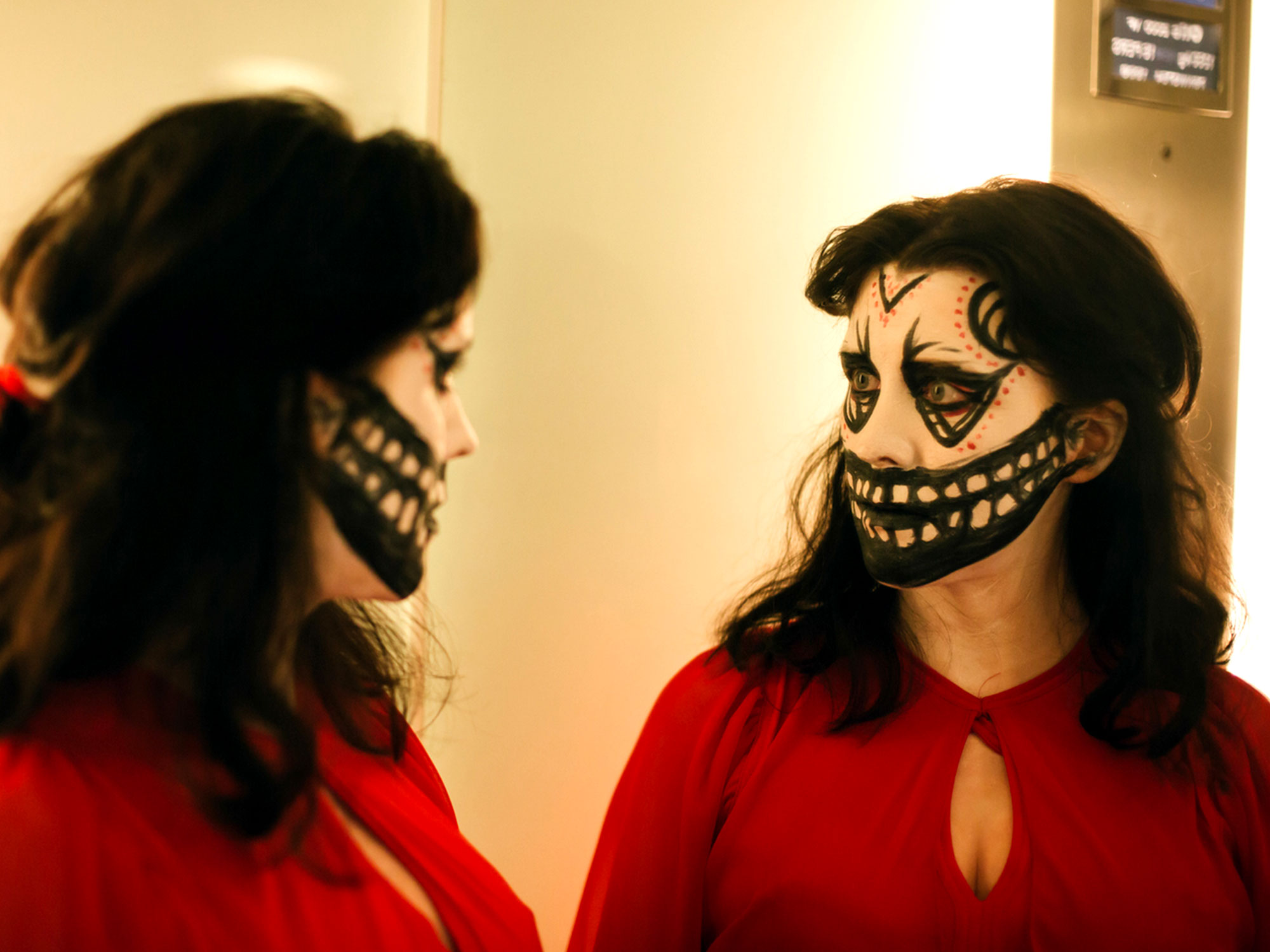
PREVENGE
alice lowe, 2016.
Pregnancy is such a common subject of horror cinema that the subgenre has its own endless list of subgenres, all of which cannibalize elements of Rosemary's Baby. The Threatened Pregnant Lady subgenre (You'll Like My Mother, Inside). The Carrying Satan's Baby subgenre (Beyond the Door, The Devil Within Her). The Inseminated By Monster subgenre (Inseminoid, Masters of Horror: Pro-Life). The I'm Going Crazy Carrying This Demon Baby to Term subgenre (The Unborn, Baby Blood). The Mutant Baby subgenre (It's Alive, Eraserhead). The Fetus Develops Into Full-Grown Homicidal Psycho In Short Amount of Time subgenre (Xtro, Embryo). If I didn't think I'd sufficiently made my point, I could name another 10 to 20 examples.
It's important to mention this because Alice Lowe's Prevenge (which you can probably deduce) is very much about pregnancy but doesn't fit neatly into any branch-off of "the Rosemary's Baby Mobile" subcategory. (Not-at-all-hacky likening of pregnancy horror movie subgenres to multi-armed baby mobile © The Pink Smoke Film Writing Partners 2017.) Plotwise, it's more in line with the underappreciated murder-by-proxy films like Pretty Poison and Lowe's previous effort (as an actress & screenwiter) Sightseers. In that subgenre, a seemingly quiet, normal person has her murderous inclinations brought to the surface by a second party - in Poison and Sightseers, the inhibited killer is a young woman whose long-burning resentment is awoken by a nutty-but-not-quite-as-legitimately-unhinged male figure. In Prevenge, the impetus is a fetus that spurs Lowe's bereaved soon-to-be-mother Ruth to slaughter those she blames for the accidental death of the baby's father; it's a sinister twist on Francois Truffaut's The Bride Wore Black by way of the music video for Kate Bush's "The Wedding List." Lowe finds inspiration in classic films both as director and as Ruth, who cues up gorgeous, terrifying footage of wrathful furies from 1934's Crime Without Passion as extra inspiration to go out and slice up her victims.
I'm dropping a lot of movie titles, but Prevenge is nothing if not 100% its own thing. Horror cinema has always been in desperate need of original female voices and Alice Lowe more than fits the bill. Not only is she gonzo as shit - she directed and performed in this film WHILE 7 MONTHS PREGNANT FOR REAL - she has sharp and funny insights into what it's like to expect a child that go beyond the normal movie shit of food cravings and irrational outbursts. As she told The Guardian: "[While pregnant], I was going through this emotional thing of do I have any choice over my own body, over my own life, my own will?" which inspired the "fucking alien-type shit" view of pregnancy in the movie. The Prevenge Baby, as charmingly wicked and corrupting a murder inciter as Aylmer from Brain Damage, keeps us from turning against the ruthless Ruth despite the number of innocent bodies she leaves in her wake. This movie is hilarious and tragic, often at the same time.
~ john cribbs
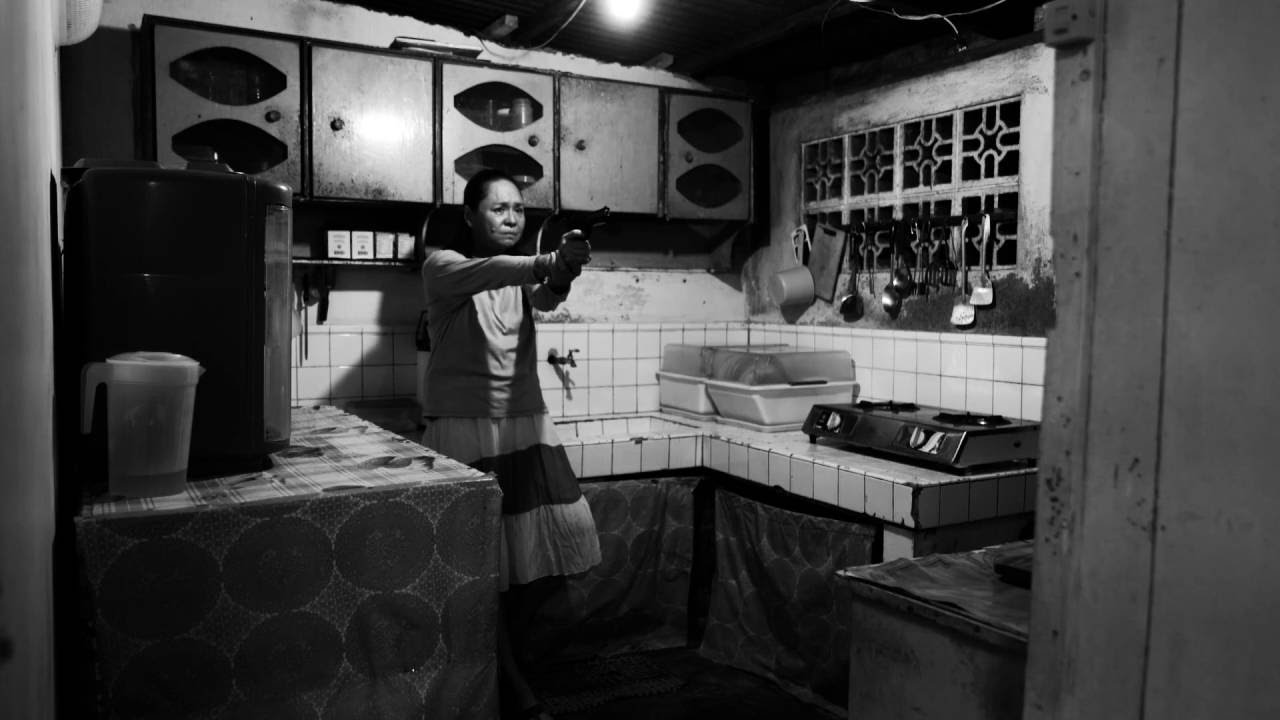
THE WOMAN WHO LEFT
lav diaz, 2016.
For a medium where time is a fundamental element, it’s surprising how rarely it has been explored as an aesthetic tactic in cinema; the passage of time, the slowness of time, the movement of time as an aesthetic feature. Along with Tarkovsky and Warhol, Lav Diaz is one of the few filmmakers to evince a real interest in the fact films have a running time, that an audience’s interaction with a movie happens within a finite space, that it begins now and it ends then (unlike a painting or a sculpture or a novel.) As digital and handheld media fragment artworks, dividing them up, slowing them down, pausing them in ways their artists never intended (allowing audiences to treat them more like novels), Diaz’s work has become a critical theatrical experience; an experience that happens in a specific space for a specific amount of time.
Unlike like most films that chose “time” as a subject (say, Terrence Malick’s Voyage of Time), Diaz is not concerned with moving his latest film across sweeping expanses of history. Although a period piece set in 1997, time as a subject is a background element - the injustice that drives The Woman Who Left’s revenge story happened long before the events of the film, for example. Instead, Diaz has the scenes themselves play out slowly, to move circuitously or fidget in place - the slowness of heroine’s waiting and planning is imposed on the audience as a method of identification, forcing them to think and wait along with her. Diaz applies the heavy burden of existence, the weight of time, as a force in constructing a narrative about things that happened long ago and now only exist as a memory, the reality of the now as constructed by a long-passed outrage.
By employing slowness as tactic, Diaz reveals the misery of living inside an implacable need for vindication. The heroine’s singular focus, to get revenge via a carefully planned murder, is contrasted with the aimlessness of a young hustler she befriends: life seems to disappear in a blur for one, while the other is frozen in time. But time is not the subject: class and injustice are. And the film’s vision of an eternal night where the poor and the unfortunate are locked out of meaning and left to wander in darkness hits with the full force of Diaz’s heavy pace; how long must we wander, how long must we wait?
~ christopher funderburg

THE SHALLOWS
jaume collet-serra, 2016.
This last year we got a lot of horror movies about a woman being threatened by fill-in-the-blank. 10 Cloverfield Lane, Don't Breathe, Hush: something they all have in common is a reliance on the ol' Final Girl formula where would-be helpful men are duly dispatched and it comes down to one gal in an isolated area versus The Thing That Wants To Kill Her. Most self-sufficient of these Women Without Men was Blake Lively's stranded medical student stuck between a rock and huge jerk of a shark that intends to have his Blake and eat it, too.
The threat of the shark could be symbolic of practically anything - the cancer that killed Lively's mother, the rampant sexism within the medical profession that obstructs the career of a lady doctor, a big ass fish that wants to eat her - but personally I think it's a metaphor for shark movies. Mainly that influencial one made by Steven Spielberg, which cast a huge cloud over summer movies in general and the subgenre of shark movies in particular: a cloud in the shape of a killer shark. No movie featuring a fin piercing the surface of the ocean waves can avoid unfavorable comparison with Jaws; and are thereby written off as a C-grade imitation of our generation's most respected B-movie. Jaume Collet-Serra does imitate Jaws in the usual ways - limiting the shark action to raise tension, ultimately pitting the protagonist against the fish mano-a-(wo)mano* - but he also flips the iconic opening of that film so that the would-be female victim is reimagined as a determined survivalist. Lively is determined to survive - and to beat the killer shark genre at its own game.
This is the kind of thing I want from my Hollywood summer entertainment: a healthy dose of the familiar but with a refreshing spin on those durable concepts combined with immaculate execution (the CG shark never looks cheesy). No intricate mythology, no franchise potential, just a girl and a fish - if Blake Lively can play one of the two, even better. She's always going to get to that shore, and we're coming with her.
~ john cribbs
* I know, it means "hand-to-hand." Just messing around.
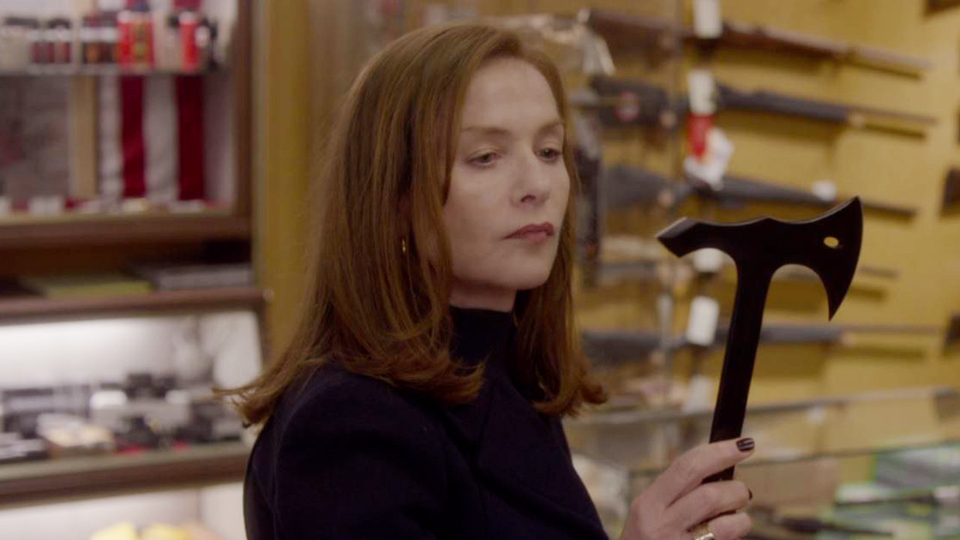
ELLE
paul verhoeven, 2016.
Back when we saw it at the Toronto Film Festival in September, before it had become a minor sensation leading to world’s greatest actress receiving her first Oscar nomination, it was unclear how Paul Verhoeven’s deliberately provocative film would be received. Sex has always been a touchy subject for Americans, more so now than ever, and Verhoeven’s work has never pruned the thorniness of the subject to fit within orderly confines. In his films sex is a tool for manipulation, an expression of joy, a destructive all-consuming passion, an opportunity for revelation, a violence inflicted on the vulnerable, a fun and inconsequential act, a source of deep humiliation, deception expressed physically, and an instrument of self-realization.
It would be obvious, before you’ve even seen Elle, that he would handle its subject with the same indelicateness and irony he has always approached intercourse. His subject, more precisely than fucking, however, was this time rape. Watching the movie I had a bad feeling it might be rejected by audiences out of hand for its ambiguous and counterintuitive treatment of an act that now is discussed almost exclusively in rigidly dogmatic terms. It’s a live-wire subject and who the fuck knew what the hell was going to happen with Verhoeven so intent on shocking everyone?
Fortunately, audiences accepted the story, which follows a video game company executive’s response to a heinous crime committed by someone she suspects might have targeted her on a personal level. No small part of the acceptance of the film has to do with Isabelle Huppert’s heart-stopping performance, which navigates the plot with neither cliche nor gimmick - it’s a marvel what a perfect pair Huppert and Verhoeven make, they complement each in a way that makes their artistic union feel like a crowning culmination of two careers. From a different perspective, however, you might see that rather than a culmination, instead two artists together took the first steps down a new branch of their long and unpredictable paths. I’m sure if they continue to follow this new path, together or separately, they will eventually find a way to outrage us all again. To their credit.
~ christopher funderburg
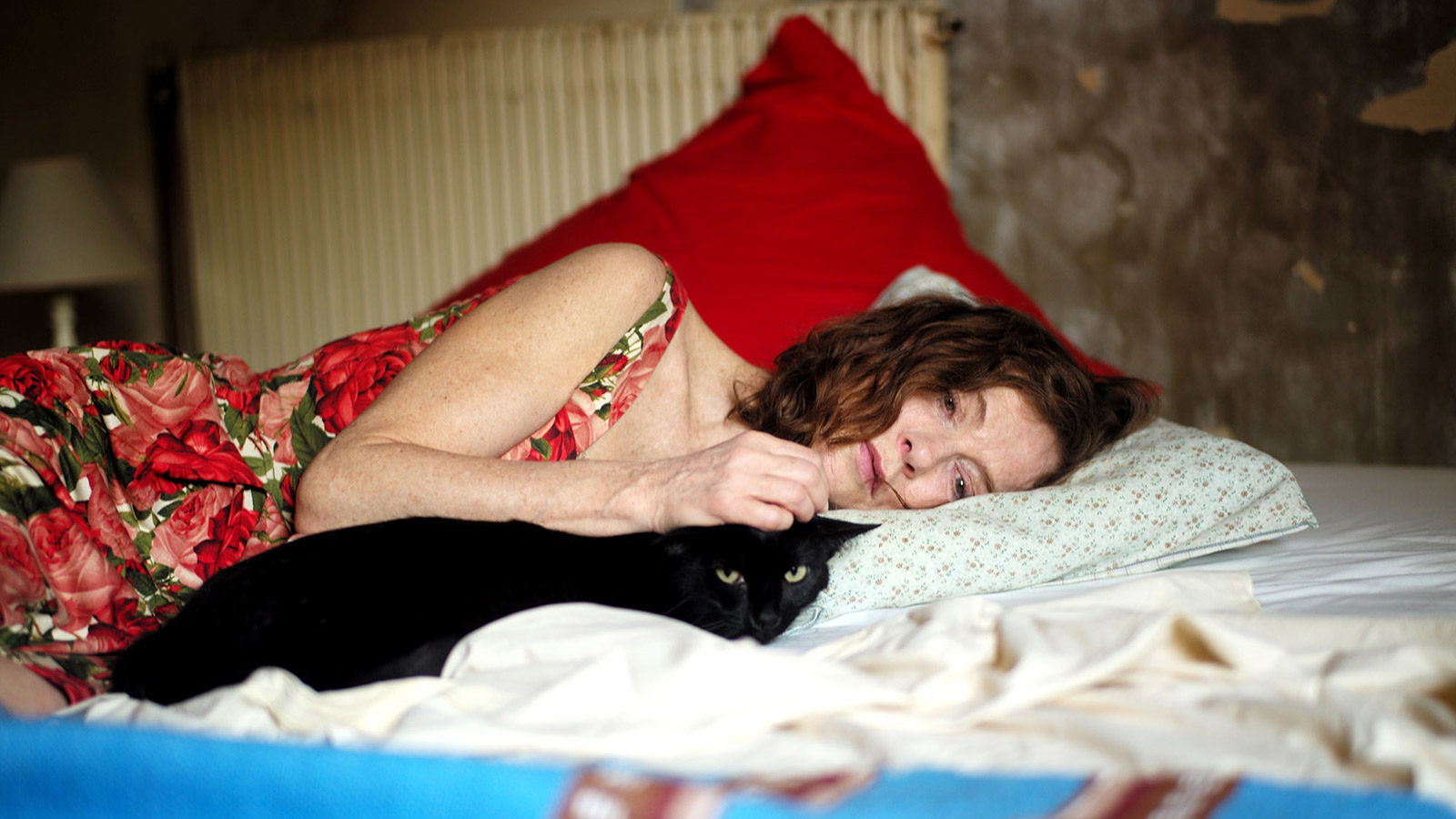
THiNGS TO COME
mia hansen-løve, 2016.
There is no film on this list more compellingly undigestible than Mia Hansen-Love’s story of a recently divorced college professor who slowly recedes from her own life - its moral constellations are mysterious and transfixing. It is a hard film to know what to do with and, accordingly, there are few films with as much ability to draw my thoughts back to its questions over and over, long after it has become an experience that only exists as a memory.
Isabelle Huppert has rightfully drawn a huge amount of attention for her work in Elle, but Things to Come is every bit as arresting a demonstration of her singularity and genius as an actor. It’s a performance with a Sphinx-like authority; her work has an elusive and commanding centrality to the film’s overall success. The only archetypes I can compare Huppert’s performance to are reclusive mountain wizards in wuxia pian or grizzled old fishermen in man-against-nature tales. Huppert’s Parisian intellectual is wry and indomitable, a teacher who cannot be possessed, a person who has found neither satisfaction nor comfort in a total mastery of their existence.
Things to Come raises the question “What does it mean to no longer need anything from the world? What happens when there is nothing left to learn?” There’s even a great scene late in the film where she obliterates a cocky young student with an effortless display of rhetorical judo - it’s as awe-some as watching Jackie Chan or Harvey Cheyne receiving their startling comeuppance and discovering they have so much more to learn. But this is not the story of the student, it is the story of the master and what does it mean to have come so far as to even give away your adorable cat? What then? What are the things to come beyond husbands, beyond children, beyond mothers, beyond lovers, beyond holidays and book deals and politics? What then?
~ christopher funderburg
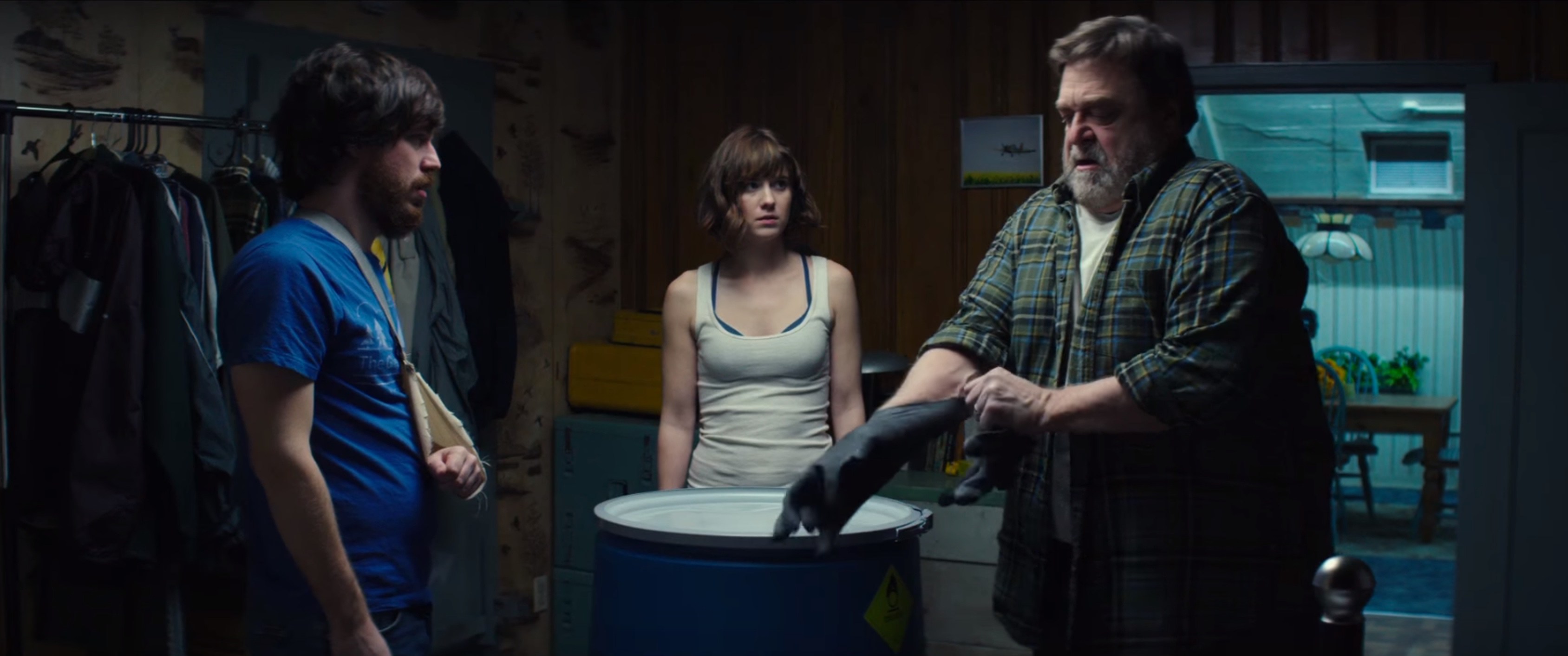
HiGHLiGHTS, LOWLiGHTS & AWARDS:
christopher funderburg.
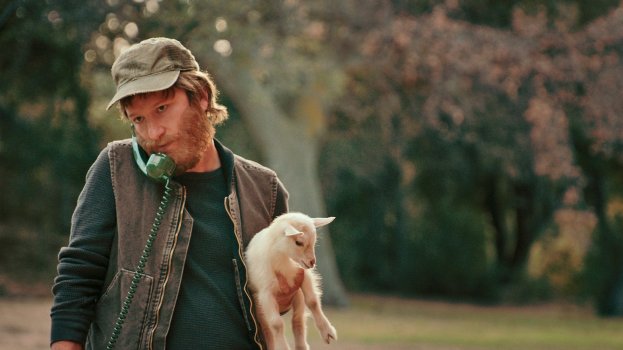
Just a good time at the movies:
Popstar: Never Stop Stopping
Captain America: Civil War
Dr. Strange
Kung Fu Panda 3
Star Trek: Beyond
Don’t Breathe
Age of Shadows
The Bleeder
10 Cloverfield Lane
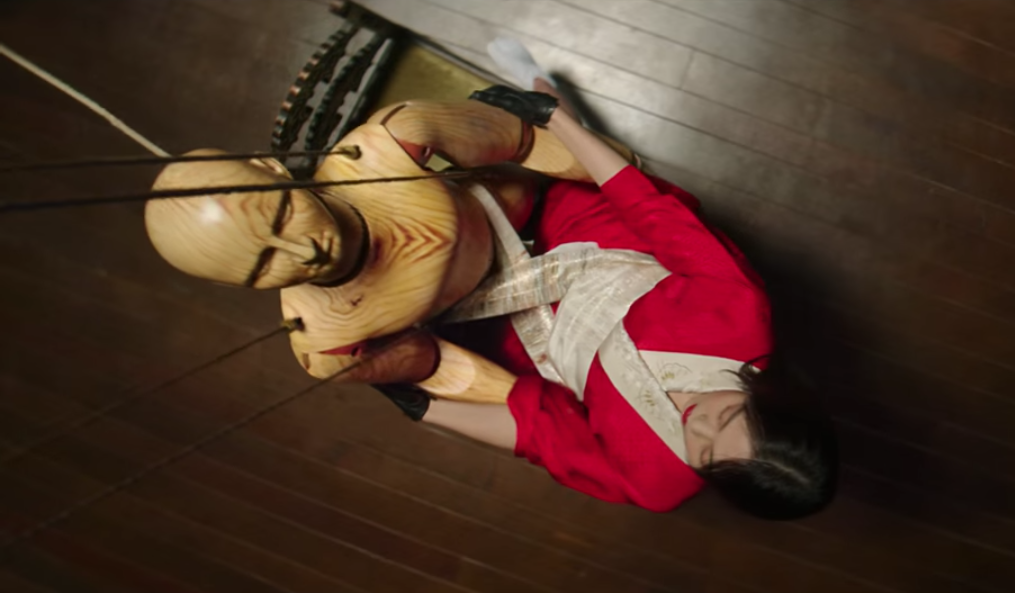
In any other year, they would've been on my favorites list:
Moonlight
The Handmaiden
Safari
This was such an amazing year for movies that I feel like I’m already underrating a few stone cold classics.
Do I Actually Love this Movie? Like really actually fucking love it?:
Deepwater Horizon.
The “I Think I Love My Wife Award" for a movie good enough to deserve a bad review:
The Belko Experiment.
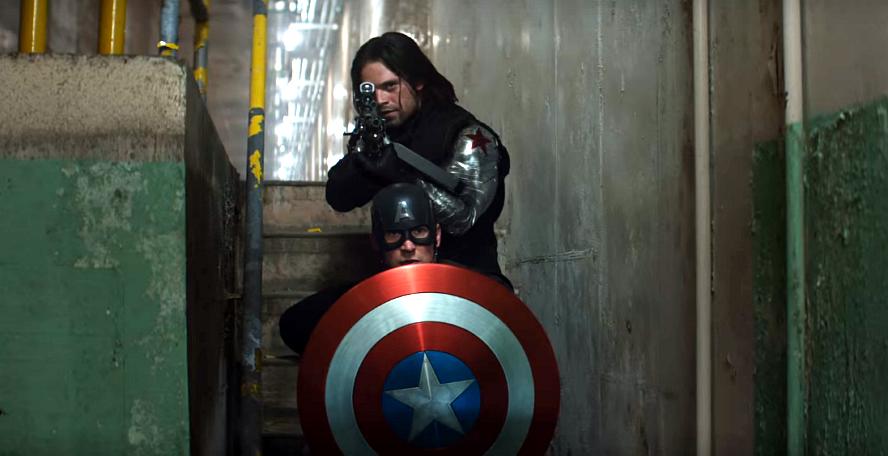
My complicated relationship with America and its Captain.
I understand that the Marvel Comic Book Films Universe has extended to a point where keeping all the narrative gears from grinding to a halt requires novelty and reversal, but dammit if I didn’t hate the development of ol’ Cap becoming a war-criminal-coddling dyspeptic who runs away from the American authorities (including his friends) to hide out in the royal palace of an African dictatorship as a method of dodging extradition.
As I’ve gotten cynical with age, I have much more sentimentality about pop symbols like Captain America; as an icon of all the good that is possible in the American ideal, he became my favorite thing about the new Marvel universe. As a pushback against the unpleasantness and solemnity that comix fans mistake for maturity and seriousness, the earnest, good-hearted, lovably square Cap was doubly welcome.
I’m not saying I’m entirely against where the character ended up and now hate the series or something like that, only that I was genuinely wistful about losing an icon that allowed me to believe (if only for a couple hours in a darkened theater) in beautiful, democratic, egalitarian, just ideals that in reality I have only ever seen degraded and betrayed. If even Cap can’t simply be a good person, what chance do I have?
Free pass for life:
J.J. Abrams. The man arranged for and oversaw the remastering of Phantasm. He can do whatever the hell he wants to space movie franchises.
Biggest Disappointment:
Keanu.
runner-up:
The B-Side: Elsa Dorfman’s Portrait Photography.
I Can’t Believe this movie got a single good review:
Nocturnal Animals. This is a movie that deserves to be punted into the fucking sun.
In the word of Bill Teck, “I wouldn’t watch it even if it were playing on my eyelids:”
Florence Foster Jenkins.
also:
La La Land.
The “Local Hero Award” for an Overrated Underrated Movie:
Pete’s Dragon.
Attention everyone: it has Bonnie Prince Billy, St. Vincent and Leonard Cohen on the soundtrack, which are performers only a Good and Meaningful film would have on its soundtrack.
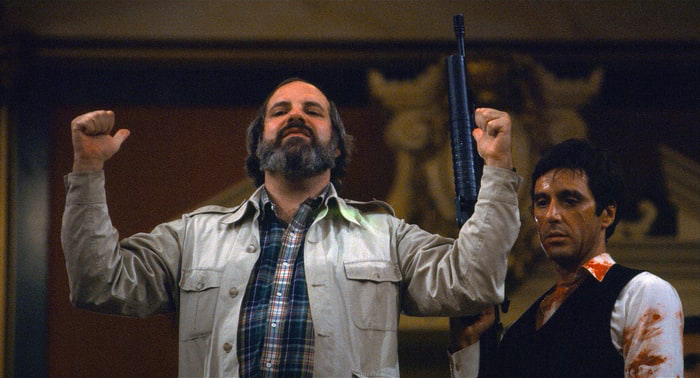
The “Two English Girls Award” for a film that is essential for fans and irrelevant to anyone else:
De Palma.
The “Monica Potter Award” for a bland, blonde actress being forced on a demonstrably indifferent public:
Imogen Poots (Green Room, Knight of Cups, Popstar, Frank and Lola.) She seems like a nice lady. Nothing against her.
The kind of movie I genuinely enjoy:
Nerve.
also:
Skiptrace.
and this too:
The Legend of Tarzan.
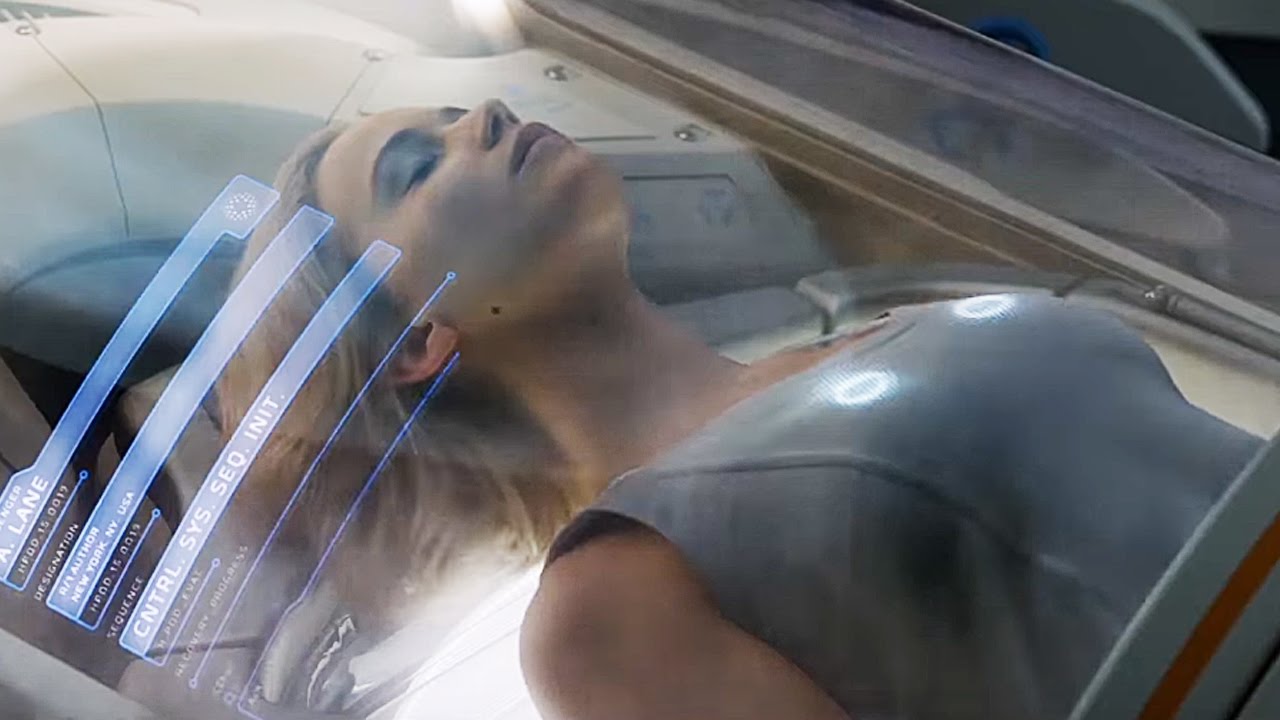
The “Worst Case of Futro Award” for production design intended to look futuristic but instead looks instantly dated:
The tight spandex, Under Armour-looking cryo-sleep outfits in Passengers. Because of those suits, twenty years from now there will be no doubt this film was made in 2016.
A fun double-feature to watch because they star they same actor:
Don’t Breathe chased by Monster Trucks.
Oh sure, everybody loves the Ghostbusters remake but when I suggest an all-female remake of Magic Mike, I get called a scumbag.
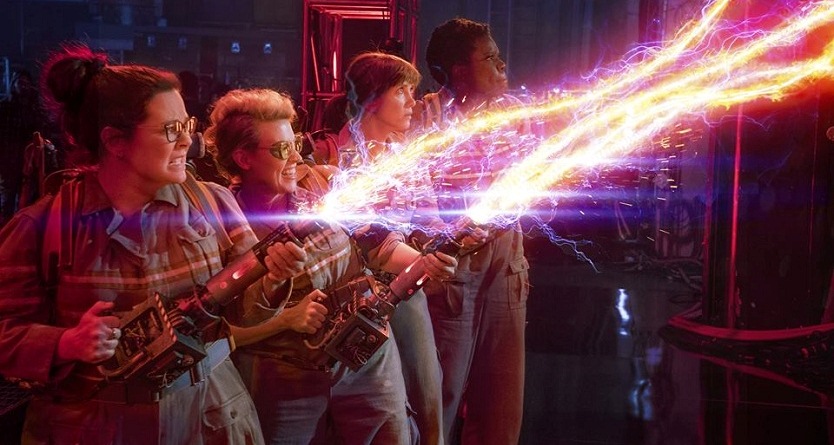
On a more serious note about the Ghostbusters remake, now that the dust has settled there’s something to be learned from the ideological battle it found itself at the center of and I think those lessons are not something the conversation has really touched on. The film’s release was pitched as a showdown between two American socio-political archetypes: 1) forward-thinking progressives that believe representation matters and giving women of all ages some kick-ass ghostbusters to root for was not just a cool idea for a movie but a step forward in culture’s ceaseless march of progress. 2) Basement-dwelling misogynist neck-beards who hate and fear women, man-babies stuck in a state of infantilization, crying over the most minor changes to cherished childhood institutions. Both sides have a reasonable claim to victory in the battle: the film was well-reviewed, enthusiastically embraced by a portion of the audience and grossed $128 million dollars. On the other hand, its profitability is in question, overall audience satisfaction ratings (an imprecise science for sure) were not impressive and mega-conglomerate film-studio-and-audio-equipment-manufacturer Sony has already expressed disinterest in making a sequel with the same cast.
So what’s to be made of this? Another duel and detente in the ongoing cultural wars? I think part of the big picture that’s getting missed is that if you’re framing the film’s success or failure in terms of social progress, the battle isn’t between two different species of American political animals - in that war, the neck-beards lost. The film was made, it was well-reviewed and it was the 20th highest grossing film of the year in the U.S. - it made around the same amount of money as Hidden Figures, Central Intelligence, Kung Fu Panda 3 and Sully. It made a bit more money and found more of an enthusiastic audience than “existing brand” disappointments with major price-tags like Independence Day: Resurgence, The Legend of Tarzan, Alice Through the Looking Glass and The Angry Birds Movie. If there was a coordinated culture-wide program to stymy its success, that program failed.
This applies only to the U.S. though. And here’s the real issue: the battle going forward isn’t between two factions within America, but between Hollywood and deeply regressive cultures around the world that have an increasing say in Hollywood’s art-product. Ghostbusters ranked 20th in American gross, but if you switch to a worldwide ranking, it drops all the way down to 34th, well below all the films mentioned above save for Hidden Figures and Central Intelligence. Are you seeing a pattern yet? It’s long been a fact of Hollywood calculations that the industry believes it's proven films starring black actors won’t play worldwide. Audiences outside of the U.S., particularly in China and Japan are simply too racist to accept black movie stars in all but the most limited and rare of contexts - marginalization of black performers and artists has always in part been a business calculation.
Ghostbusters’ striking worldwide failure should alarm you because woman-led blockbusters seem to be in danger of suffering the same fate as black-led films. You can go through and see similar worldwide underperformance of female-led “existing brand” blockbusters like The Huntsman: Winter’s War and The Divergent Series: Allegiant. This is pattern is emerging at a moment when the Asian market, particularly China, is becoming as dominant a force in Hollywood decision-making as the U.S. market. There’s a hope within the industry that characters with a super-strong branding like Wonder Woman, Black Panther and (to a lesser extent) Captain Marvel can overcome these issues, but expect all of these characters to be co-starring in their own films with Clark Kent and Captain America.
I don’t have some simple proposal here, only to ask audiences who care about these issues to consider who their real adversary is - the trilby-clad basement boogeyman has an outsized voice on the internet where shrieking virulence has the ability to cut through (and create!) the din but in real world terms, China is the big fucking problem if you want more Blockbuster films led by all-female or woman-centric casts. I’d also like you to frame your consideration of the problem in terms of the China’s notorious human rights abuses, labor exploitation, unfettered commitment to pollution, capricious system of capital punishment and thin-skinned nationalism.*
I know there’s a feel-good energy around Asian faces turning up in Hollywood ensembles (usually Korean actors, as an appeasement to the conflicting Japanese and Chinese markets) and the increased focus on international casting in franchises like The Fast and the Furious - and look, I’m not here to express disappointment with Donnie Yen turning up in a Star Wars movie or Tony Jaa becoming a regular in Vin Diesel’s flicks (although there’s plenty to be said about the return of the plucky Asian sidekick as well.) My point is: if you care about this shit, don’t let an internationally-minded pluralism cloud the issue and cause you to focus too much energy in the wrong places - meaningful resistance can of course happen on two fronts but at this point one front clearly has more influence in these decisions than the other. And the adversary on that front poisons its workers with no recourse, threatens war with its neighbors, and shoots political prisoners in the head to then harvests their organs.
* A short while after I wrote this, a #thankyoumattdamon hashtag appeared on the micro-blogs of social media conglomerate Twitter, where well-meaning folks were implicitly invited to make fun of Matt Damon for playing what seems to be a white savior role in the upcoming Chinese-American co-production The Great Wall. The political ineptitude/irrelevance of this hashtag is a bummer of a demonstration of the Left’s complete lack of a framework for dealing with these issues going forward and yet another indication that the grassroots element of the Leftwing U.S. doesn’t even seem to understand what’s happening to the world around them. The rhetoric and framing of the supposed resistance is decades out of date and capable of only taking swipes at the lowest hanging fruit. It’s depressing as shit. Shaming Matt Damon out of appearing in this sort of role will do literally nothing to address the burgeoning cultural-political shift. Nor will touting the domestic box office success of films like Hidden Figures. Understand it this way: by the time this humorous hashtag had started trending, The Great Wall had already been released in China and made $225 million dollars on a $135 million budget. What happens with its U.S. release is an after-thought and will increasingly become an after-thought to companies like Universal and Legendary which co-produced it. They going to give less and less of a shit about how Americans frame and react to Matt Damon's participation (and character) so long as the films do that kind of business in China and elsewhere. In the absolute best of circumstances, these sort of joke-oriented social media campaigns have an unclear value. The absolute best circumstances for them to effect change are years if not more than a decade in the past. So instead call your representative and tell them... to make sure... Hollywood... doesn't focus too much on Chinese box office? And this is all operating from the assumption that there's a righteous consensus on the offensiveness of Damon's character, which doesn't even seem to meet the traditonal definitions of the "white savior" archetype or be an example of "white-washing." Throw in that many critics have accused it of what I think will increasingly be a problem: it's an expression of Chinese nationalism. Look, it's a complicated problem and we need sharper, more up-to-date solutions.
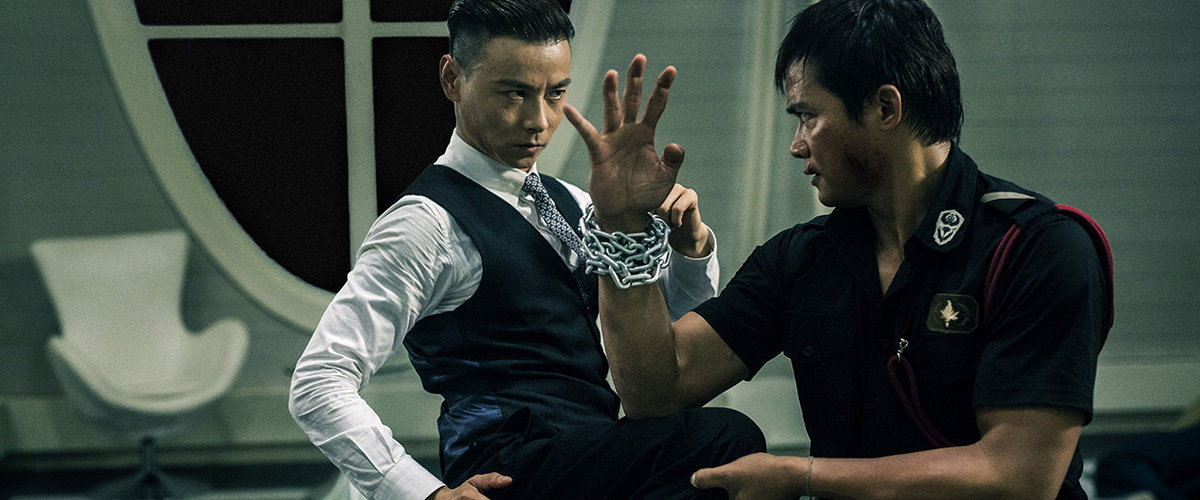
Awards for Special Achievement in the Field of B-Movie Action Cinema Kick-Punchery:
(If you have the slightest interest in any of these movies, you should see all of them.)
Kill Zone 2
Never Back Down: No Surrender
Kickboxer: Vengeance
Blood Father
The “Stanley Kubrick Award” for a relentless attempt to beat an audience into submission with stylistic “genius:"
Nocturnal Animals.
runner-up:
Neon Demon.
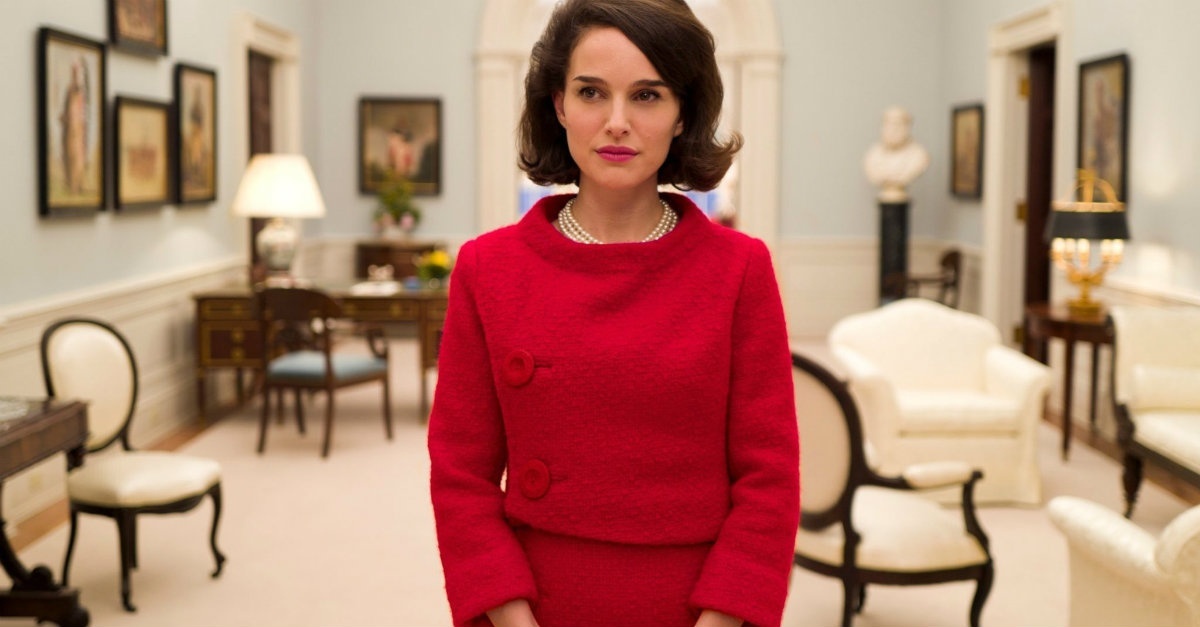
Biggest Gulf between reputation and actual quality:
Jackie.
runner-up:
No Home Movie.
(And I’d assume La La Land but I’ll never find out.)
Re-thinking The B-Side:
I’ve struggled a bit to write this because I can’t quite find the handle on it - it’s a vague but pressing notion in the back of my brain that refuses to make itself concrete. The short of it is, I saw Errol Morris’ newest film, The B-Side: Elsa Dorfman’s Portrait Photography, at TIFF back in September and I really, really hated. Part of it was that if any filmmaker had made a film about the same subjects (the Beats, the fetishization of film-stocks, Cambridge intellectuals, people who are proud of being such nonconformists as to wear socks with sandals, Bob fucking Dylan) I would’ve hated it, but what really drove my bilious disappointment was that one of my very favorite filmmakers in the world, one that I think deserves consideration as the greatest filmmaker who ever lived, had made this damn movie that irked me so much.
But I’m wrong. And I’m not wrong that The B-Side is actually a good movie - it’s amazingly amateurish (important shots are out of focus), inconsequential and frustratingly absent of Morris’ signature (it is edited and produced like an any anonymous tv profile of a notable artist.) It’s a movie about a dead format (large-scale Kodak photography) and doesn’t amount to much beyond a wistful “there was an artist who specialized in a thing that existed that no longer exists.”
That’s why I’m wrong.
Since I saw the film, I learned that Morris’ longtime collaborator Ann Petrone died in 2015 after a long battle with cancer. It had entirely slipped my notice because Ann Petrone isn’t someone whose death would be news. I’ve seen her referred to as everything from Morris’ assistant to co-producer to lead researcher. Her duties were ill-defined apart from the obvious fact that she, maybe more than anyone else, helped Morris make his movies. I was only aware of her because her name appears in the credits of almost everything he’s ever done and when you watch movies over and over you notice stuff like that. I knew the name and, to my surprise, when I was searching for a 35mm print of Vernon, Florida and called The Globe Department Store (the office of Morris’ production company) she answered the phone. In ways that I can’t articulate, she always struck me as an essential element of films that meant everything to me. And she was gone.
This loss came after the shocking death of Morris’ editor Karen Schmeer, who was killed in a crosswalk by a getaway car fleeing a drugstore robbery. It happened on 90th and Broadway, just a few blocks from my old apartment in Manhattan. Schmeer edited Fast, Cheap & Out of Control, Mr. Death and The Fog of War - three of the most spectacular feats of editing Morris’ in body of work (There’s a Fellowship set up in her honor: http://www.karenschmeer.com) Her death was a tragedy I can’t even conceive of and I never even knew her.
There were people in his life that existed and are now gone. For God’s sake - even his beloved pet French bulldog Jackpot Junior died. If he wants to make a movie about an old friend and her enthusiasm for a dying photography format, that’s what he should do. Errol Morris doesn’t owe me anything. And I, at very least, owe his work some understanding.
The “Jeremy Irons in Dungeons and Dragons Award” for an actor giving it his all for a film he really shouldn’t have:
Charlize Theron in The Huntsman: Winter’s War.
runner-up:
Billy Bob Thornton in Bad Santa 2.
The “Robert Redford Award” for coasting on a reputation earned decades previously:
Meryl Streep in Florence Foster Jenkins. At this point the Academy is just taunting people.
The “It’s a Knock-Off Award” for the best eponymous theme-song:
Sadly, there was no worthy work to which this award could be given in 2016. Also sadly: Barry Jenkins' otherwise excellent Moonlight missed the opportunity to repurpose "Can't Fight the Moonlight" from Coyote Ugly.
Movie I wish had an eponymous theme-song:
The Disappointments Room.
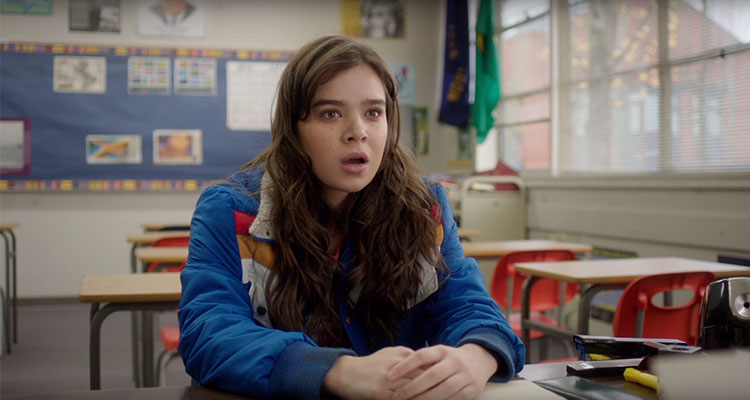
For the Museum of AmerIndie Style:
The Edge of Seventeen.
additionally for the collection:
Moonlight.
Films I failed to see in 2016:
Toni Erdmann
The Witch
Lo and Behold: Reveries of the Connected World
20th Century Women
Personal Shopper
My whelm rating is “Under:”
Hell or High Water
Cemetery of Splendor
Green Room
Zootopia
April and the Extraordinary World
Arrival
Heavily promoted movies you have already forgotten existed:
The Finest Hours
War Dogs
Why Him?
London Has Fallen
Norm of the North
The "Mickey Rooney in Breakfast at Tiffany’s Award" for an element of a film that did its best to ruin the movie around it:
I know everyone in the world disagrees with me on this, but the completely incoherent politics of Zootopia made it impossible for me to enjoy. I have no idea what this movie is trying to say as it loads up on buzzwords like “super-predators” and “profiling” while combining a “capable, over-loooked woman finally gets her due” plot with a “bitches be schemin’ back-stabbers” story. And the weird metaphorical meth dealers interjecting white trash cliches into the story? Also, in its “the government is creating these super-predators through drugs!” subplot, there’s a very strange echo of conspiracies where the CIA introduced crack into the ghetto or the far more unsubstantiated idea that AIDS was a government germ warfare program gone awry. And the idea that the mafia are, like, civilized businessman who “don’t want no troubles” and are not dangerously bestial predators (unlike certain other species), it’s… this movie is just in complete conflict with itself in like ten different ways. Look, there’s a basic straight-forward level on which the film’s ideas are fine, in which the whole thing is fine, but don’t try to think about this movie beyond how a 9 year-old might interpret it.
Movie I liked that I'm not quite sure why so many people disliked:
Rouge One.
also:
Triple Nine.
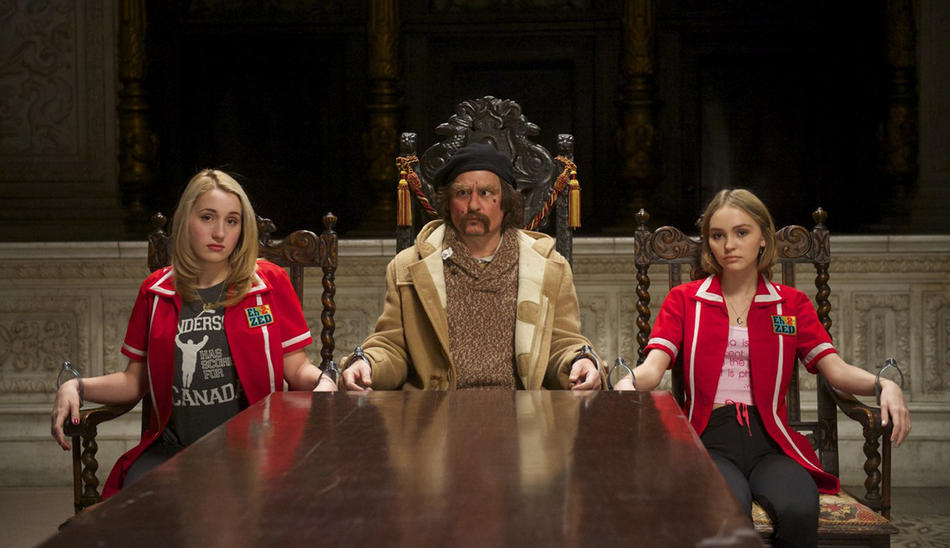
The “Van Helsing Award” for beautiful awfulness:
Yoga Hosers.
I’m not here to tell you this is a great movie or even that it isn’t a dumb movie, but I am here to tell you that this is an adorable film that no one in their right mind should’ve made. My main take-away is that Kevin Smith and Johnny Depp seem like really good dads and that if you’re coming down hard on this movie you’ve got some weird hang-up and probably hold grudges against people you knew 20 years ago. You probably have vivid memories of those times when you were annoyed by a store clerk or a waitress or some guy at the DMV and those memories are so vivid that when you tell your sad and pointless little stories about the guy 7 years ago who fucked up something inconsequential it’s like you’re living those memories. This movie has little sausage monster Nazis called “Bratzis.” I can understand not thinking this film is good. I can understand watching 10 minutes of this film and deciding you don’t want to watch 88 minutes of it. But if you hate it with a foaming rage, you need to understand that there’s something fundamentally wrong with you. I mean, I love Yoga Hosers, but then again my heart is full of love.
Best title:
I Am the Pretty Thing that Lives in the House.
Worst title:
Billy Lynn’s Long Halftime Walk.
runner-up:
The Divergent Series: Allegiant.
Most unfortunate title:
Coming Through the Rye.
It seems like you could’ve put a little more effort into your movie’s title:
Office Christmas Party.
Title so bad that it brings joy into the world:
Money Mon$ter.
The “She’s All That Award” for a movie title that I find fun to say out loud in a solemn tone:
Boo! A Madea Halloween.
Worst punning title:
Miles Ahead.
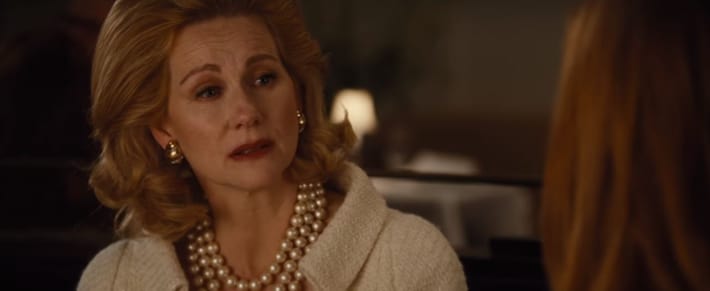
Worst Performance:
I love Laura Linney more than most, but her cameo in Nocturnal Animals is easily the most ri-goddamned-diculous thing I saw all year. Take your cheap shots at Kevin James, he never created a character as brutally embarrassing as this thing - the Dallas hairspray monstrosity, the pearls and lady-suit, the arch, community theater vocal inflections, just so fucking ridiculous.
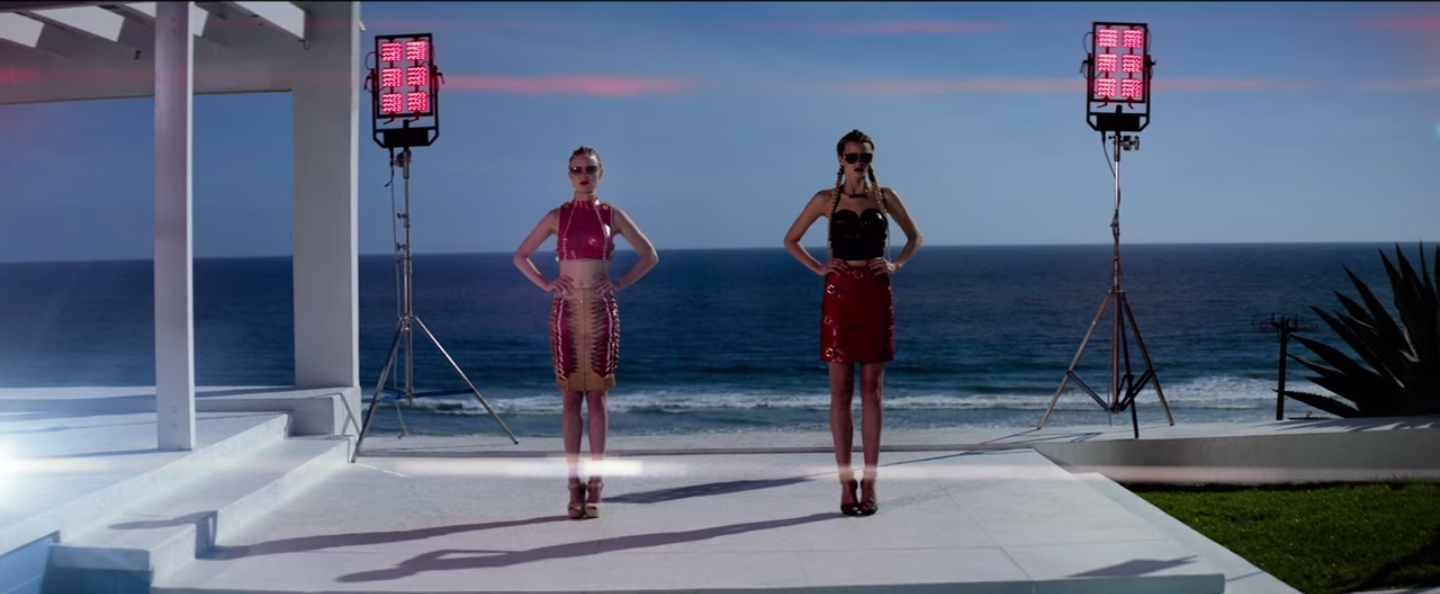
Identity Politics:
Does it matter that a pair of women wrote a script filled with sexually regressive cliches? This is more honest of a question than it might sound. The current political atmosphere is what it is, but Neon Demon loaded itself up with elements that I can see being lambasted if the script had been written by men. The predatory lesbian, the jealous back-stabbing bitches, the naive virgin whose physical beauty is proof of her moral innocence - it is a film built on cliches of the most regressive variety.
The film seems to have the idea of taking these cliches to extremes: what if the predatory lesbian is a necrophiliac and the back-stabbing jealous bitches are cannibals! I suppose it’s natural enough for a film set in the fashion world to have an obsession with clothing and brands and age and physical appearance, even if those elements are themselves reductive cliches about feminine interests.
A generous reading sees this all as self-aware, but it seems to me to be the kind of “post-modern” commentary that never bothers to extend beyond that assertion of self-awareness. It’s a regurgitation of soap opera antics and back-stage back-stabbing and I genuinely wonder how much it should be taken into account that the authors of it are women?
It’s a long conversation, one that at the outset needs to acknowledge the long history of “women’s films” (of soap operas and weepies and back-stage musicals) being dismissed as unworthy of the label “art,” but at some point you have to see the critical reaction to something like Neon Demon (which was mixed-to-negative, to be sure) and wonder if the “meta-textual” hasn’t entirely swallowed the fuckin’, you know, textual at this point.
STANDoUT PERFoRMANCES
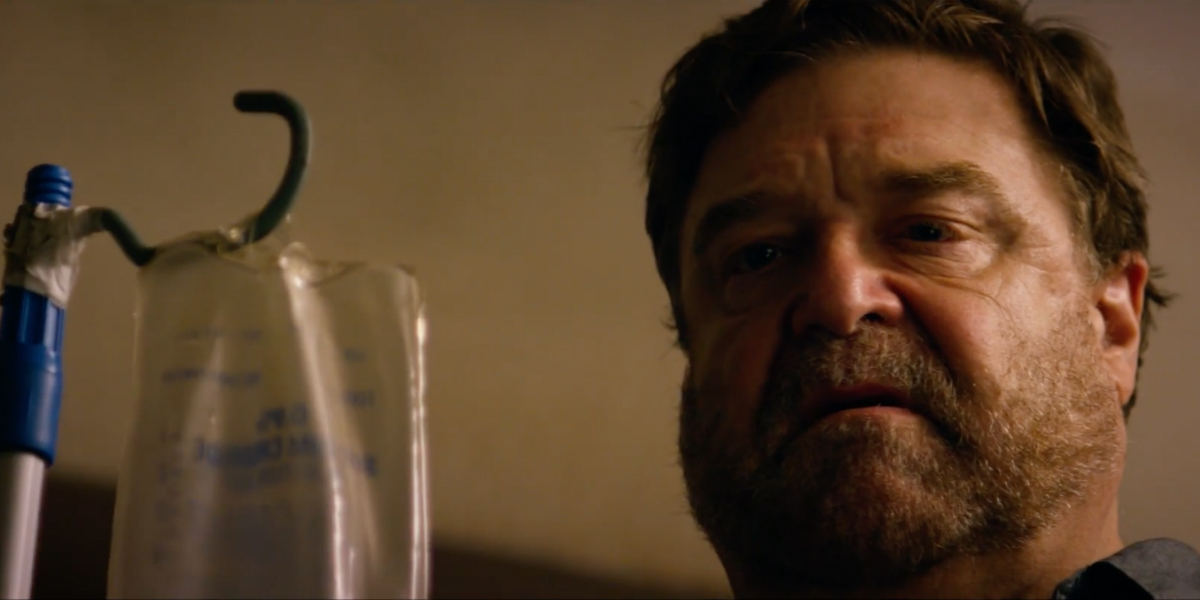
John Goodman. 10 Cloverfield Lane.
Mary Elizabeth Winstead. 10 Cloverfield Lane.
Isabelle Huppert. Things to Come.
Isabelle Huppert. Elle.
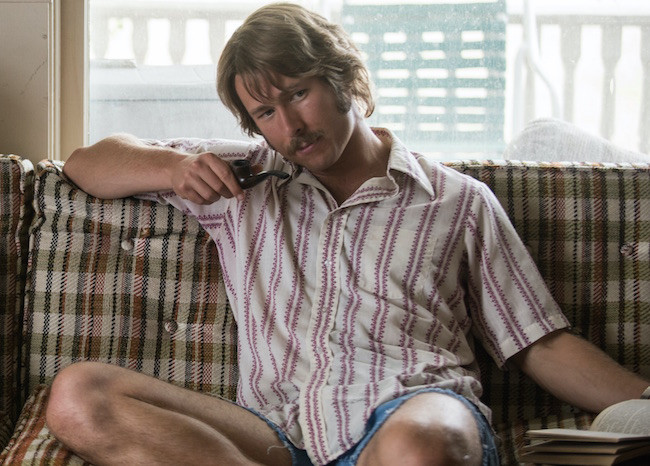
Glen Powell. Everybody Wants Some!!
Jimmy Jean-Louis. The Empty Box.
Quentin Dolmaire. My Golden Days.
Aggeliki Papoulia. The Lobster.

Alice Lowe. Prevenge.
Tom Bennett. Love & Friendship.
David Spade. The Do-Over.
Danny DeVito. Weiner Dog.
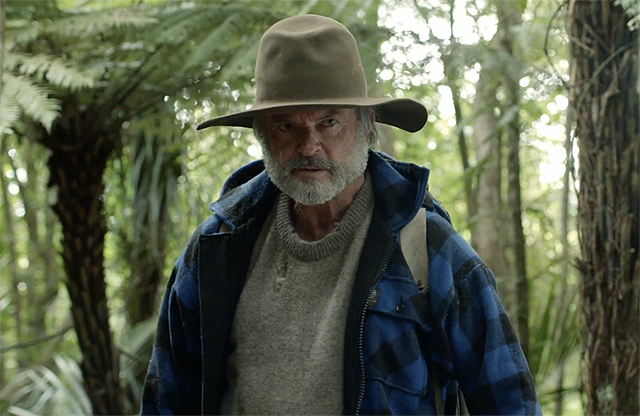
Sam Neill. Hunt for the Wilderpeople.
Abbey Lee. Neon Demon.
Blake Lively. The Shallows.
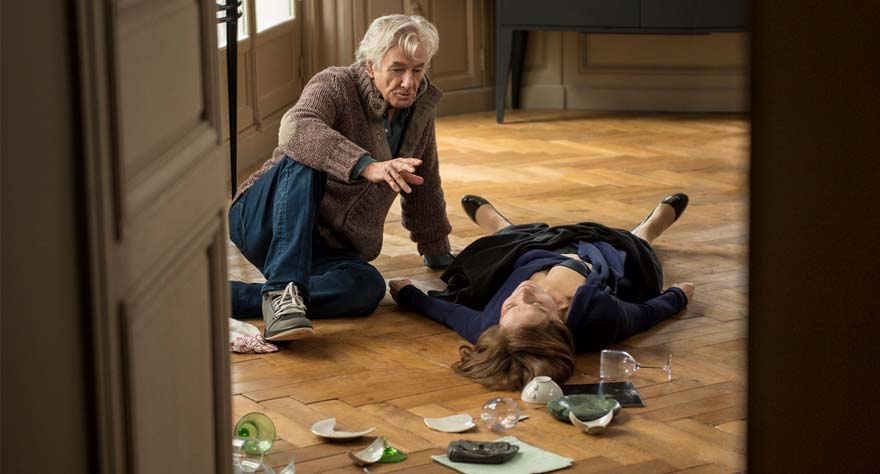
Filmmaker of the year:
Paul Verhoeven (Elle).
PERFORMANCES
OF THE YEAR
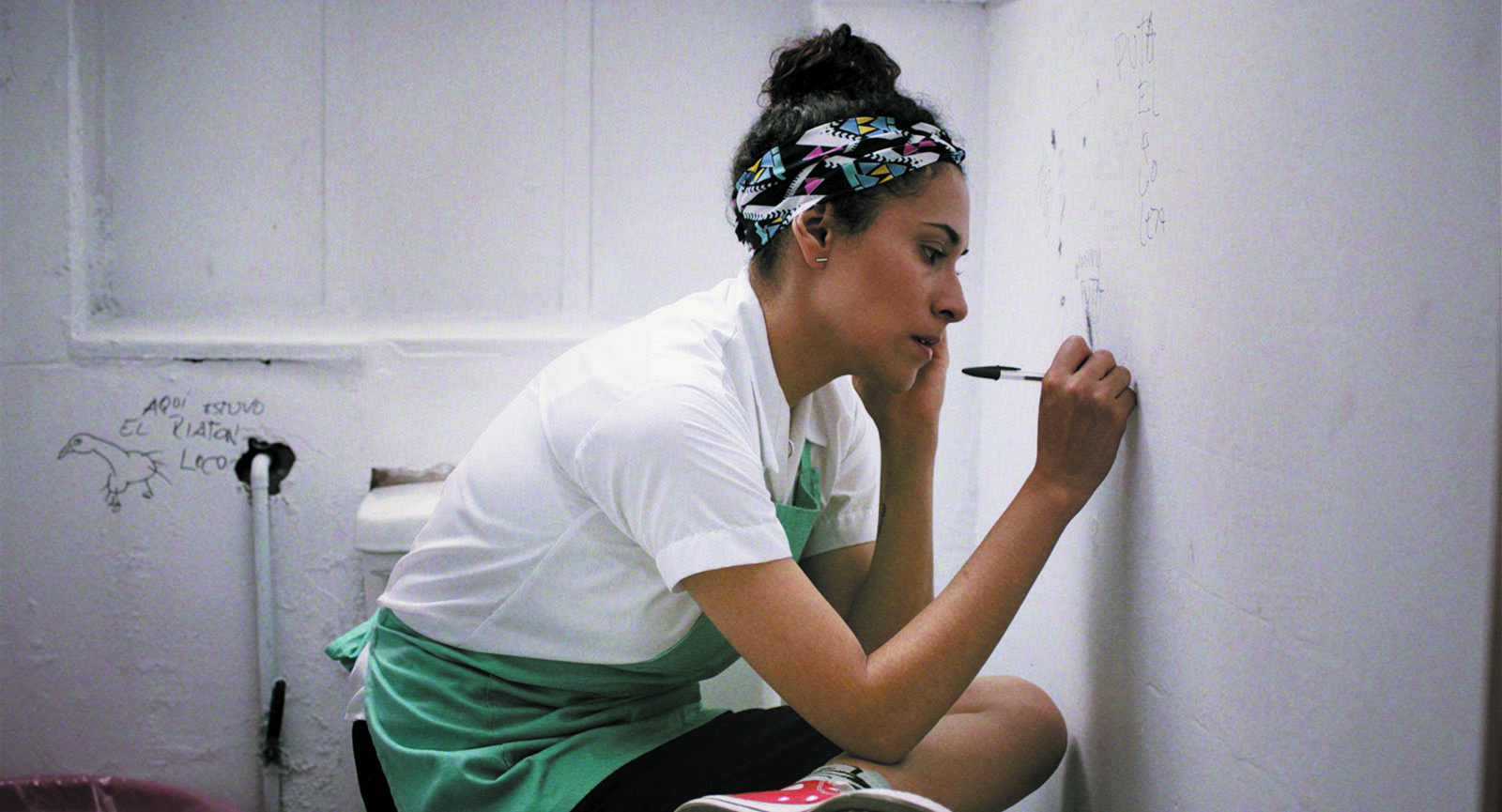
Claudia Sainte-Luce. The Empty Box.
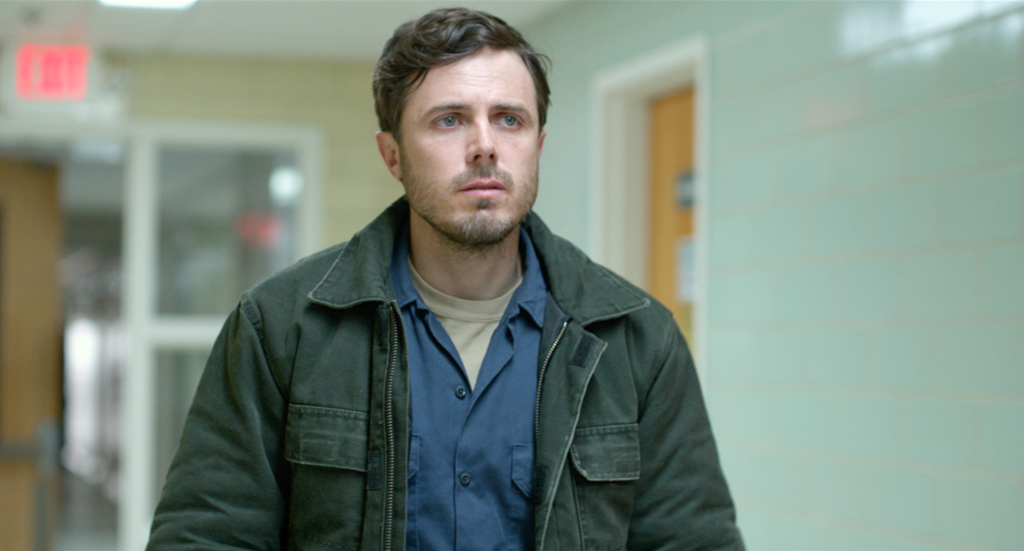
Casey Affleck. Manchester by the Sea.
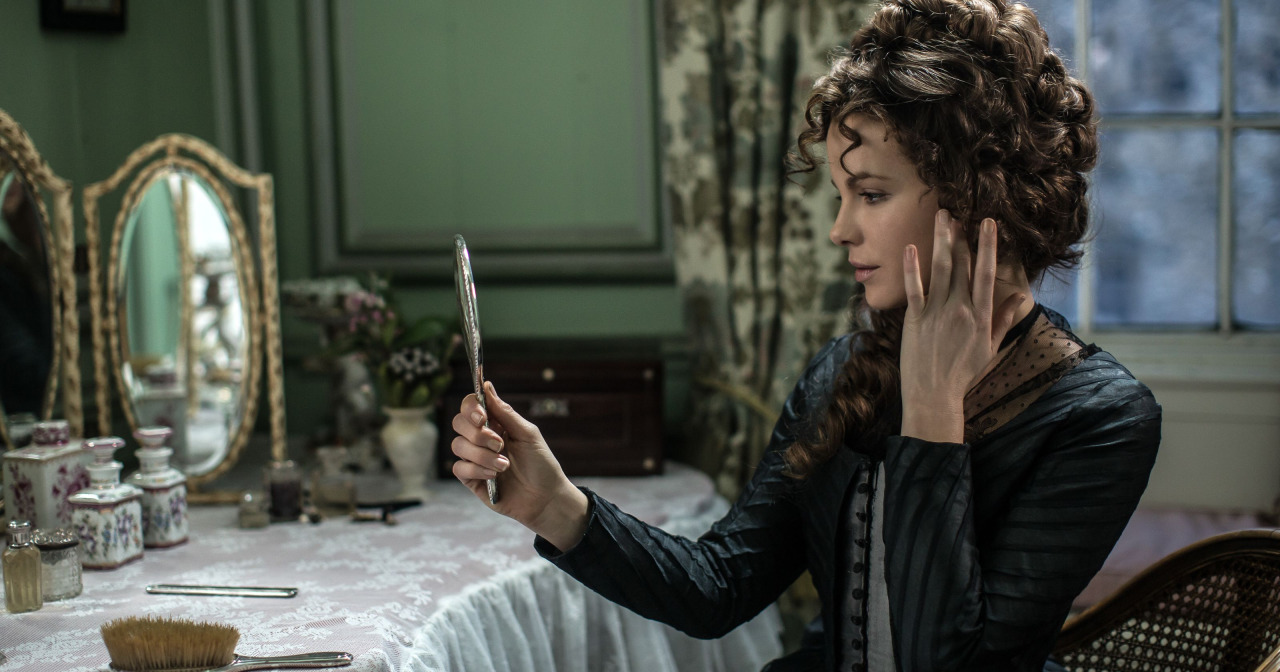
Kate Beckinsale. Love & Friendship.
FAVORiTE MOMENTS
“Your blood will be on my hands.” A warning from the mother of the year. My Golden Days.
“I know I’m not pretty, but why must I be ugly?” My Golden Days.
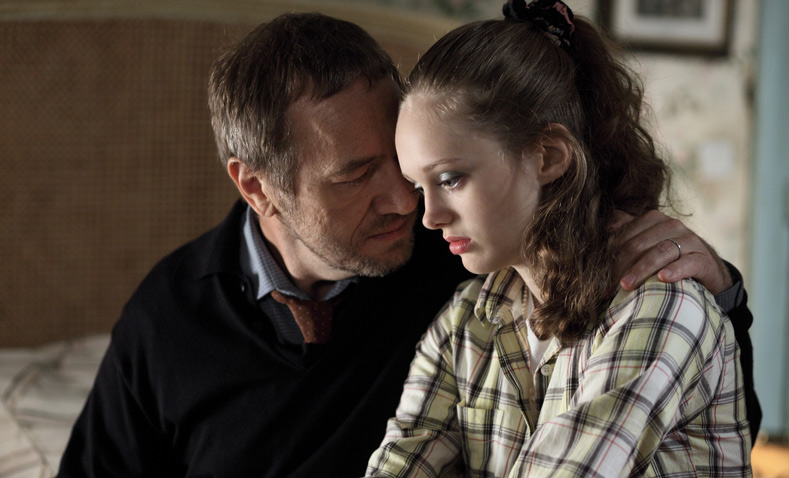
Reassuring the drug dealer that he’s not being cut out of the hash deal and tactfully declining his offer to deal for him to rich kids. My Golden Days.
Love intact. Sorrow intact. Fury intact. My Golden Days.
Kicking a little girl’s shin: proof of true love. The Lobster.
Blood on her foot - this time the violence is not a ruse. The Lobster.
An unsuccessful suicide leap. The Lobster.
Dancing by themselves to electronic music. The Lobster.
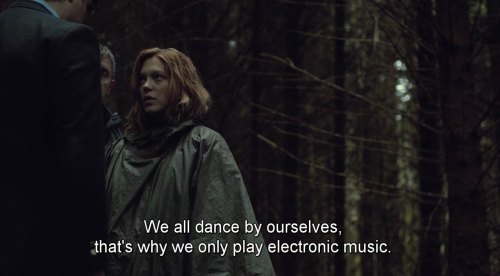
“It’s a kiwi.” The Lobster.
The prodecure: an operating table. a sea creature. a little boy's belly. Evolution.
“What a mistake you made in marrying him. Too old to be governable, too young to die.” Love and Friendship.
The blockhead dancing. Love and Friendship.
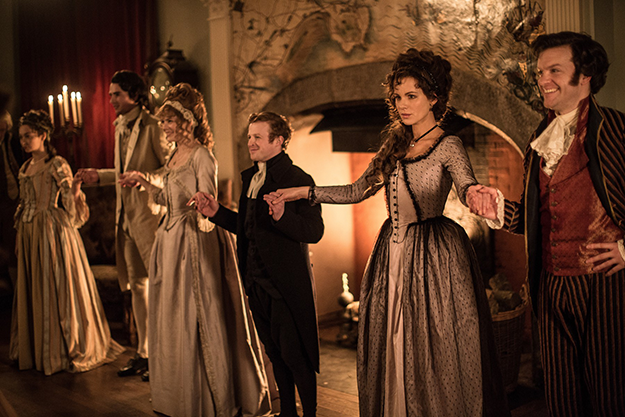
“Little… green… balls! Delightful.” On the subject of peas in Love and Friendship.
“You have pressing business in London.” “Um… yes.” Love and Friendship.
“I had a feeling that the great word ‘respectable' would some day divide us.” Love and Friendship.
“What are these people doing here?” Considering the “regular” students in Everybody Wants Some!!
Unsuccessful telepathic communication. Everybody Wants Some!!
Going to the punk rock club. Everybody Wants Some!!
Freshman batting practice. Everybody Wants Some!!
Keanu scuzzing up Neon Demon. “Some real Lolita shit. Some real Lolita shit.”
Runway auditions leading to a bathroom breakdown - ironically, Abbey Lee steals the Neon Demon and never gives it back.
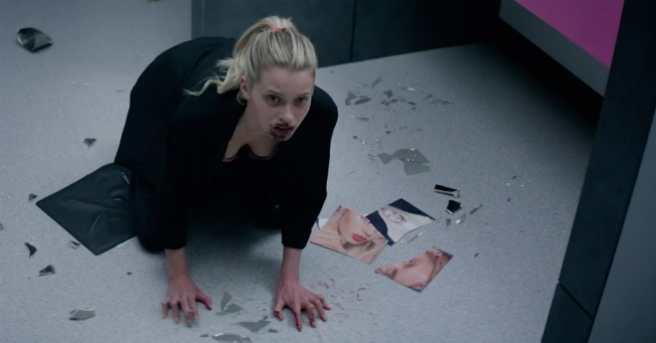
Elle confirms that I really don’t think I ever want to go to a dinner party at a fancy European estate.
“Show me your dick.” Is this revenge? Or an idle impression of it? Elle.
“I didn’t expect you to save me, but you could have at least tried to claw his eyes out.” Cats don’t make good protectors. Elle.
Sunny Leone discussing her mom’s death is extremely memorable, even if the film doesn’t exactly do anything with it. Mostly Sunny.
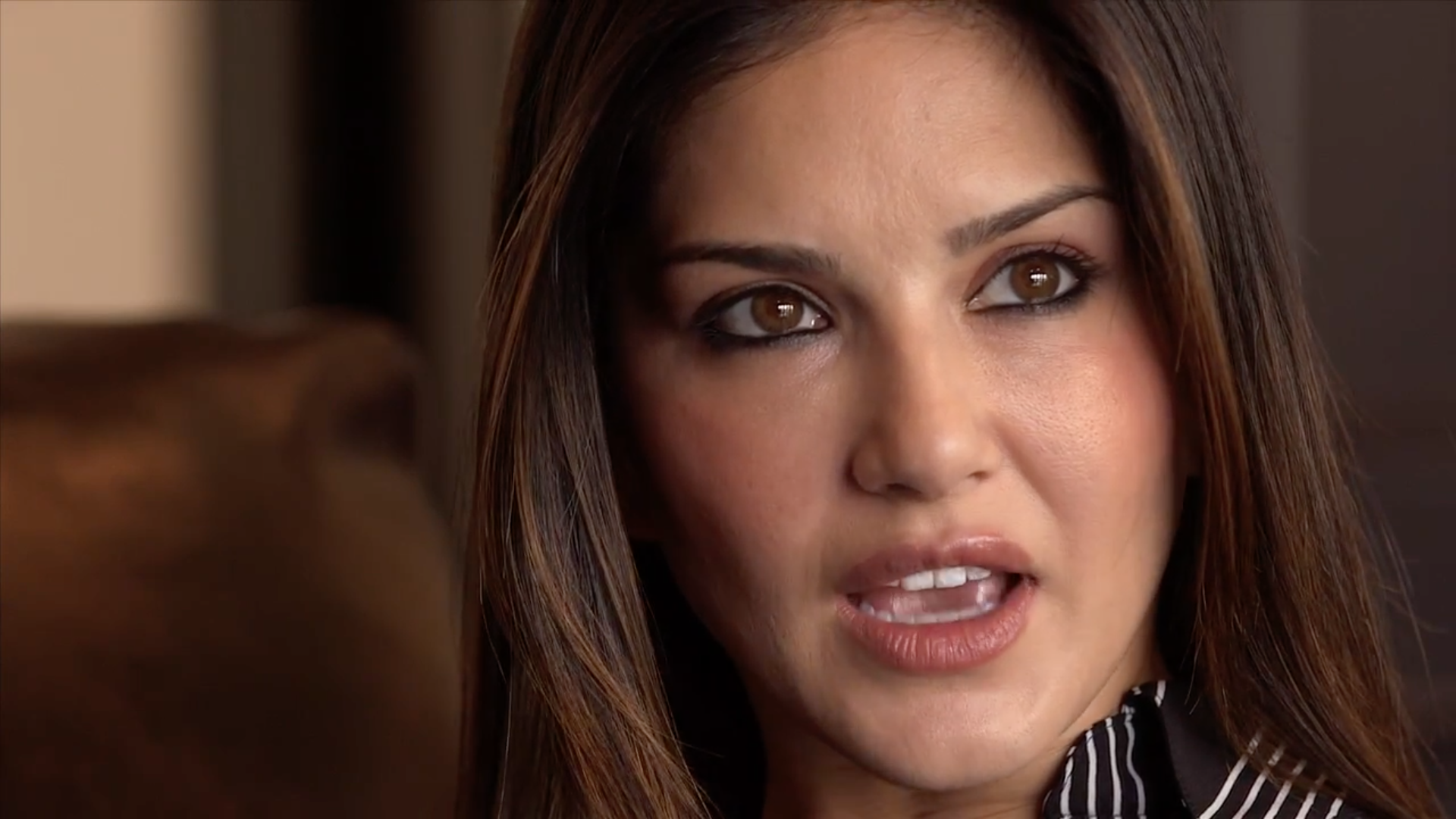
Similarly, the one daughter who seems just slightly out of step with her family in the big-game “hunting” documentary Safari is a very memorable character that gets left alone by the film in a frustrating way. “Hunter’s heil.” “Hunter’s thanks.”
Kiyoshi Kurosawa’s Daguerrotype didn’t work for me, but there are great moments throughout: the eerie & gorgeous greenhouse after it has been poisoned by mercury, the model limply passed out on the posing rack, the should-be fatal tumble down the stairs.
C’mon, you kidding me? The airport battle royale in Captain America: Civil War…
…specifically: everything with Spiderman and also Ant-Man getting HUGE.
But the best donnybrook of the year was actually the jaw-dropping prison riot in Killzone 2.
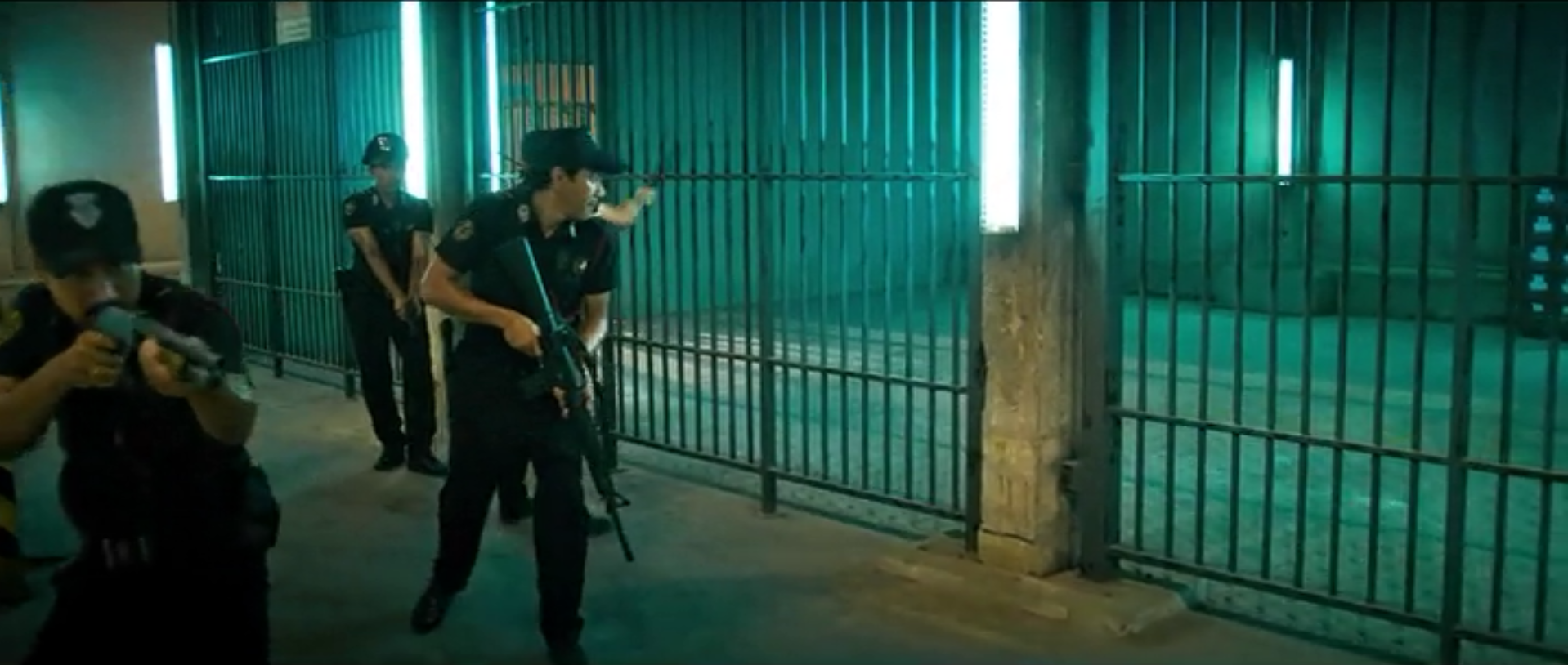
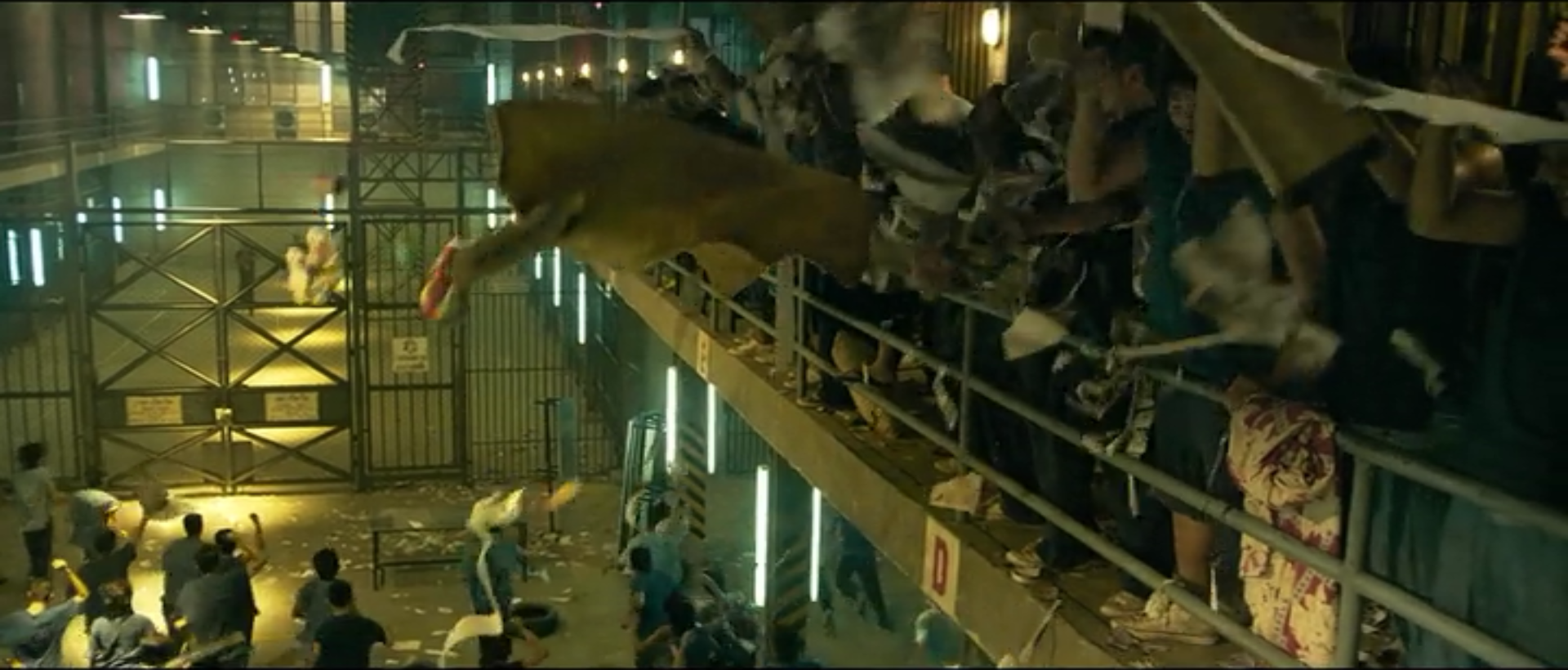
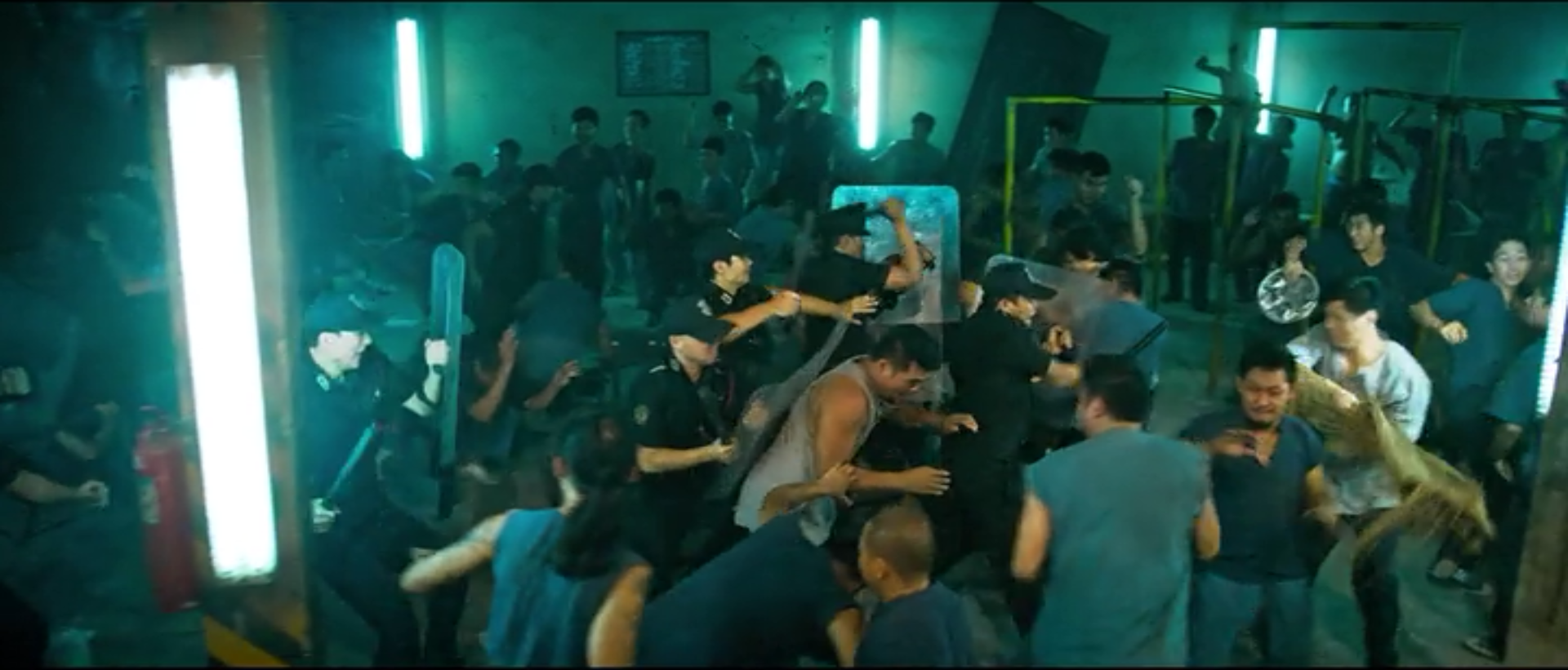
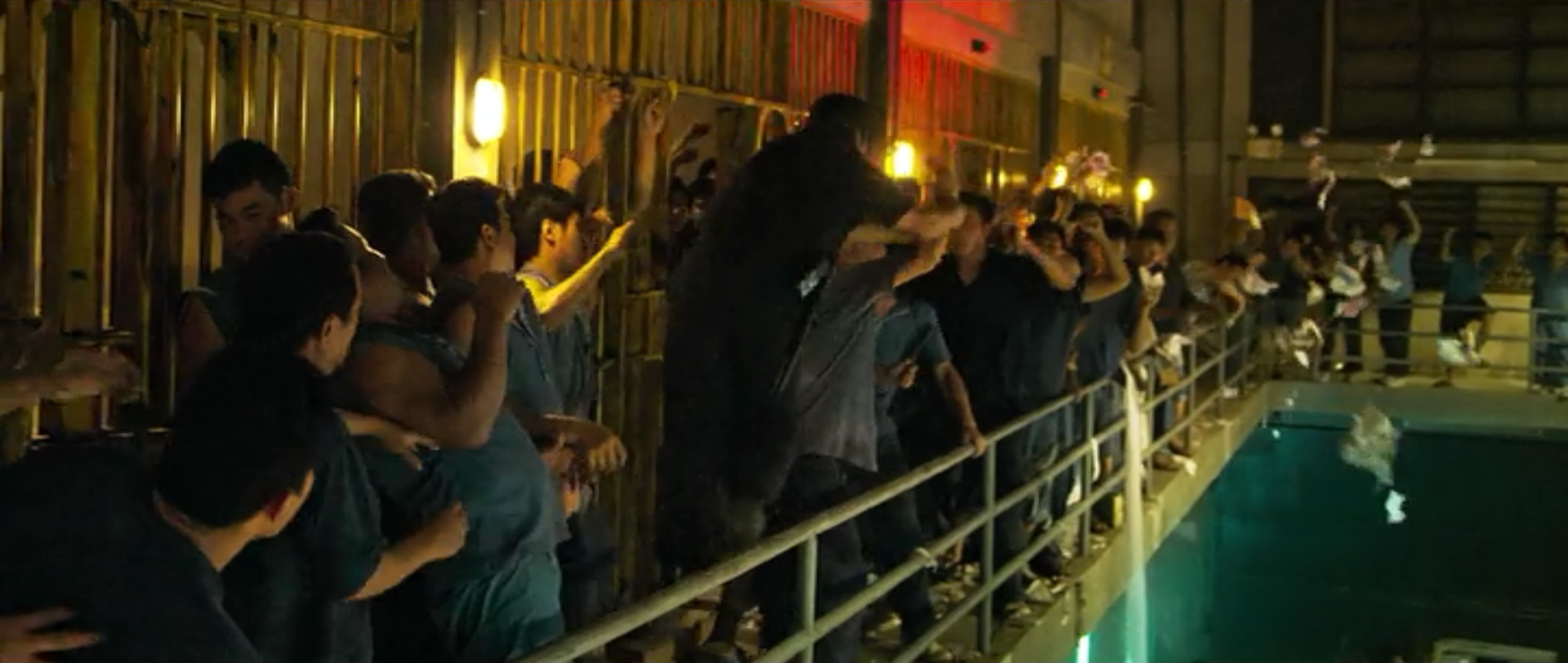
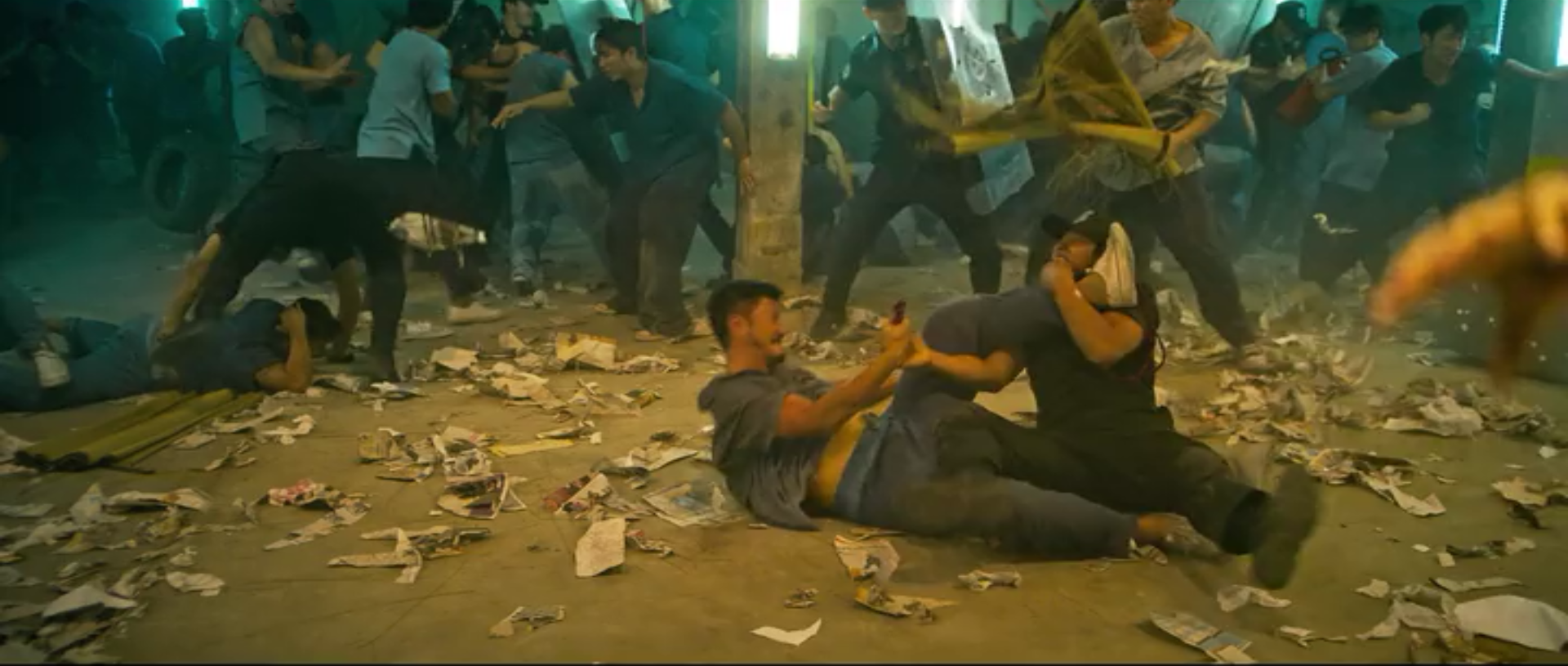
The terror of tiny town: navigating the vole world without destroying it. Zootopia.
The welcome presence of Tim Meadows and a slew of Tony, Toni, Tone jokes. Popstar.
Kiv’s barely contained rage as he claps after Connor thanks “Me, myself and I” while winning a Poppy. Popstar.
If I’m understanding things correctly, Jesus is not the Burger Ring door or the Fanta door? Hunt for the Wilderpeople.
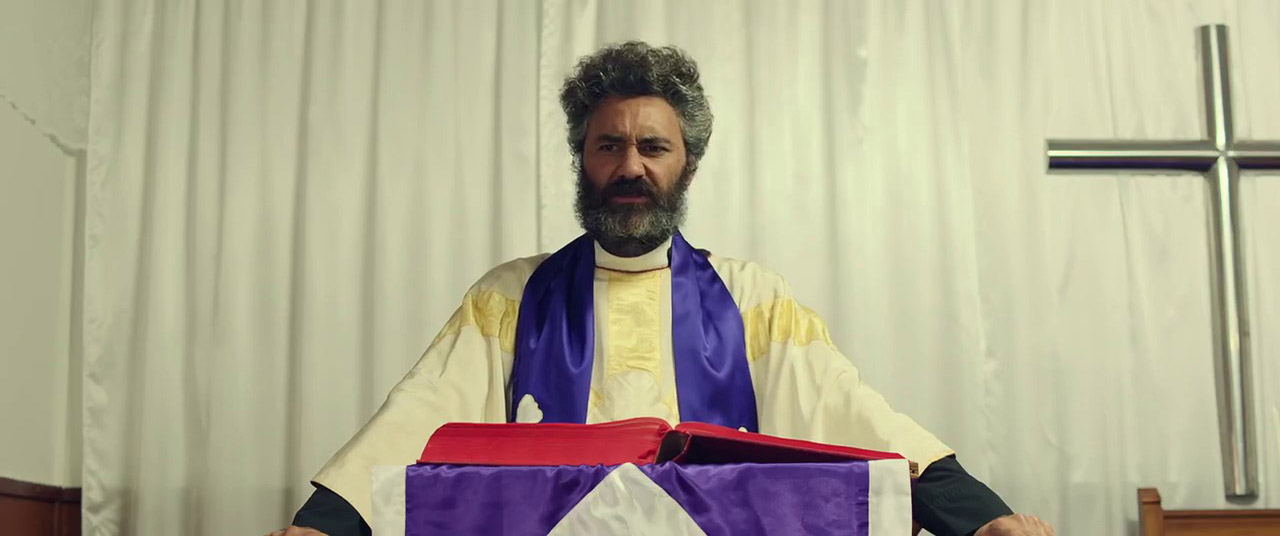
“I was trying to tell you, it’s just like Lord of the Rings!” Hunt for the Wilderpeople.
Jet packs would be the fastest way out of there. As always, Rhys Darby is a delight. Hunt for the Wilderpeople.
A car comes crashing straight through the hillside house. The Nice Guys opens with a bang.
“Throw me the gun!” The Nice Guys.
A drunken tumble off the balcony. The Nice Guys.
A little girl gets chucked through a window - don’t let the quips fool you: there’s real danger in this film. The Nice Guys.
I thought I was 100% out on the new Spiderman franchise, but damn if Tom Holland & the Russos didn’t do it: I’m back in. All in. Civil War.
Steven Seagull. The Shallows.
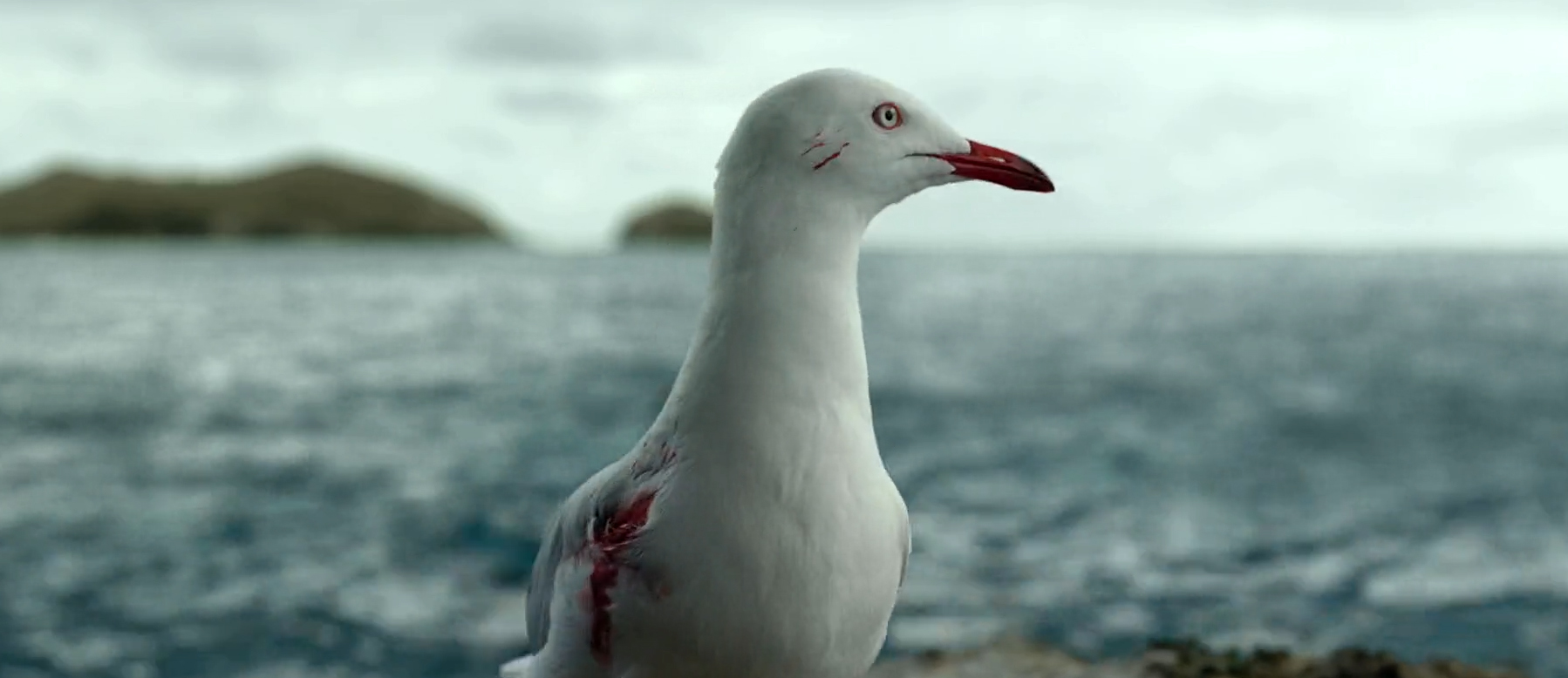
Both of the meetings about the book re-designs are so infuriating. Of course they don't fluster Huppert's character. Things to Come.
And sure, the cat is going to run away if you let it loose in the French countryside. Things to Come.
A slow-dance with a baby at a Christmas dinner, the family in the other room. Things to Come.
Armored S.W.A.T. van crushes the Las Vegas strip. Jason Bourne.
He doesn’t work in a grocery store, he works in a bank inside a grocery store. The Do-Over.
Really all of David Spade’s miserable home-life, from his wife being excited to take a dog to her spa weekend instead of him to kids jerkin’ it in their bunk-beds. Life is pretty awful if you bother to think about it. The Do-Over.
Kung-fu Panda 3: wuxia-pian in the spirit realm.
This is a true story: in real life, they don’t know why the mud wasn’t bubbling out when the pressure was so high. It’s why the manslaughter charges against the BP execs got dropped. Deepwater Horizon.
Also, being in a cramped shower-stall when the shit goes down is my living nightmare. Deepwater Horizon.
A plane to plane raid of a cargo hold that somehow results in a tank battle in a river. TMNT 2: Out of the Shadows.
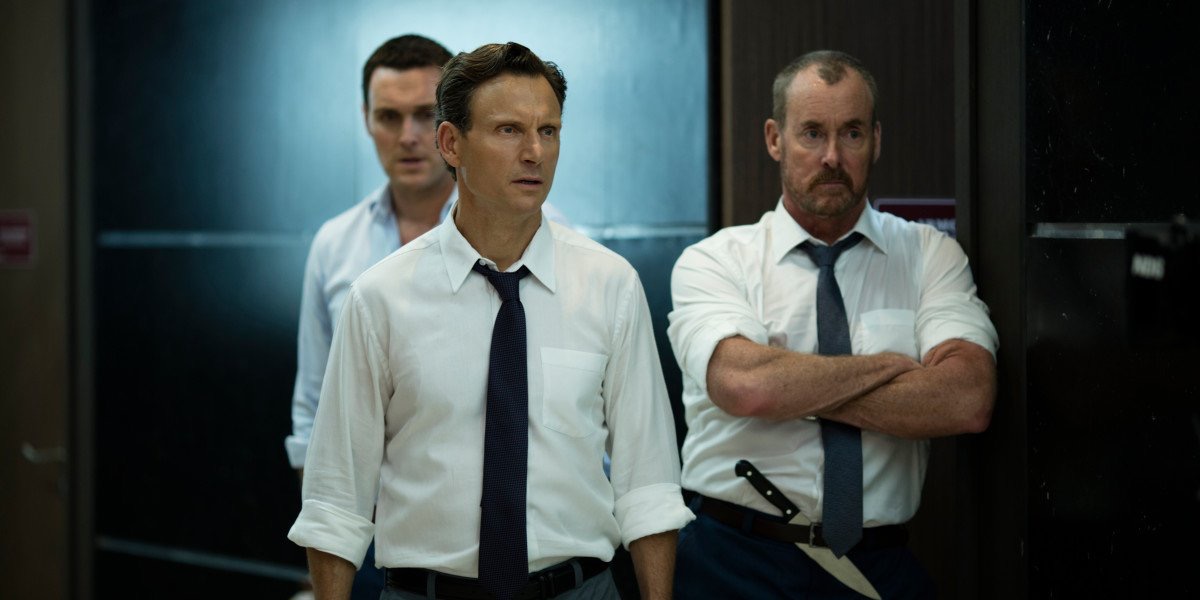
John C. McGinley plays the rampaging, psychotic version of his Office Space character. The Belko Experiment.
Don’t drink the bottled water - there’s hallucinogens in it! The Belko Experiment.
There are enough interesting touches in The Bad Batch to make you wish the movie was any good whatsoever: the neon boom box mobile DJ booth, posing in the mirror with a phantom limb from a magazine ad, Jim Carrey’s performance, Keanu as a cult leader. But it’s not a good film and the cool touches are just that: empty cool.
The initial ascent into the anti-gravity plane of the pod is really neat-o. Arrival.
The pop-up book end credits. The Jungle Book.

The way King Louie’s hair is fused with the ground and gets torn out as he stands after years of idleness. The Jungle Book.
Hiding in the playground at midnight during a rainstorm…
…and searching for the lost lottery tickets After the Storm.
Shaking down high school kids for quick cash. After the Storm.
An unexpected visit from dad in the restaurant’s bathroom (during mom’s date.) After the Storm.
All of the shit with the Stallone impersonator in The Bleeder is gold.
Big bro does not give a shit that Rocky, a movie you had nothing to fuckin’ do with, won Best Picture. The Bleeder.
James Baldwin debates a “Harvard Philosophy professor” on the Dick Cavett show. I am Not Your Negro.
I could give a shit about pastiche, but "No Dames!" is a great excuse to see Channing Tatum dance and that’s always welcome. Hail, Caesar!
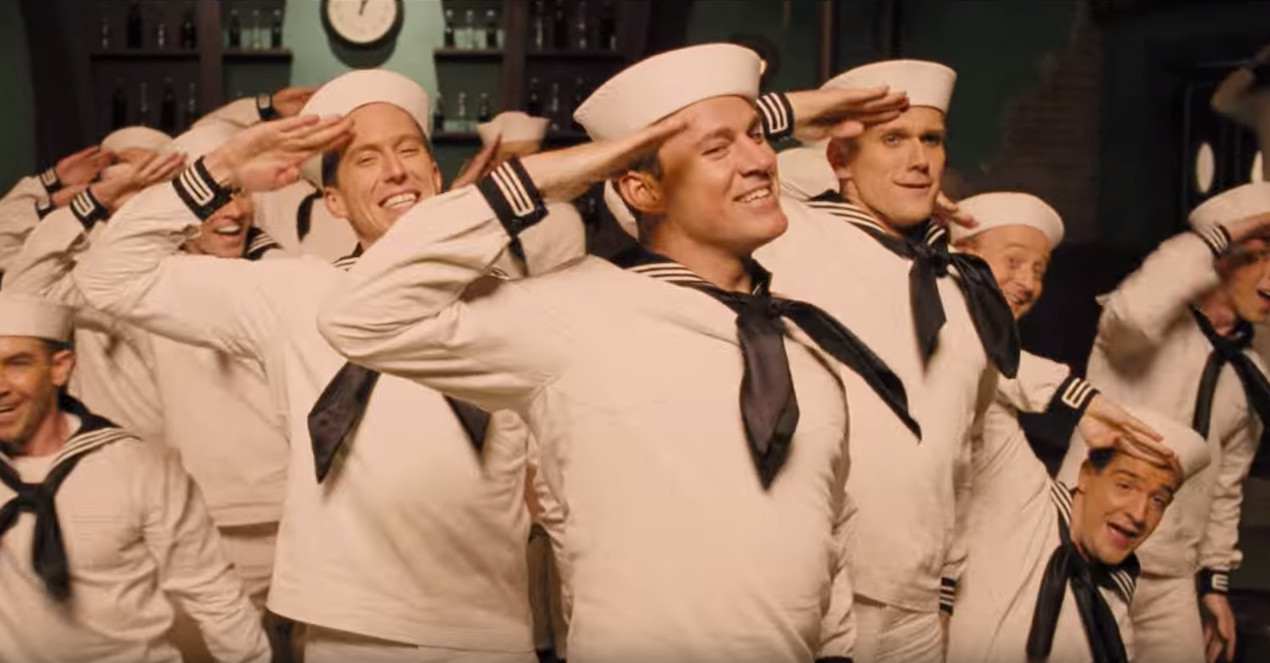
“Did you want to have children?” Taking advantage of dementia. The Empty Box.
An earthquake interrupts the other natural disasters in her life. The Empty Box.
“Go away and leave me alone.” The meet-cute ends with delightful mean-spiritedness. Those chips she eats the whole movie are so fucking gross though. The Empty Box.
A connection on the beach. Moonlight.
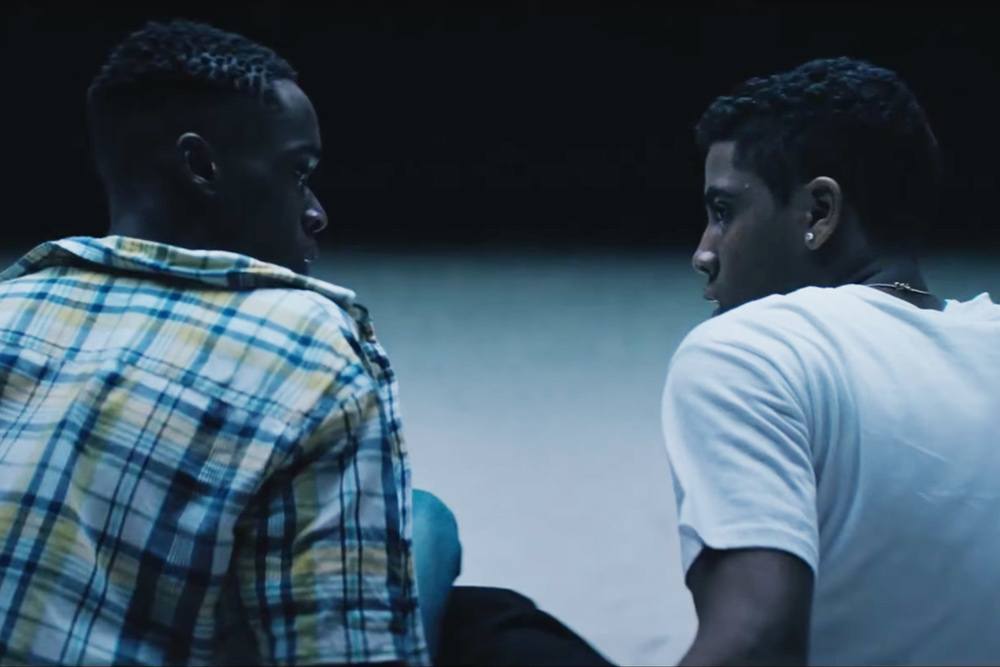
“His name was Josh.” “Yeah, you’ve got a point, there.” Prevenge.
“Weekend sport isn’t a substitute for a personality, is it?” Prevenge.
Summoning The Furies. Prevenge.
Utterly separate wavelengths during a karaoke session. Awkward politeness ensues. The Woman Who Left.
Going to the beach after the funeral. Our Little Sister.
A bike ride under the cherry blossoms. Our Little Sister.
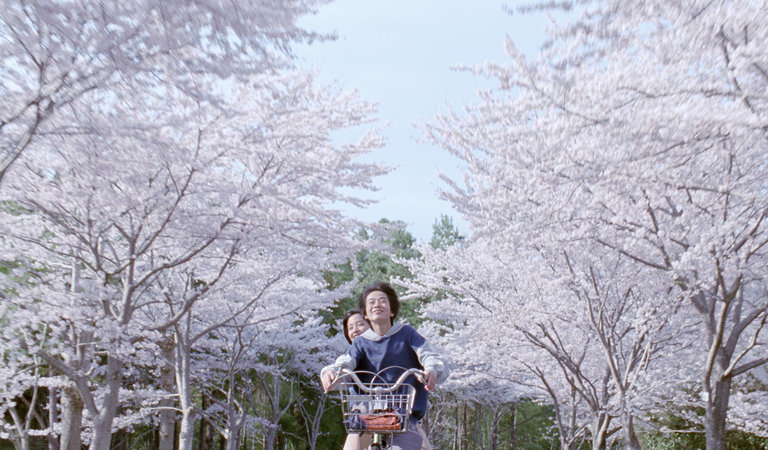
“Am I supposed to tell you to use a condom or something?” Manchester by the Sea.
“Am I burning, daddy?” I wouldn’t be able to sleep either. Manchester by the Sea.
A visit to the estranged mom and the letter from her new husband that follows. Manchester by the Sea.
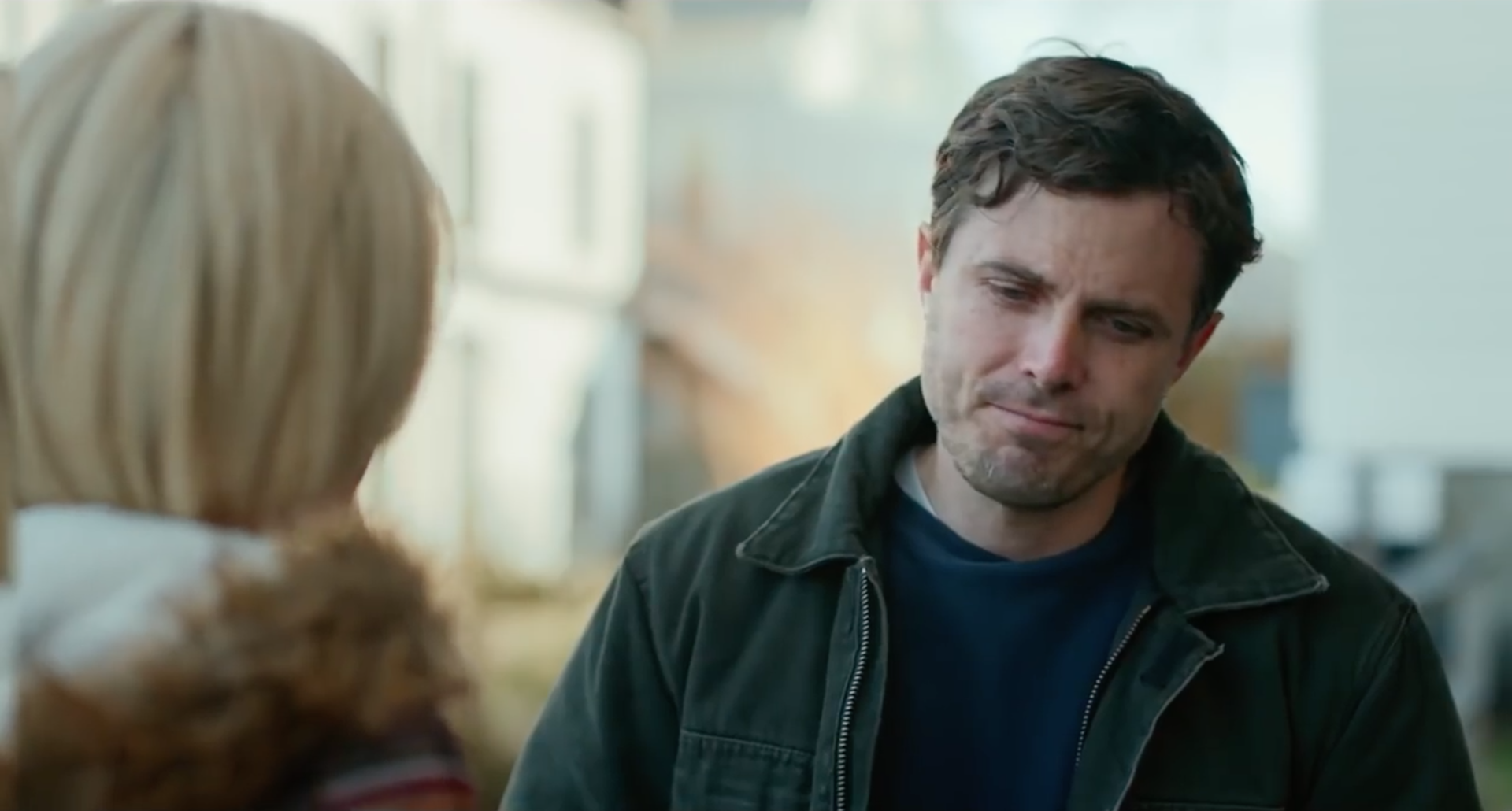
Heart-breaking Moment of the year:
“I can’t beat this thing. I can’t beat it. There’s nothing there.” Manchester by the Sea.
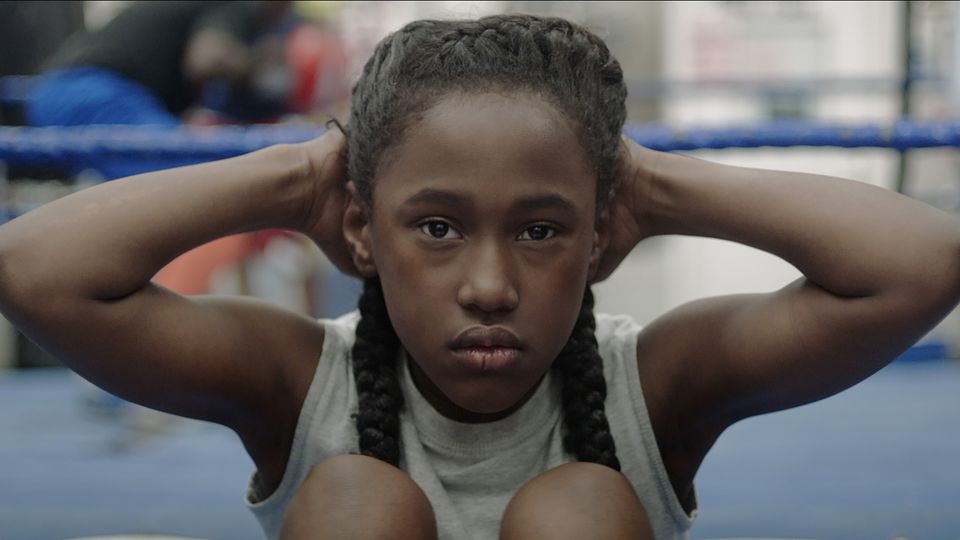
ViRTURES & IGNOMiNiES:
john cribbs.
The "Local Hero Award" for most Overrated Underrated Movie:
American Honey.
The "Jeremy Irons in Dungeons and Dragons Award" for giving it your all, even though you probably shouldn't have:
Karl Urban in Pete's Dragon.
Most unnecessary remake:
Ben-Hur (you're welcome, Ghostbusters.)
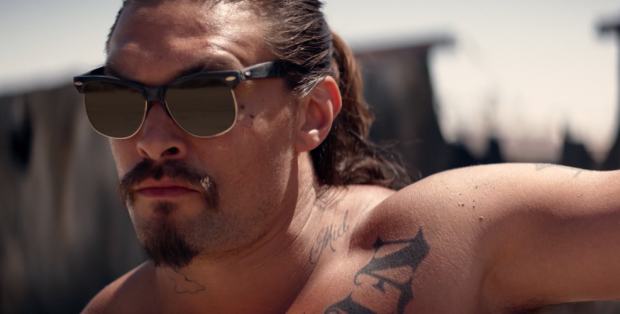
Biggest disappointment:
The Bad Batch.
No!:
Jackie.
Best villain:
Lady Susan Vernon, Love & Friendship
Best movie shout out:
Stand By Me, as a last-day-as-a-human movie selection in The Lobster.
runner-up:
Movie night means Island of Lost Souls in Paterson.
Most horrible death:
Keith David's Old Guy doesn't make it to the pool in The Nice Guys.
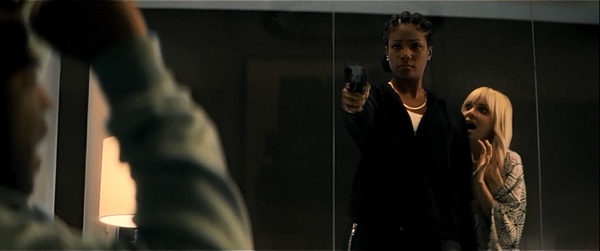
Most shocking death:
Anna Faris in Keanu.
Stupidest death:
Magneto's wife and daughter killed by one accidental arrow in X-Men: Apocalypse.
Review of a movie that can be summed up in a single word:
"Martha!" Batman v Superman: Dawn of Justice.
MAD Magazine movie parodies we'd like to see:
Finding Snorey (note: "Borey" also accepted), The Shallow, Free State of Groans, The Neon Lemon, Captain Fantast-Ecch!
The "Alan Dean Foster Award" for Movie I'd Like to Read the Novelization Of:
USS Indianapolis: Men of Courage.
The Monkey Cometh: Bafflingly Overrated:
The VVitch
Hail, Caesar!
Zootopia
Hell or High Water
Midnight Special
Green Room
La La Land
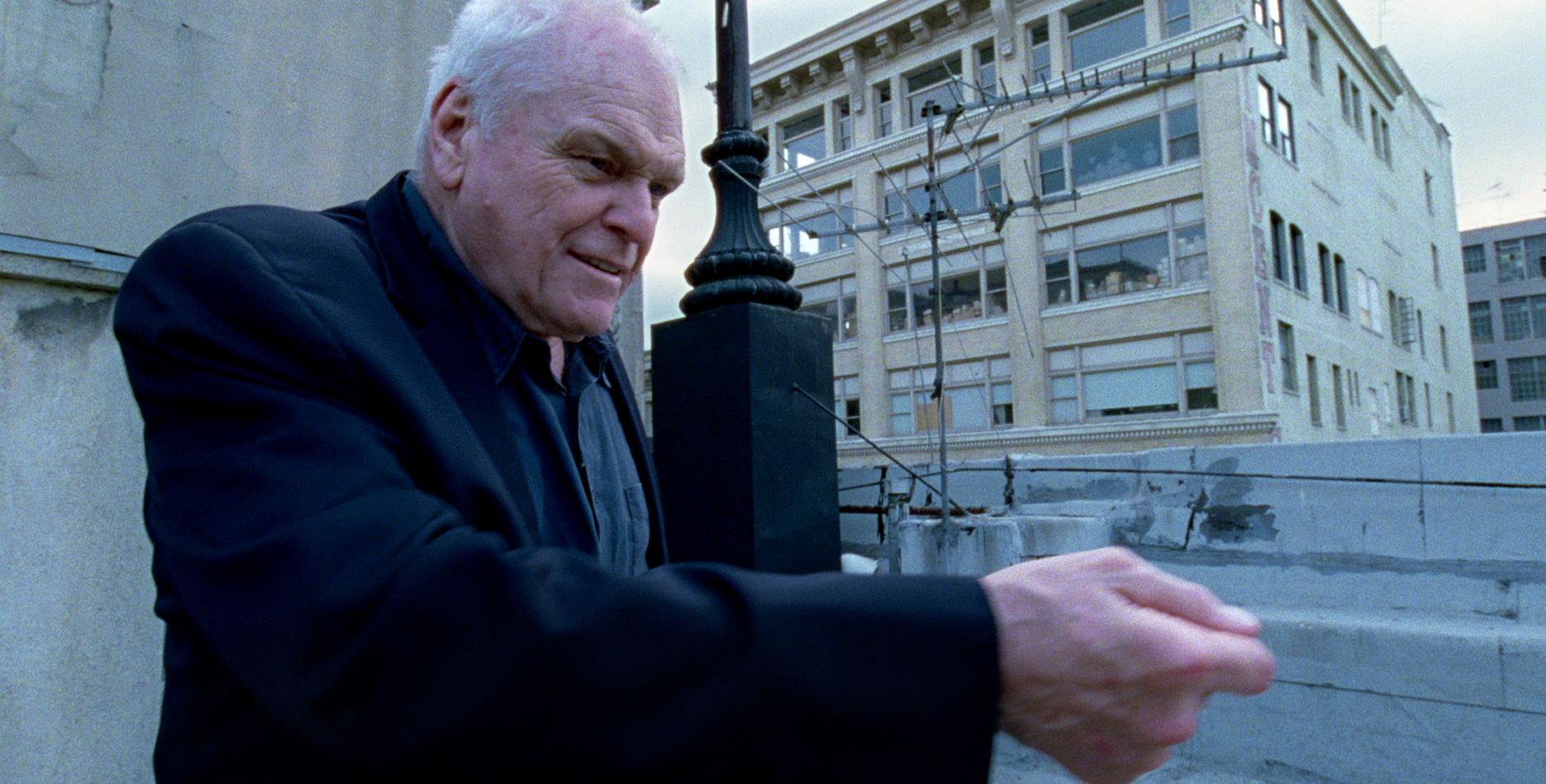
I think this would have been a good performance, had I been allowed to watch any of it:
Brian Dennehy in Knight of Cups.
Most disappointingly un-Nicolas Cage performance in a movie:
Nicolas Cage in Snowden.
Incorrect use of a badass martial arts icon #1:
Michelle Yeoh sees Jessica Alba is in trouble so she... runs to get Jason Statham? Get the fuck out of here, Mechanic: Resurrection!
Incorrect use of a badass martial arts icon #2:
I know you're just a DTV sequel, Hard Target 2, but why have JeeJa Yanin cameo only to do nothing cool and get laid out by Scott Adkins? Don't waste JeeJa Yanin's time!
Most frustrating exclusions from my 2016 round-up (due to my having not seen them yet):
Toni Erdmann
Things to Come
Certain Women
FAVORiTE MOMENTS
Ricky Baker's "Kingi, you wanker" haiku. Hunt for the Wilderpeople.
"You would think Jesus." Taika Waititi immediately takes the sting out of the unexpected tragedy by eulogizing as the minister in Hunt for the Wilderpeople.
"It was a relaxing song... and a relaxing sausage." Hunt for the Wilderpeople.
Nicholas's notebook in Evolution: how does he know these images?
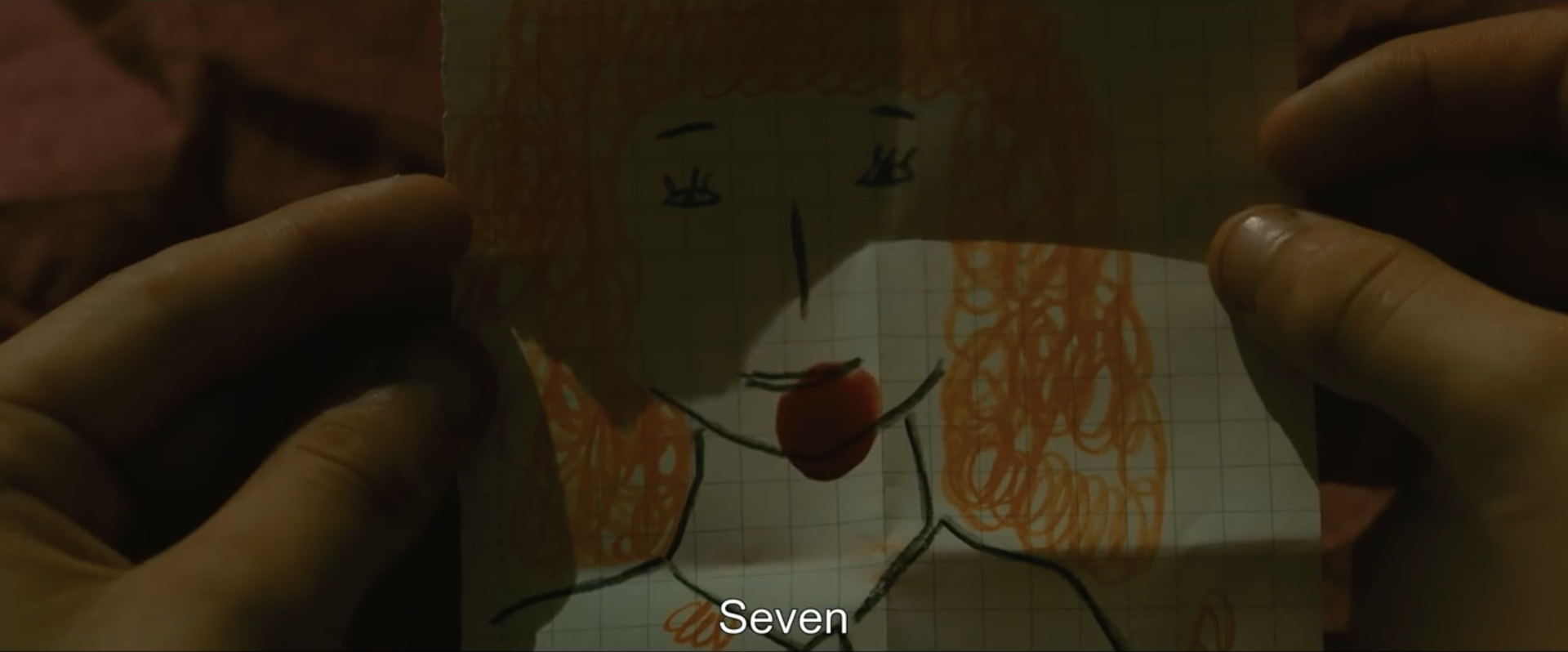
Safe atop a whale carcass: The Shallows.
Hiding out inside a frozen whale carcass: Kubo and the Two Strings.
Monkey duels with Karasu on the deck of the leaf-boat that's falling apart in the storm while Beetle dives below to save Kubo from the Garden of Eyes. Awesomeness overload in Kubo and the Two Strings.
"He went on raping - squirrels, even." Julie Delphy's story of the backwoods dog. Wiener Dog.
Jyn blasts a K-2SO lookalike in front of K-2SO. "Did you know that wasn't me??" Rogue One.
There's Pete Ward, pretending to paint that house. Everybody Wants Some!!
"Too philosophical for this shit..." Batting practice in Everybody Wants Some!!
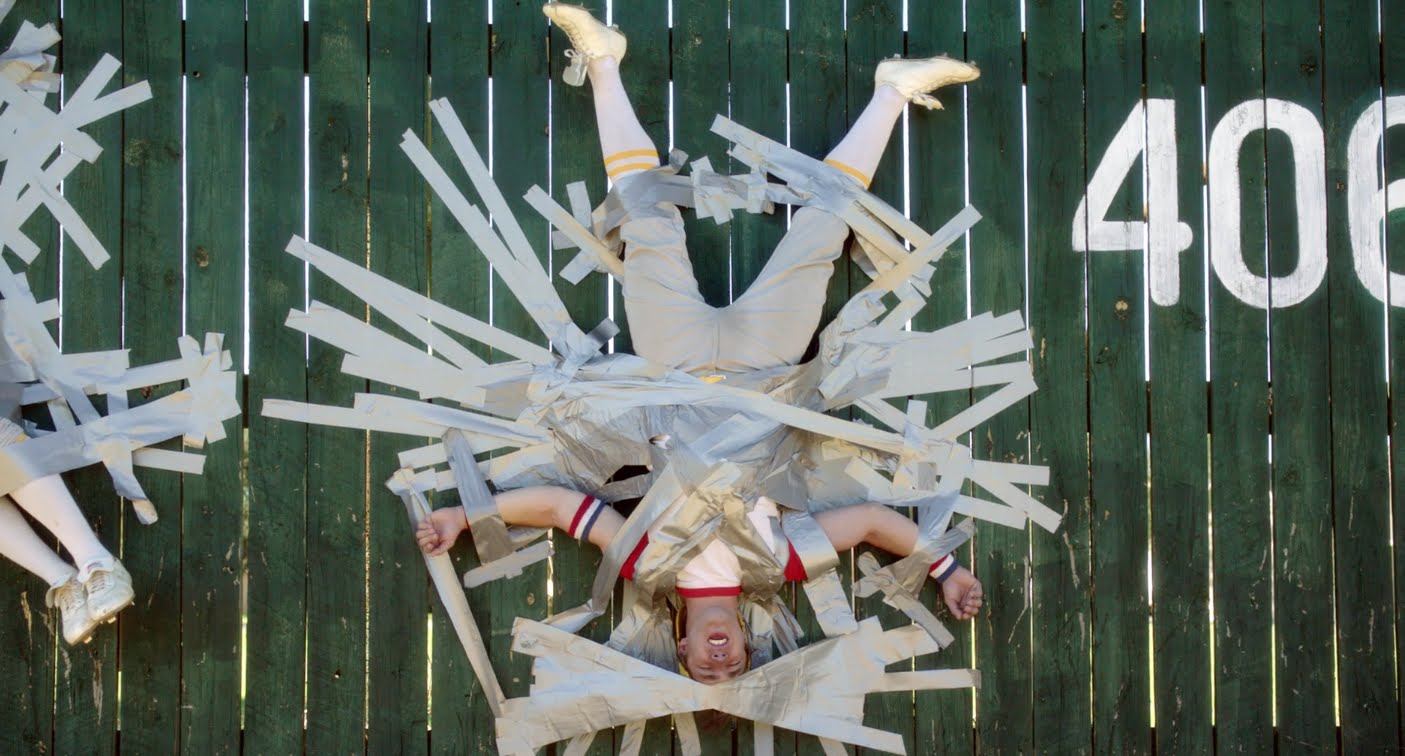
Lady Susan has so many amazing lines in Love & Friendship, it's hard to pick just one. But I'll go with: "I wanted her to be delighted with me, but I didn't succeed. It's true I've always detested her and that before her marriage, I went to great lengths to prevent it. Yet it shows an illiberal spirit to resent for long a plan which didn't succeed.".
Sir James Martin (a bit of a rattle) discusses which two commandments could be eliminated. Love & Friendship.
Clara can't help but take a second peak at the gross orgy going on in the apartment above her. Aquaris.
Toaster torture. The Lobster.
Shooting practice. "It's no coincidence that the targets are shaped like single people and not couples." The Lobster.
Choking on an olive in the hot tub. The Lobster.
"What color is your car?" Think about it while you're falling 100 feet over this sea of fire. Deepwater Horizon.
A correlation between generosity and guilt: Alfre Woodard's angry grieving mother sets the tone for Captain America: Civil War.
How about Jemaine Clement as a singing, treasure-loving crab in Moana? Accepted.
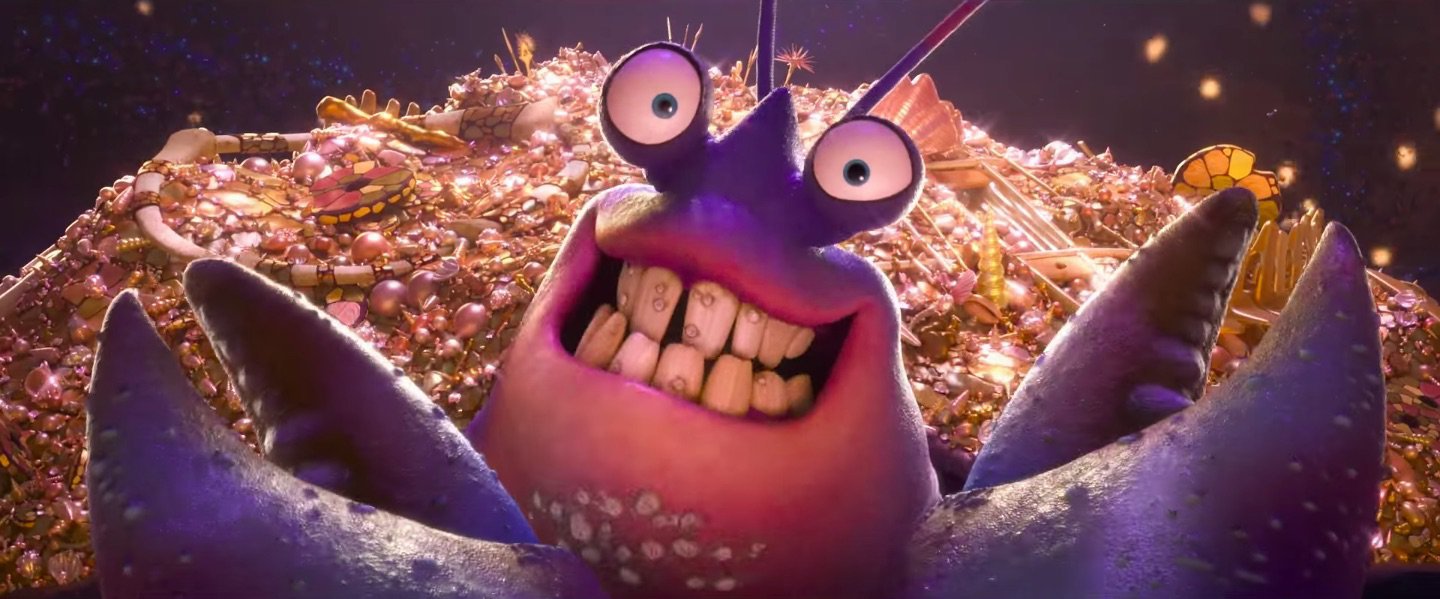
How about Barry Shabaka Henley in a Jim Jarmusch movie? Graciously accepted.
Is Masatoshi Nagase playing an older version of his Mystery Train character at the end of Paterson? I prefer to assume he is.
The less than spectacular hold-up in the bar. Paterson.
Turns out neither of the two guys on the bus sealed the deal with their respective ladies. Paterson.
"How long has Fred been missing?" "Since the funeral." "Well, I can start right away." The Nice Guys.
"Don't say n'stuff. Just say, 'Dad, there are whores here.'" The Nice Guys.
Holly comforts a mangled Blue Face after he's been creamed by a car, even though the reason he got hit was that he was trying to kill her. The Nice Guys.
You didn't know cars could drive themselves? Where you been, man? The Nice Guys. (Incidentally, had Nice Guys been a hit, I'd like to think we'd have gotten a 'Bumble' spin-off movie.)
"Shame isn’t a strong enough emotion to stop us doing anything at all." Elle.
Best ending:
Toni finally gets The Fits.
~ FEBRUARY 21, 2017 ~
